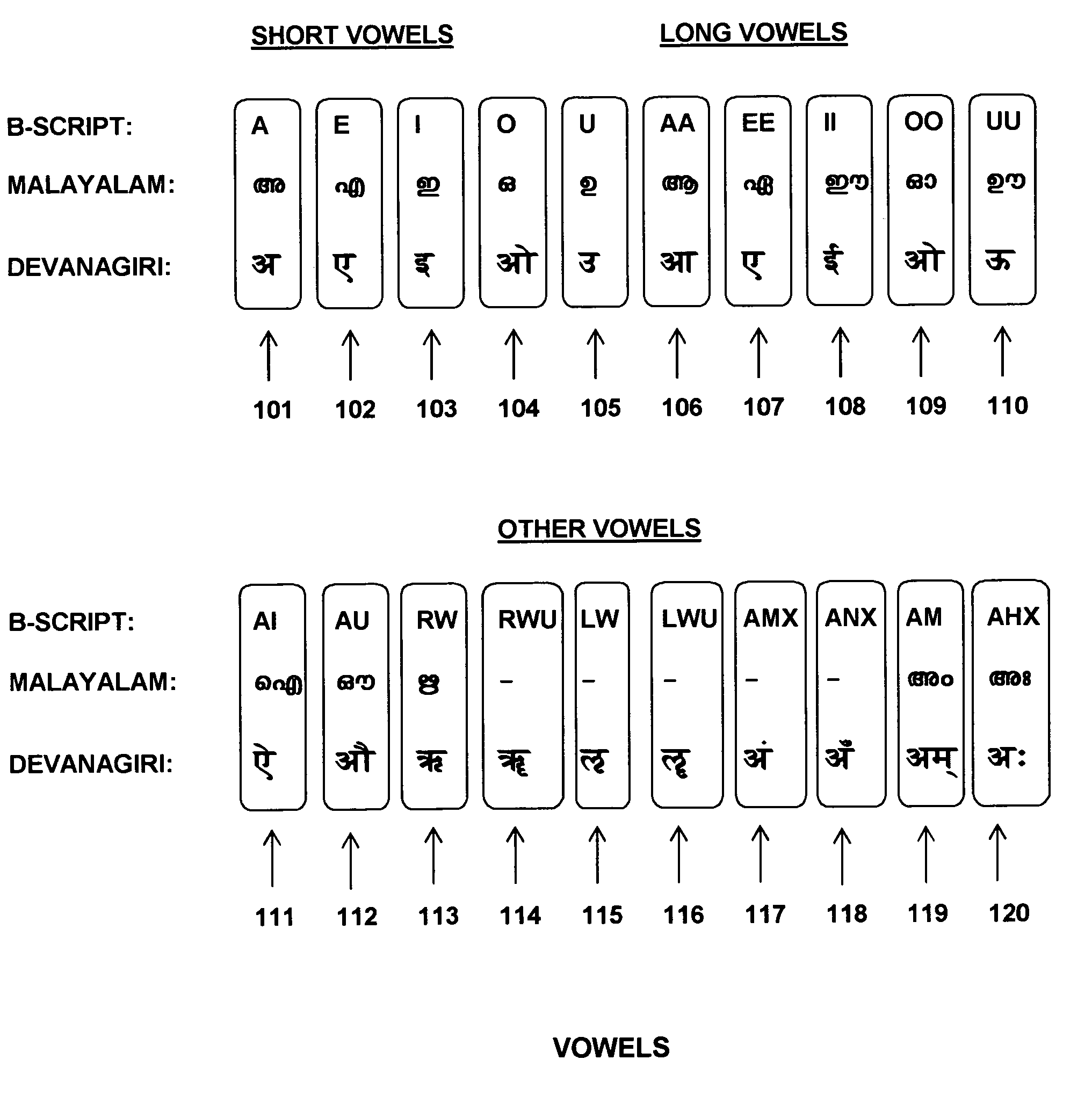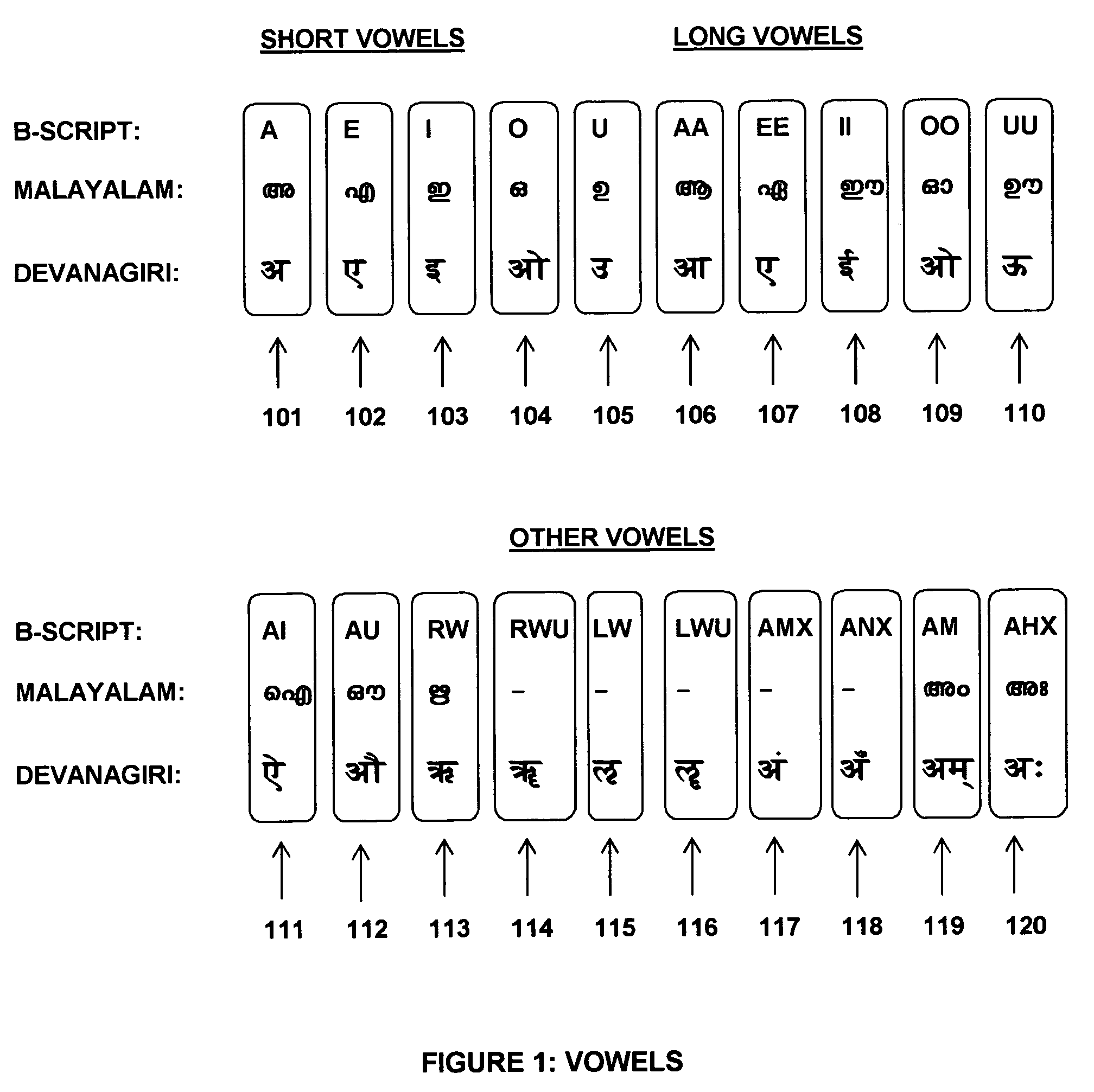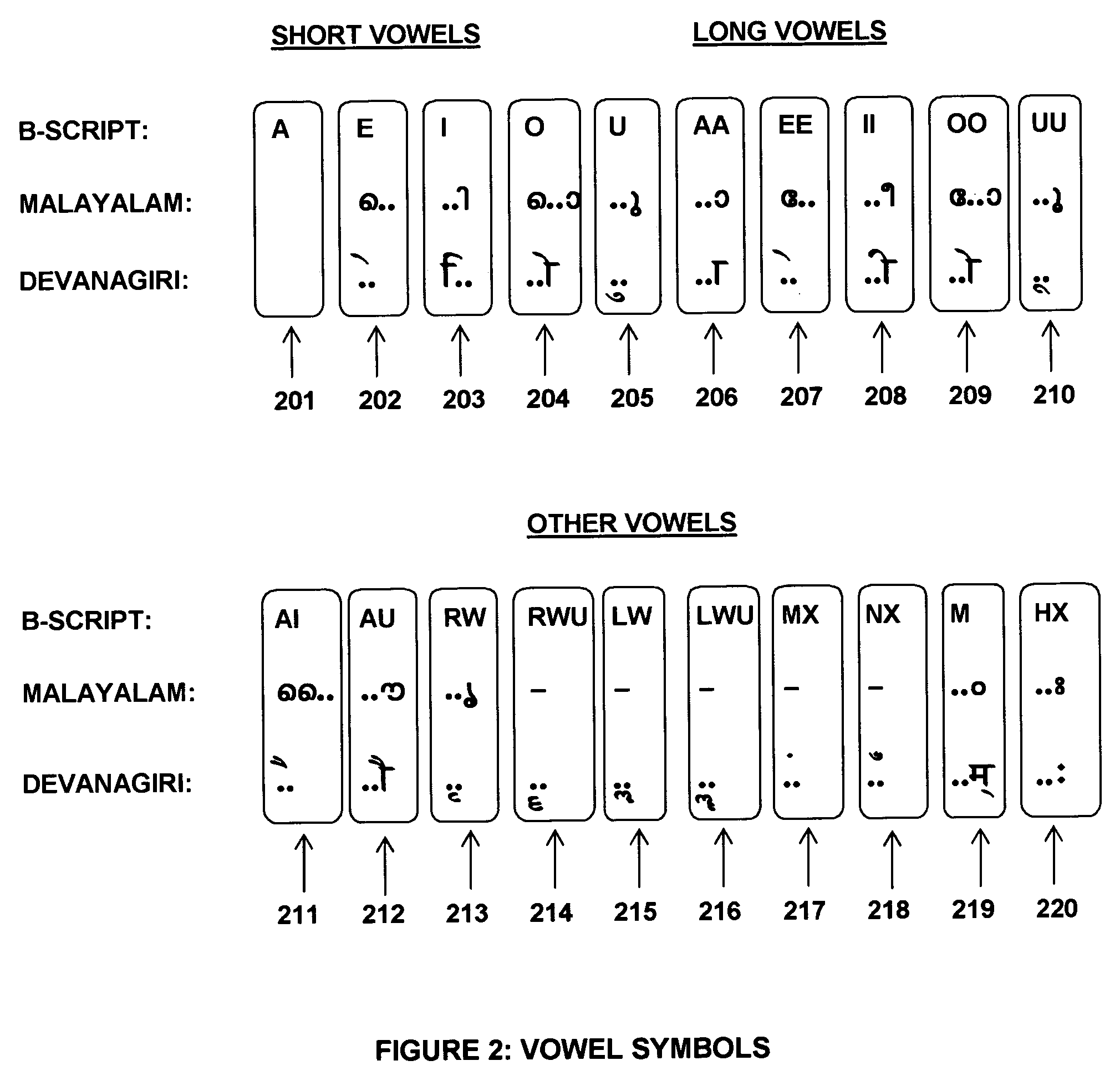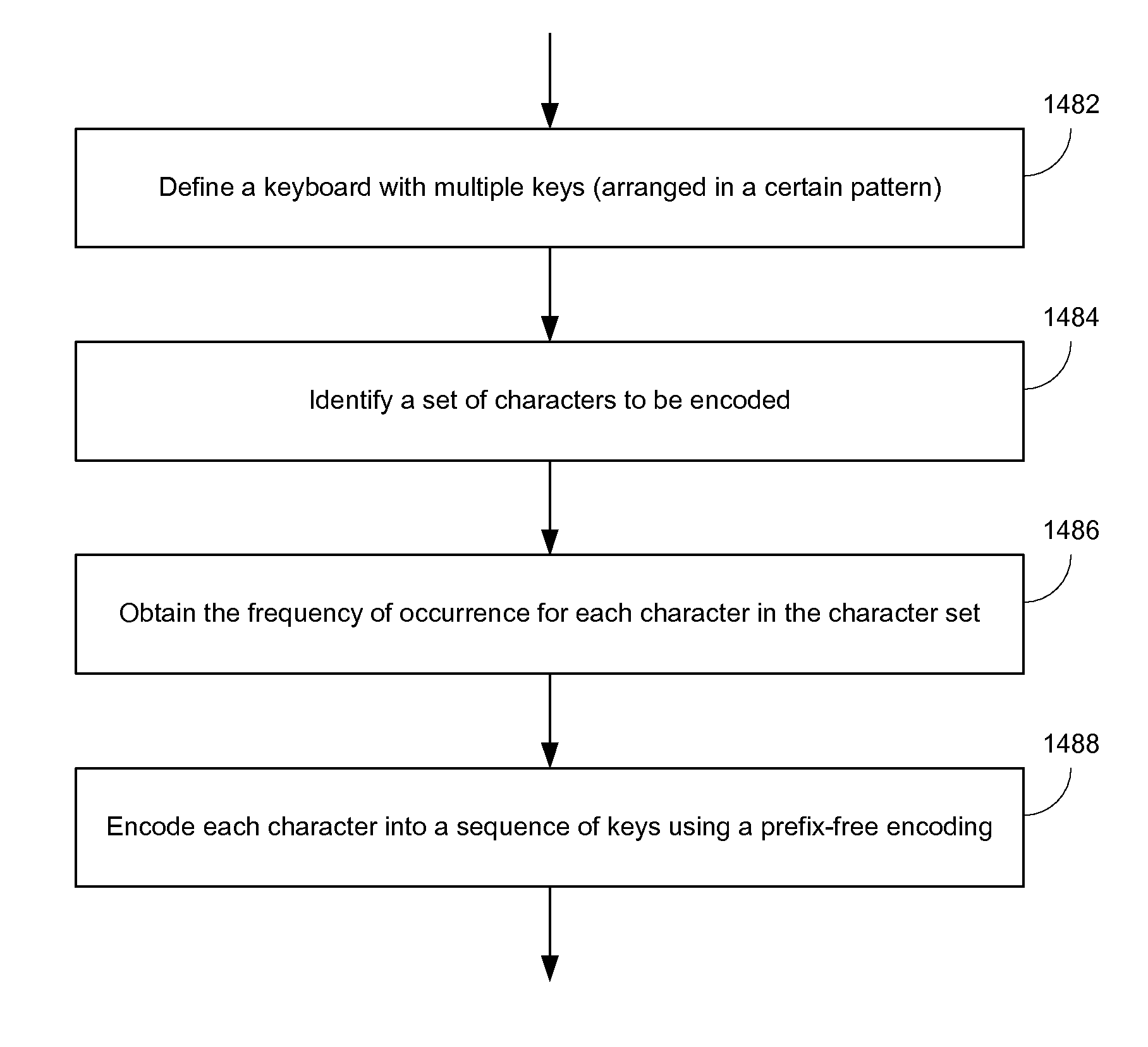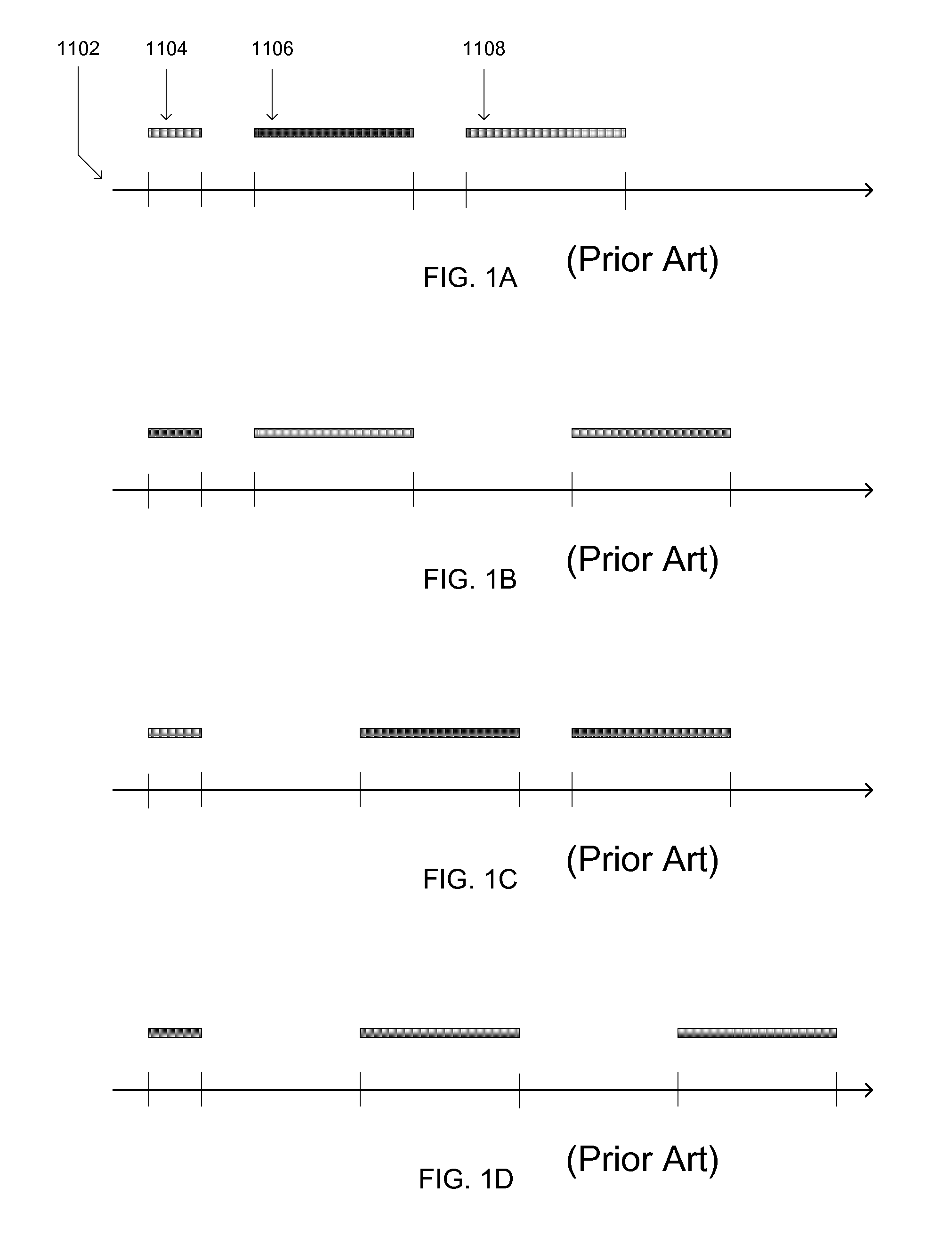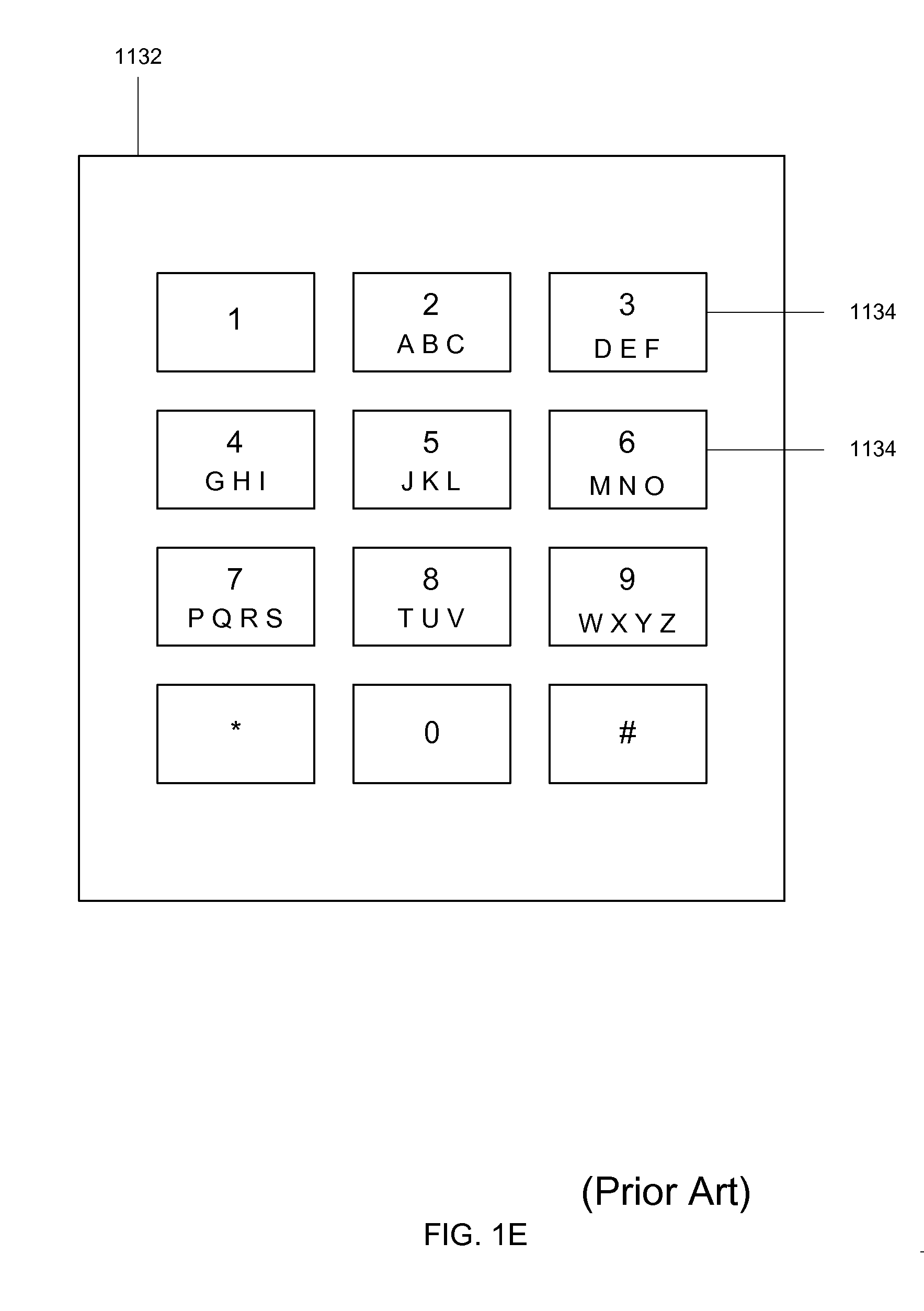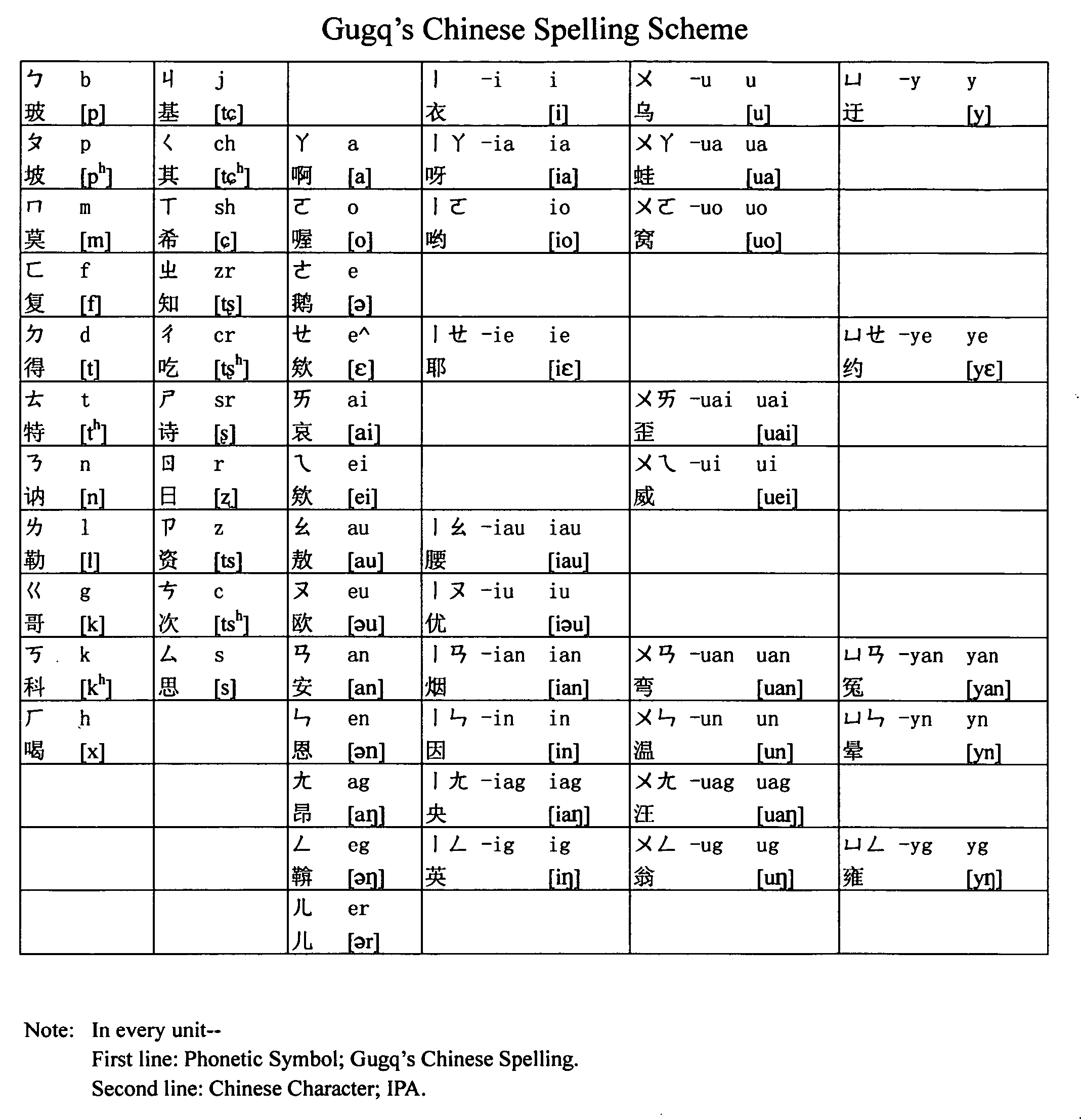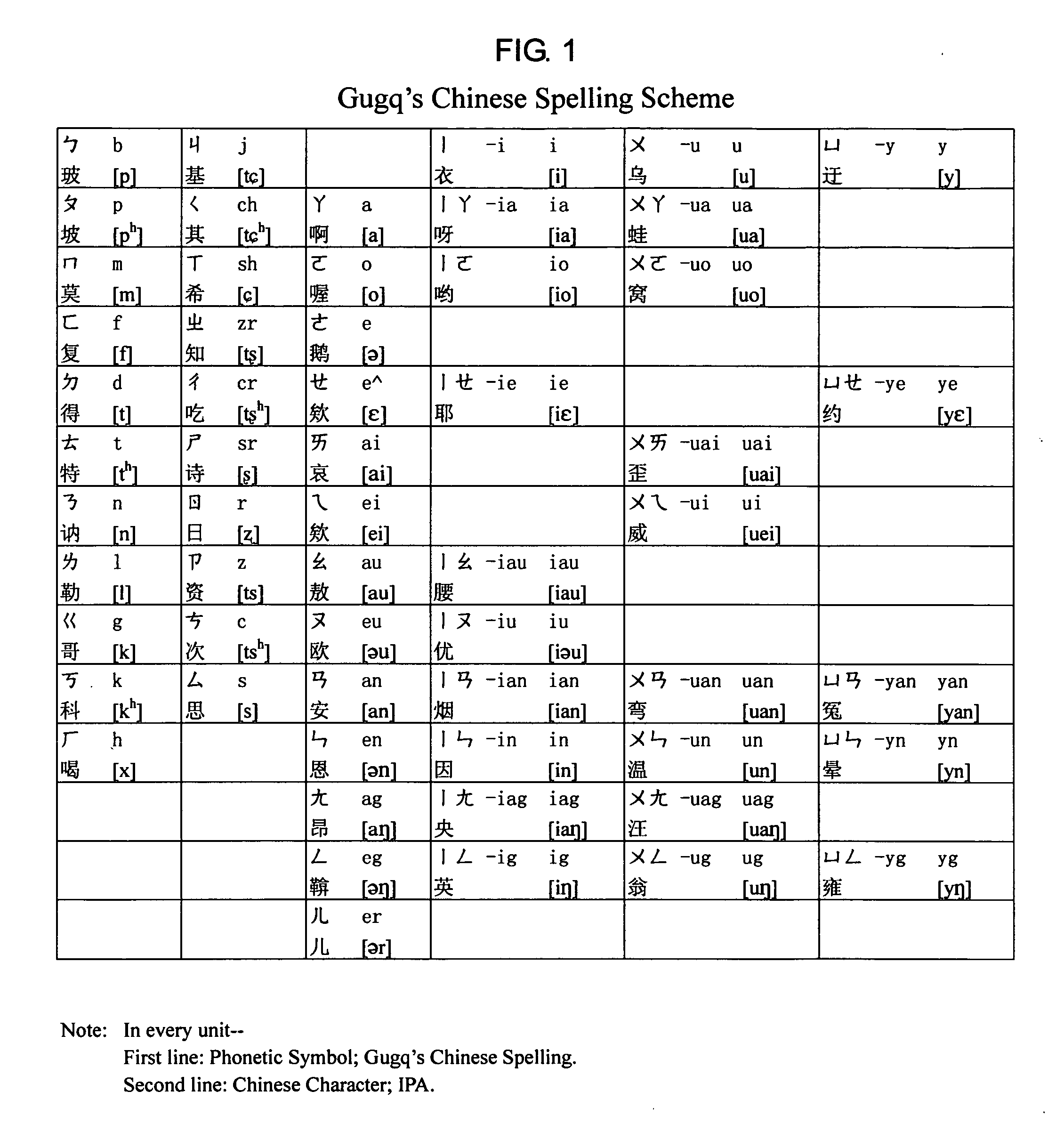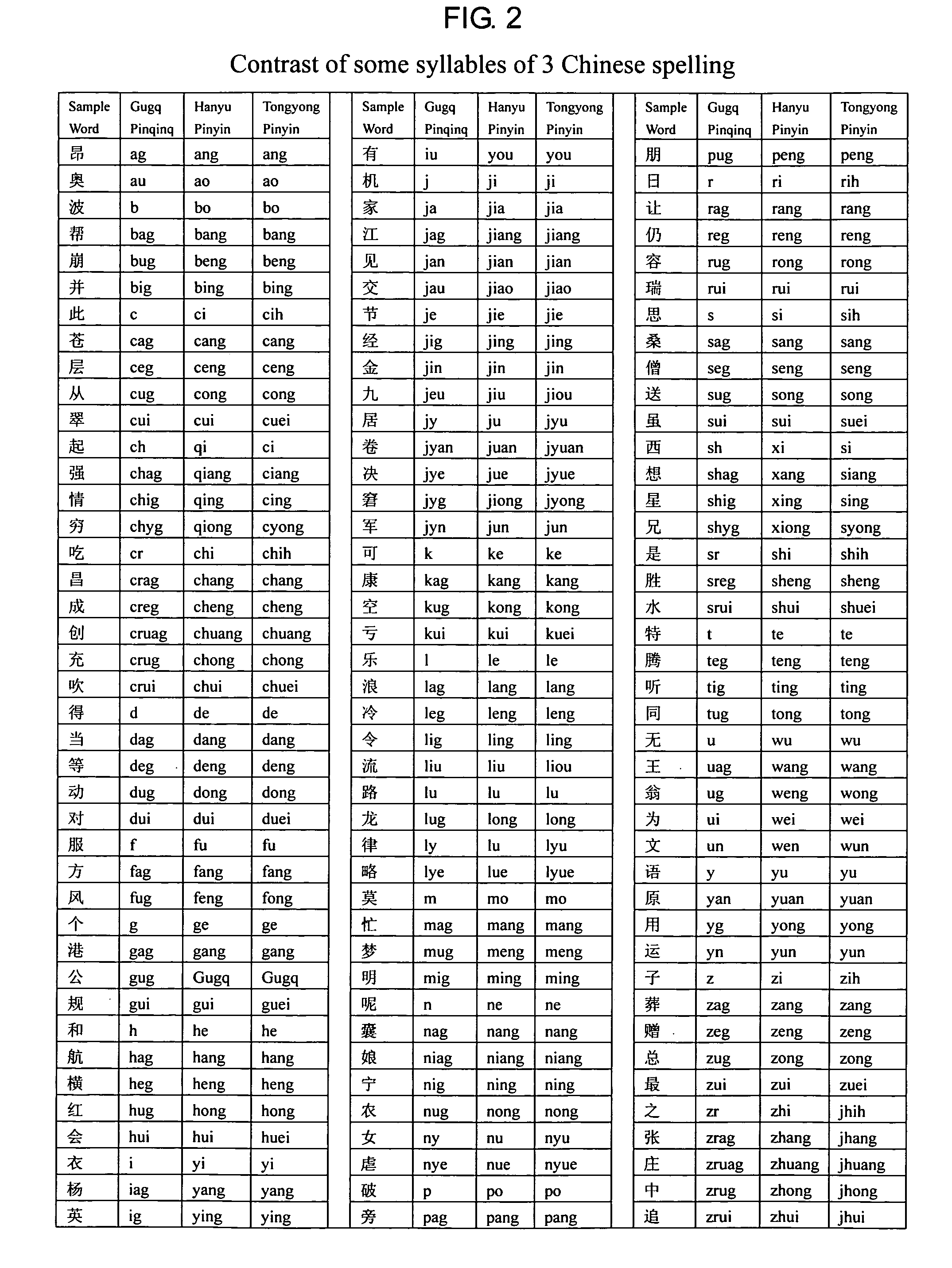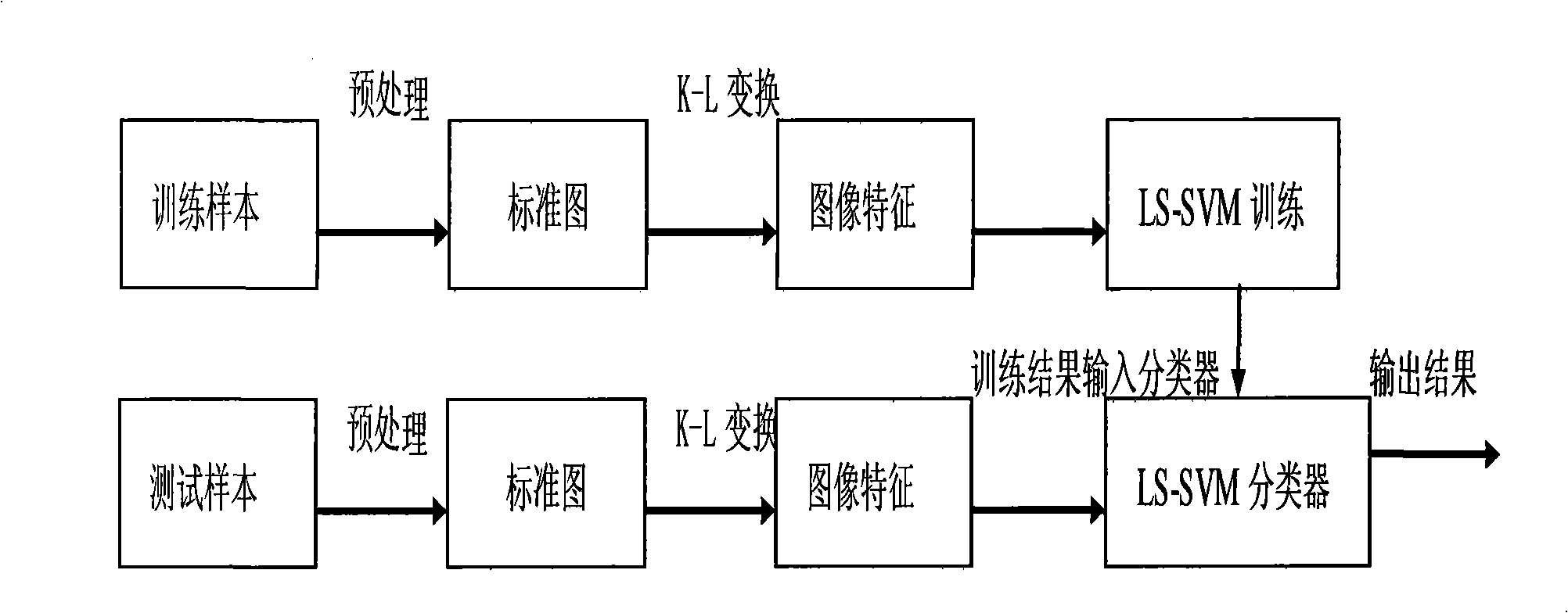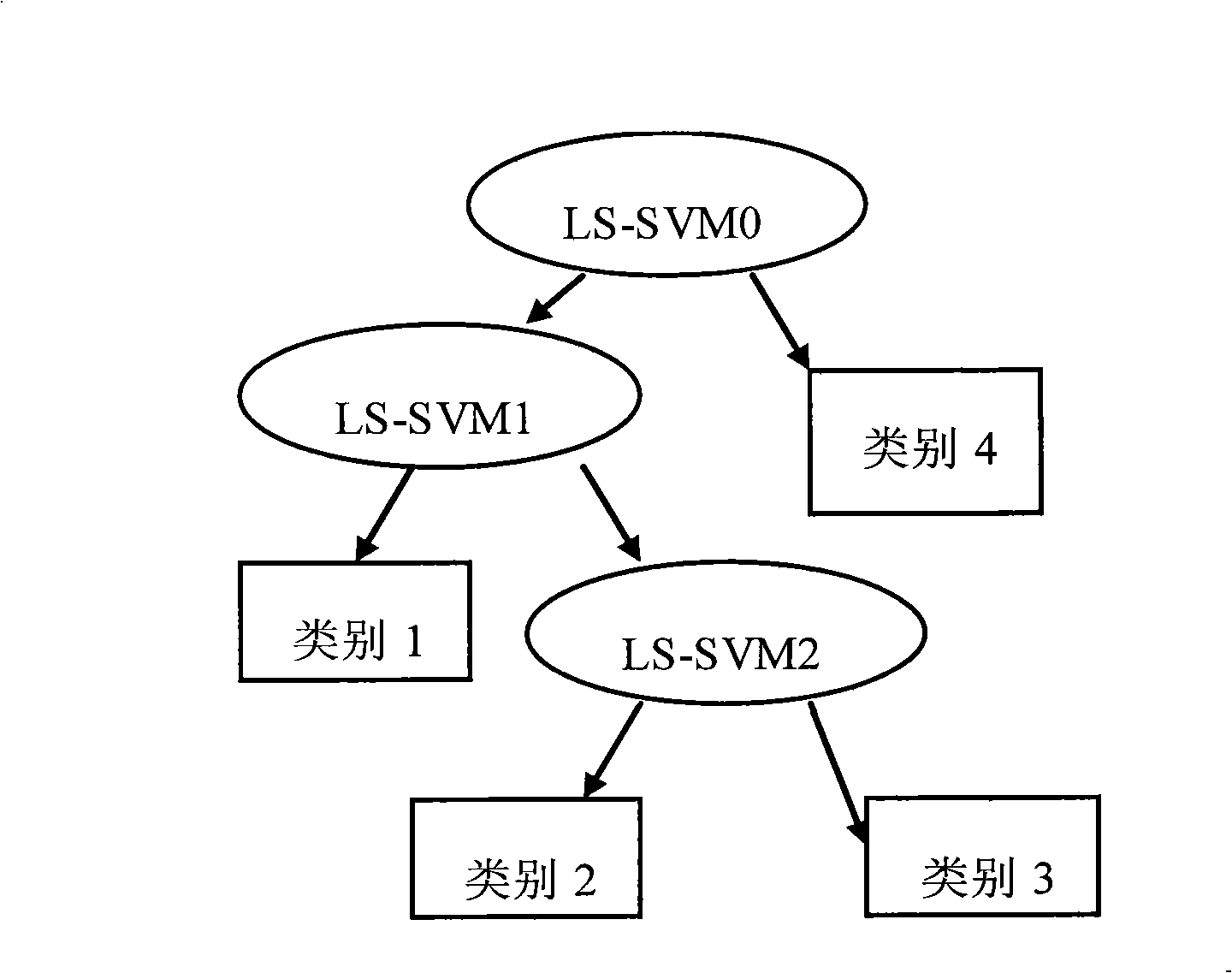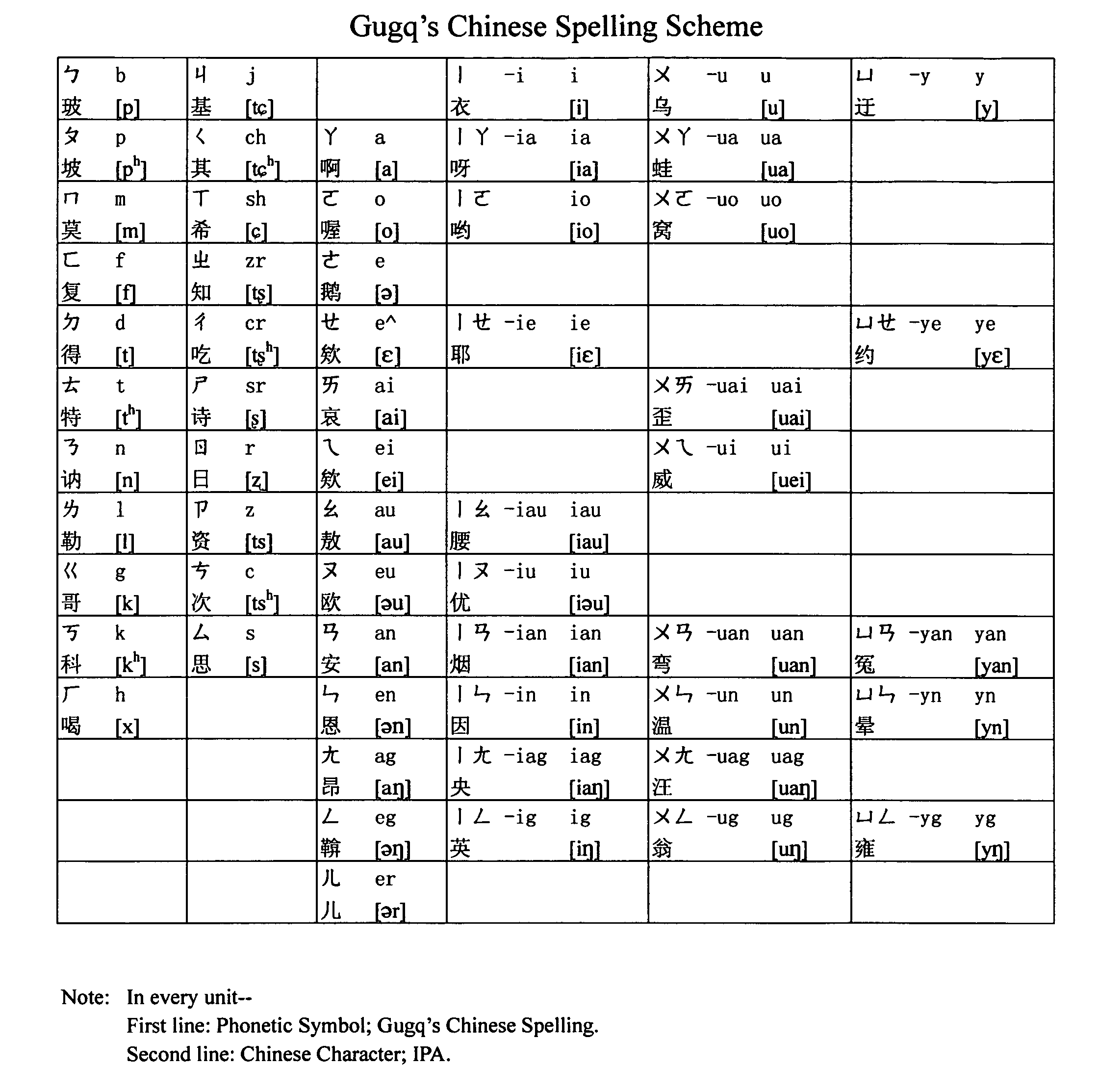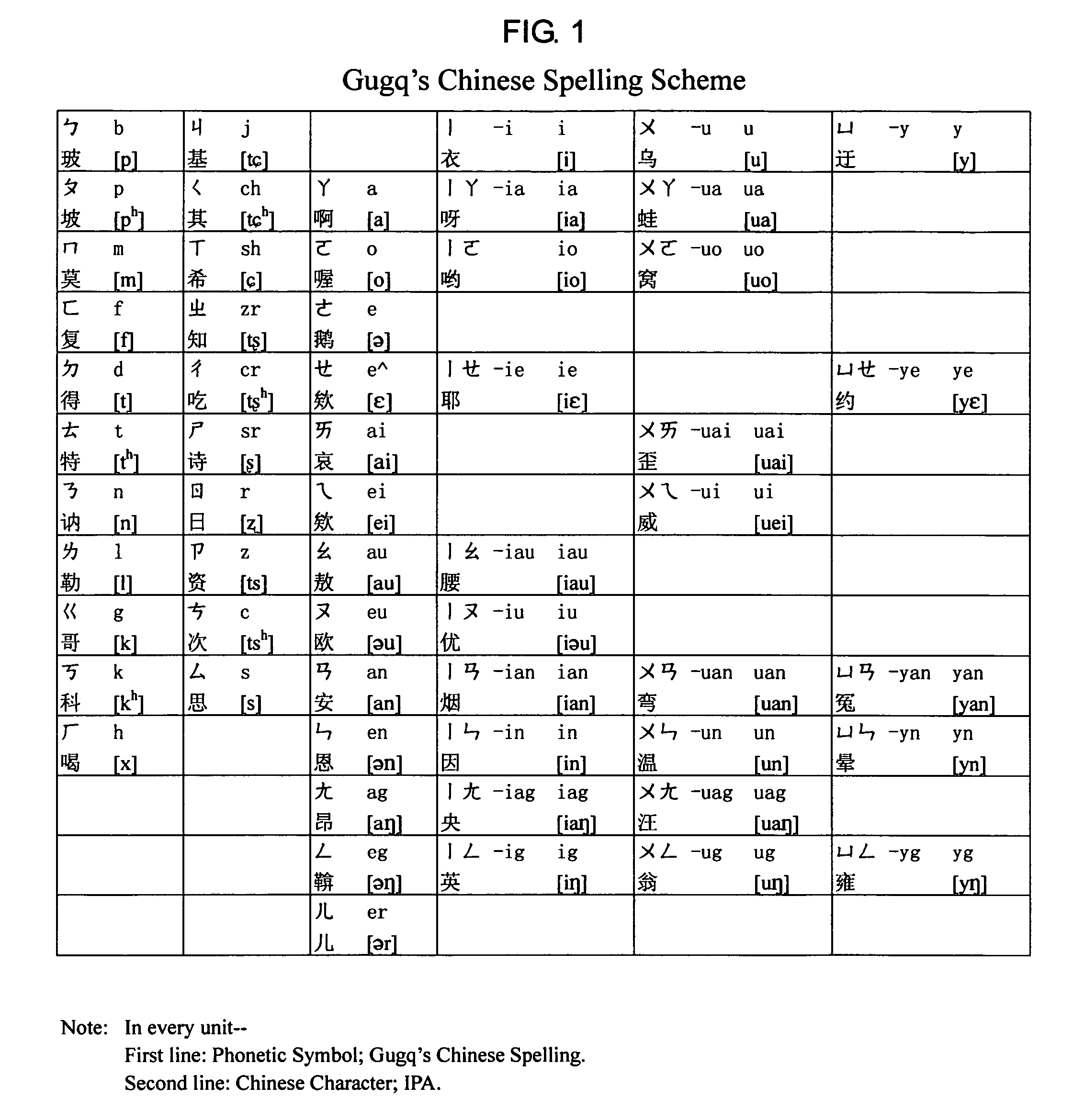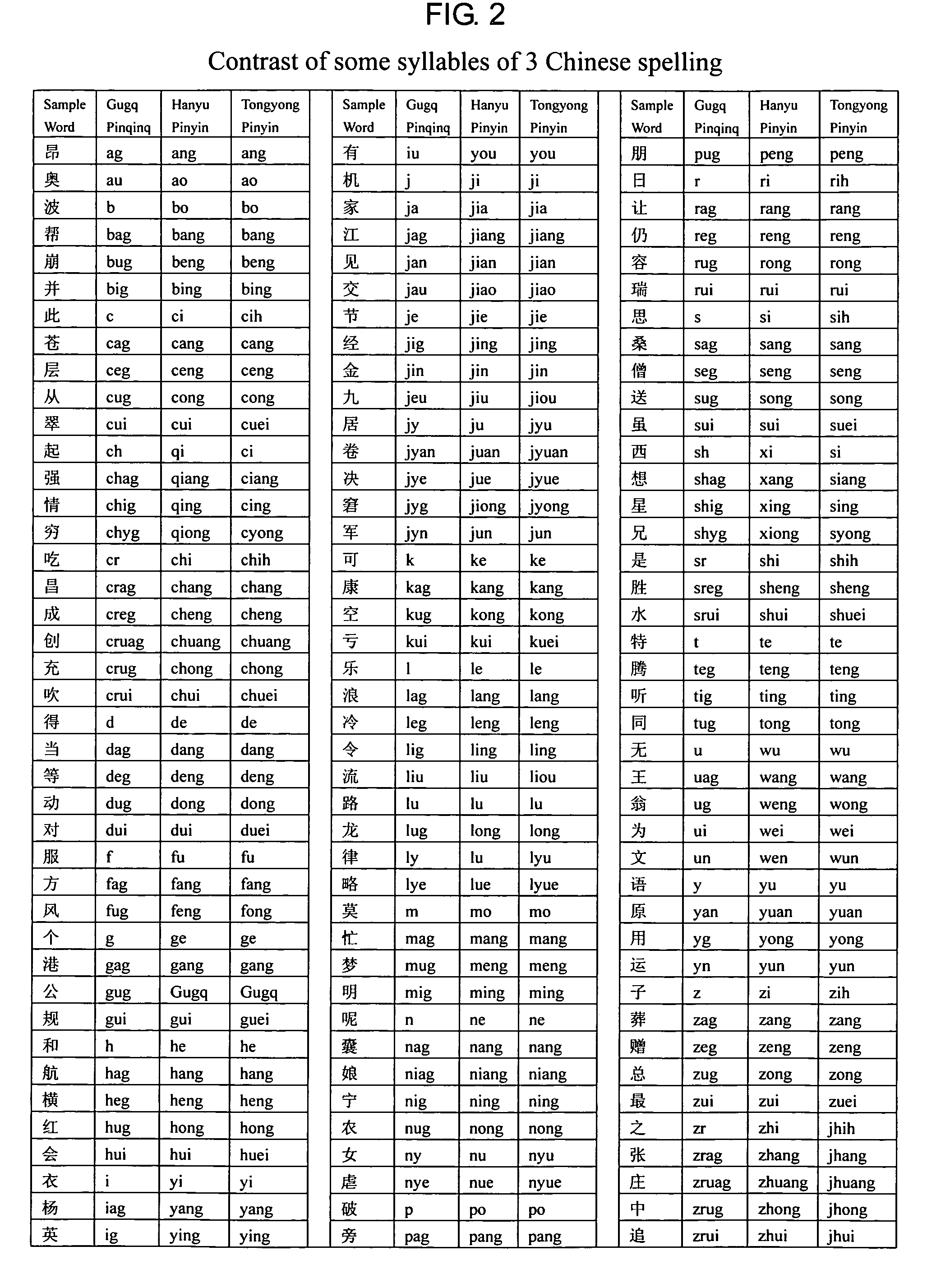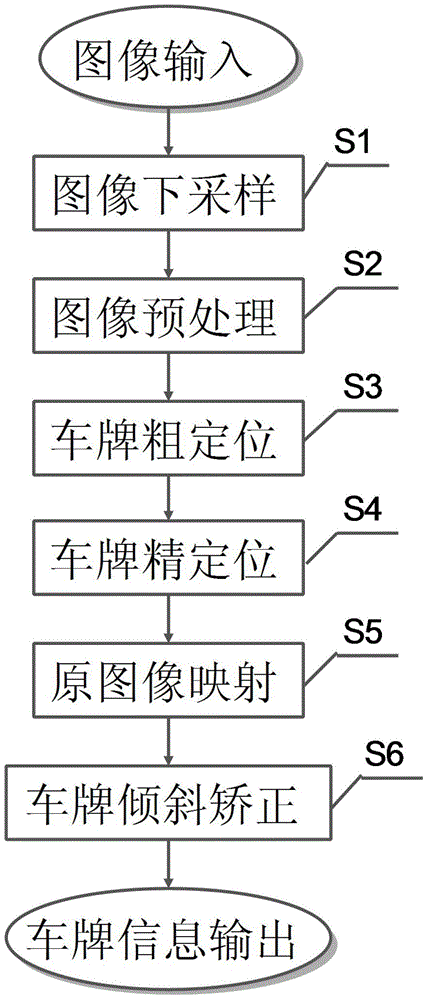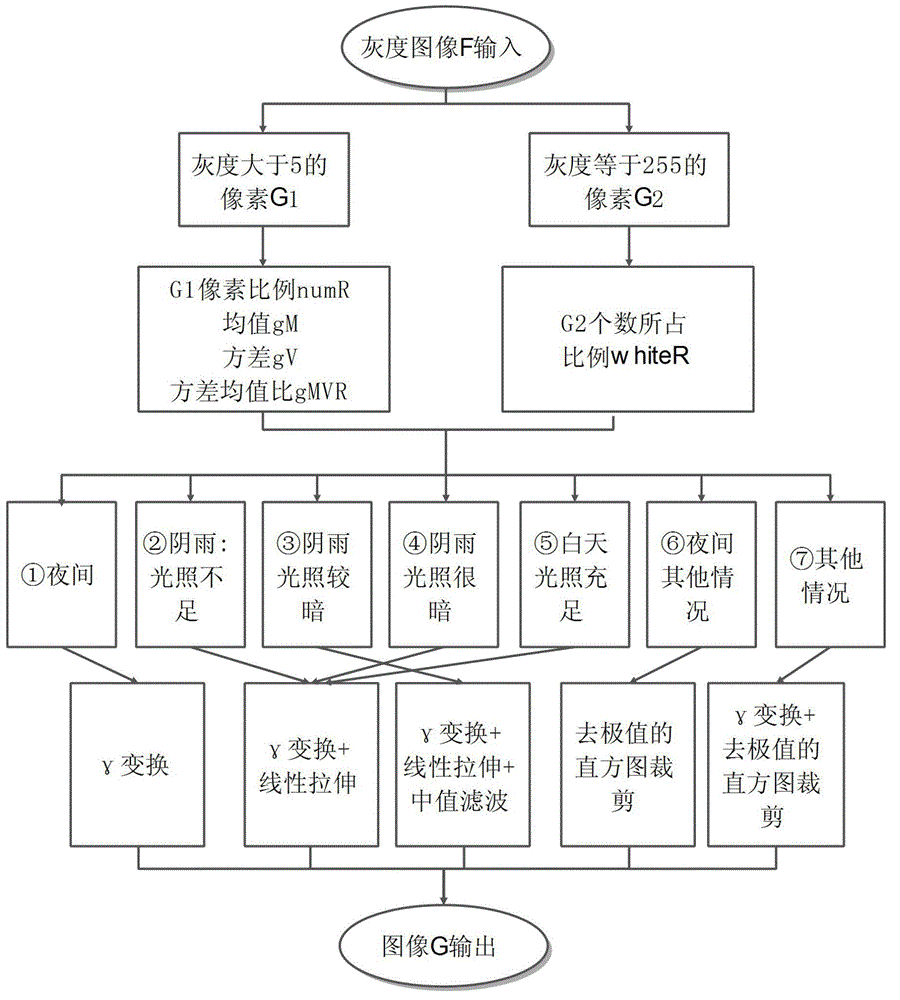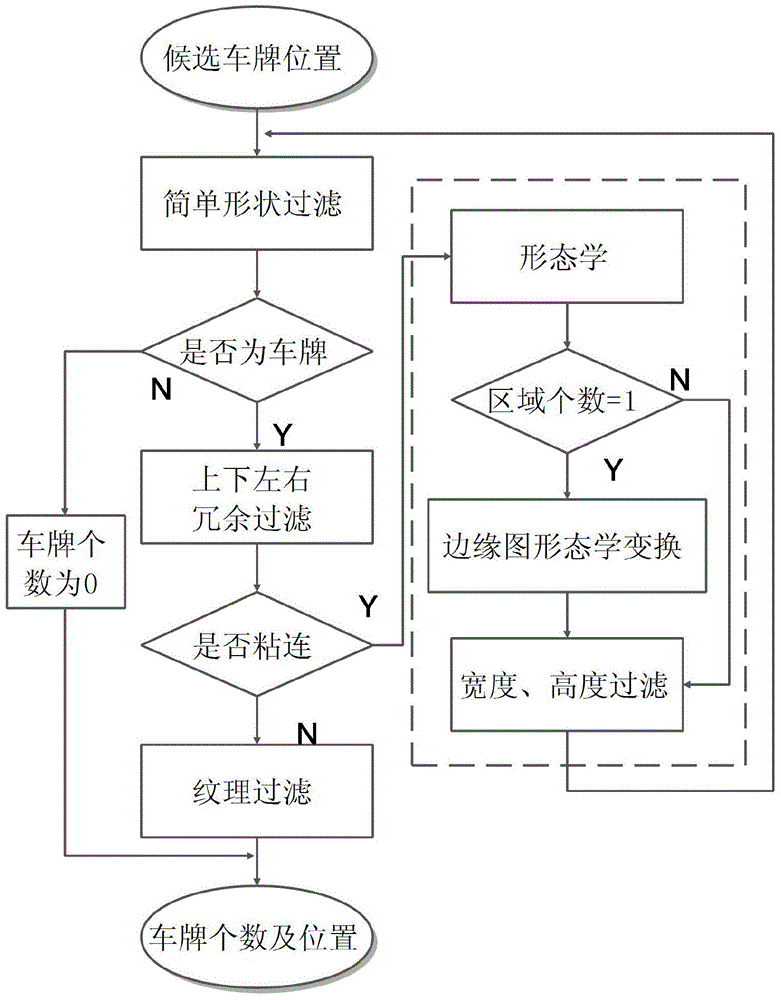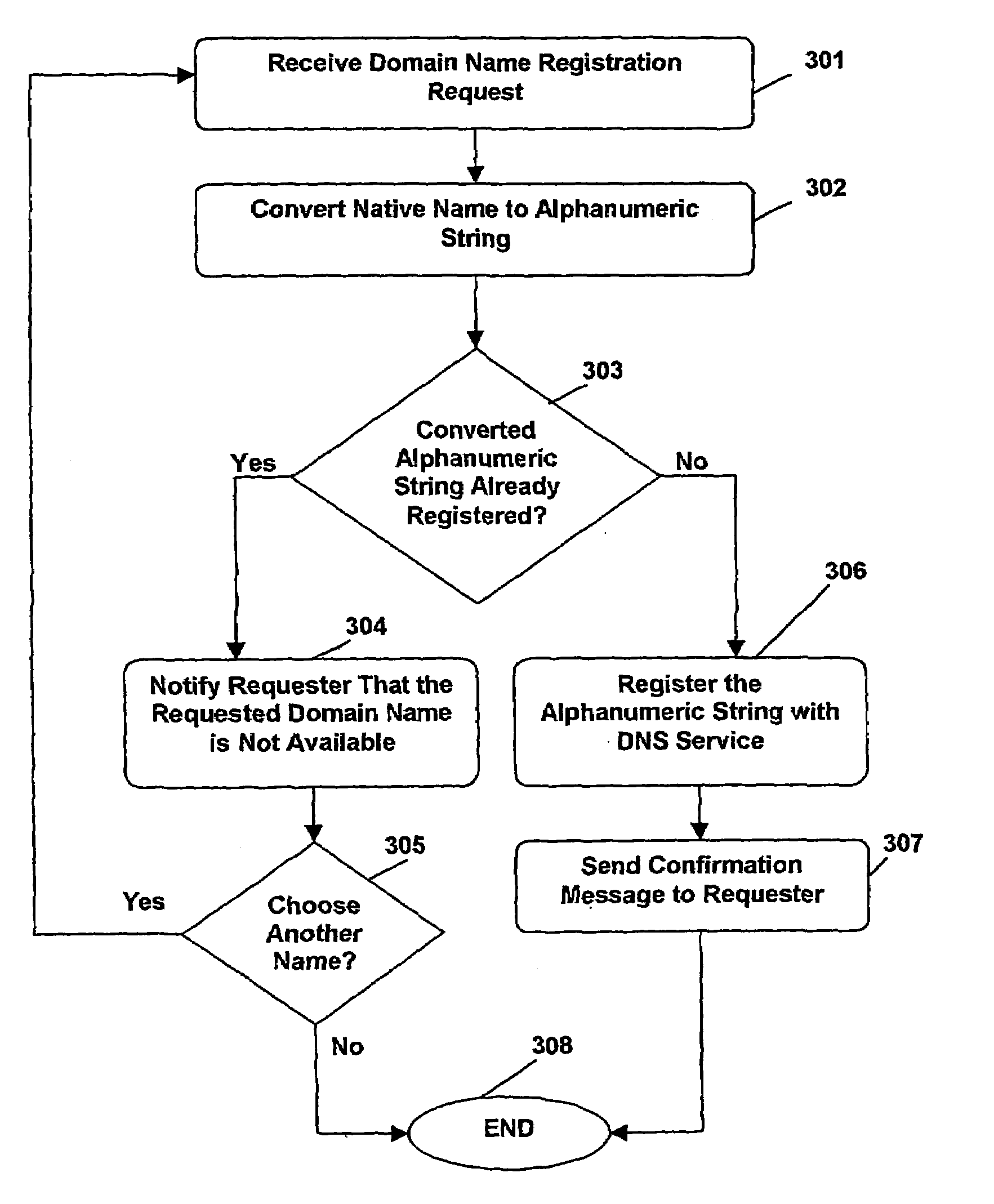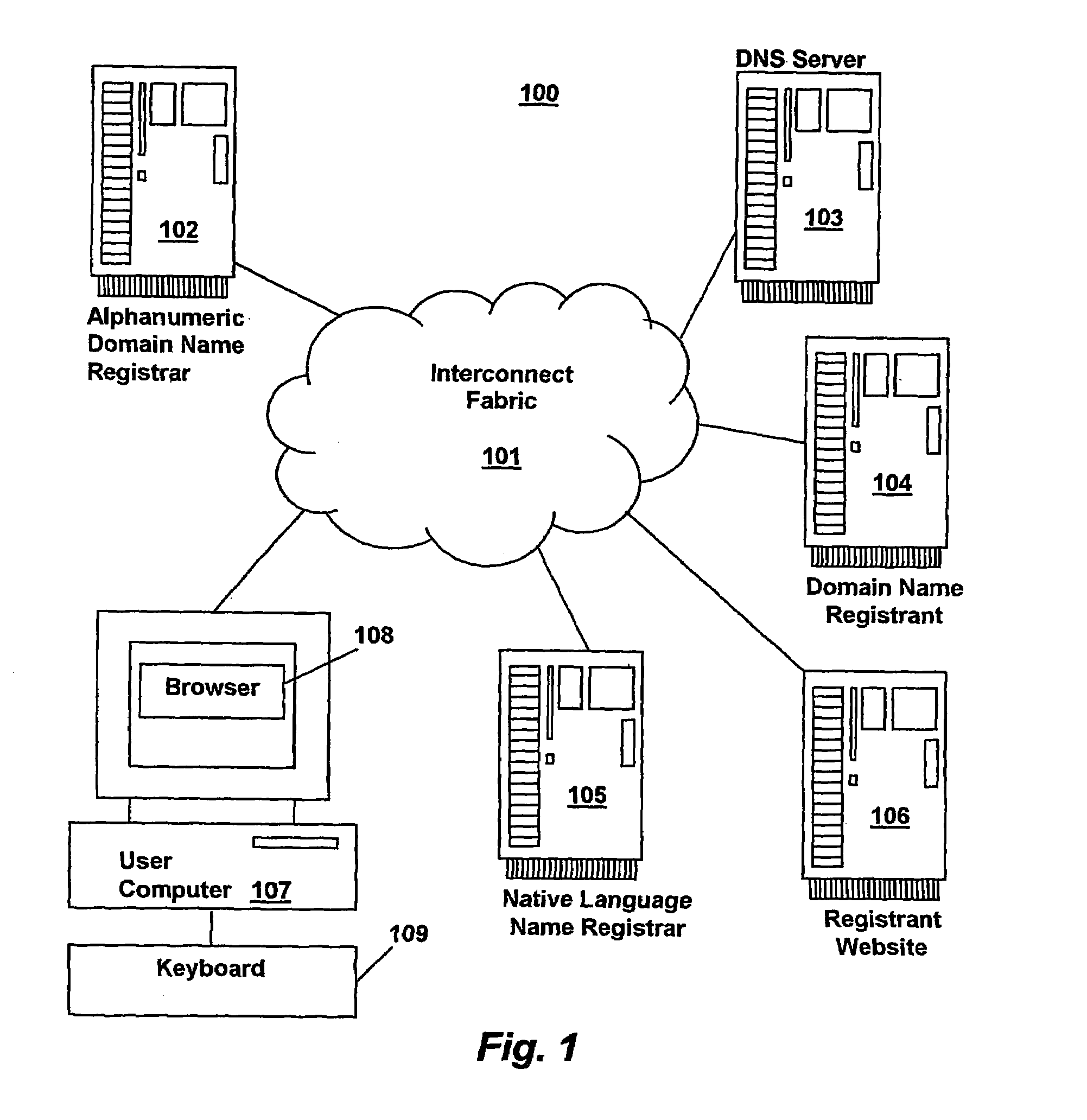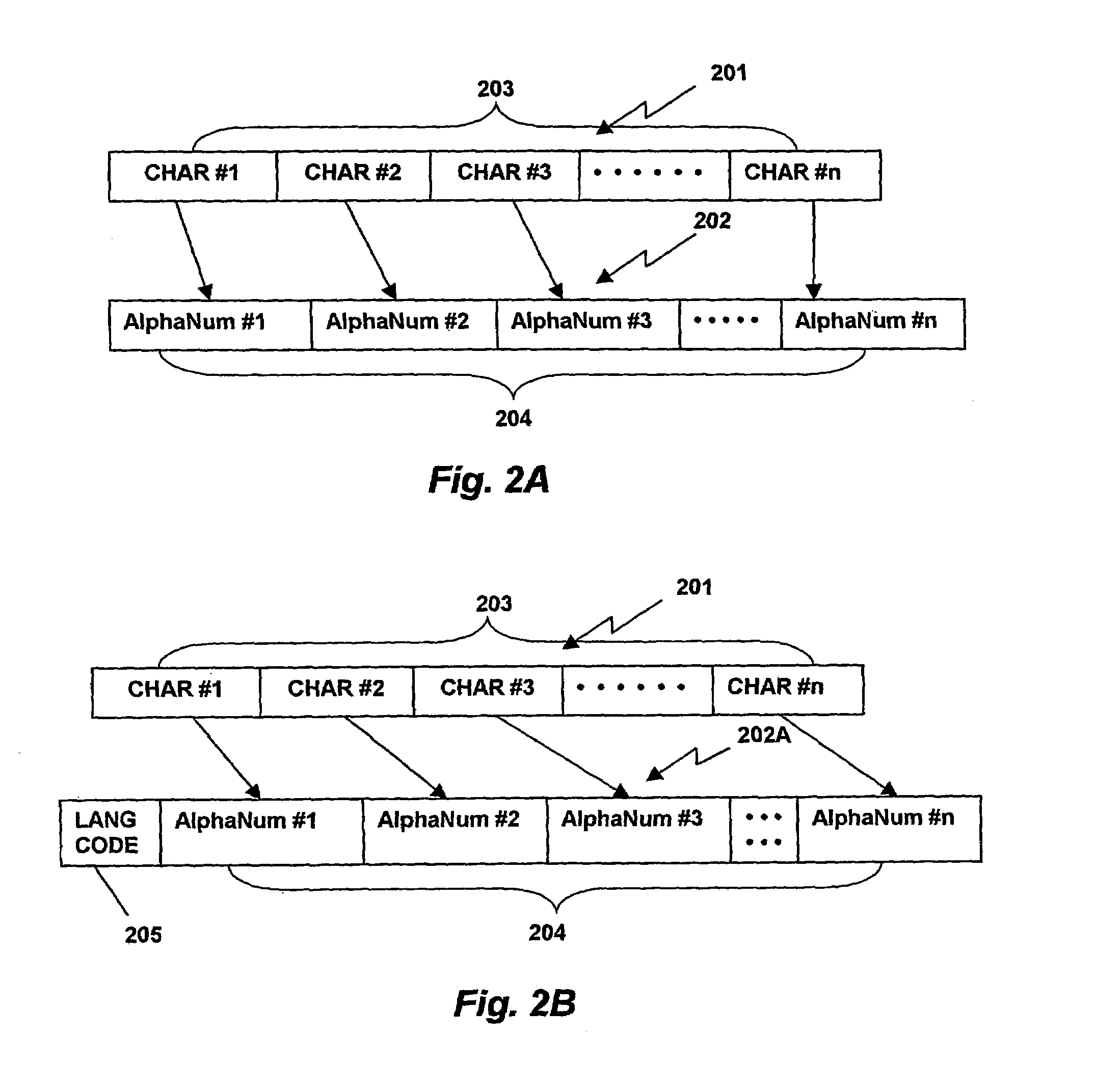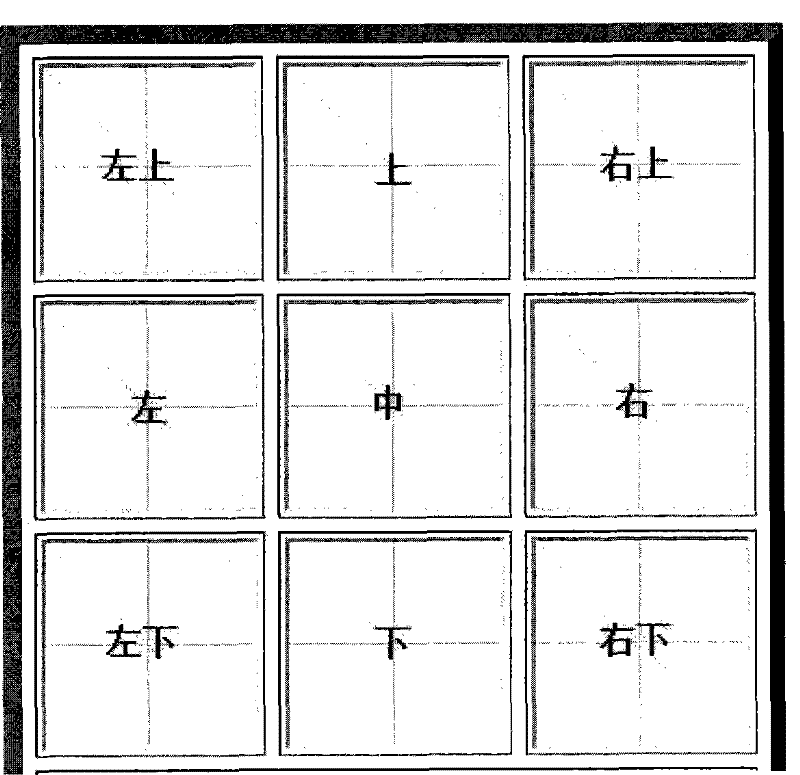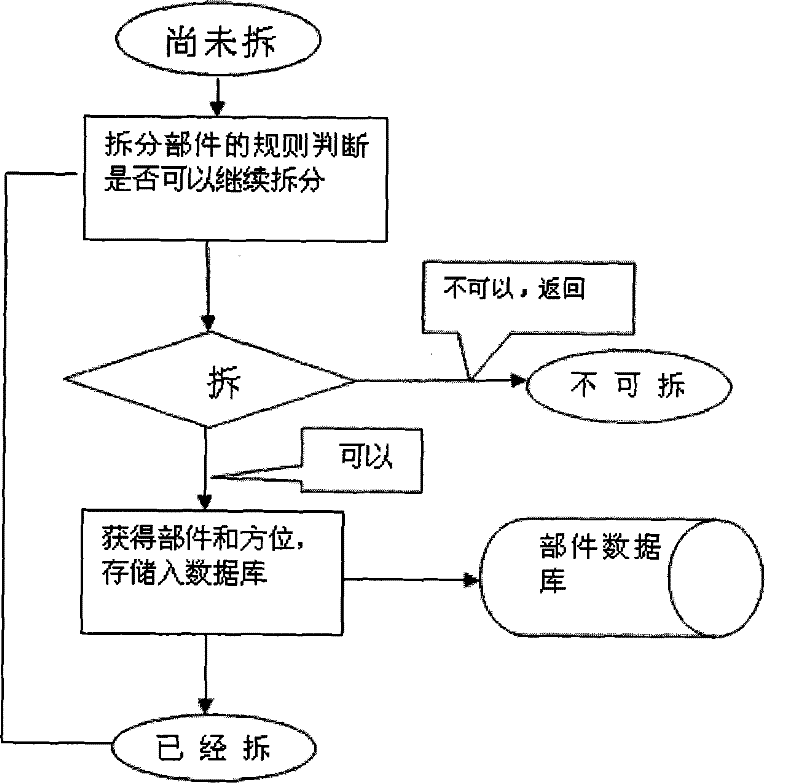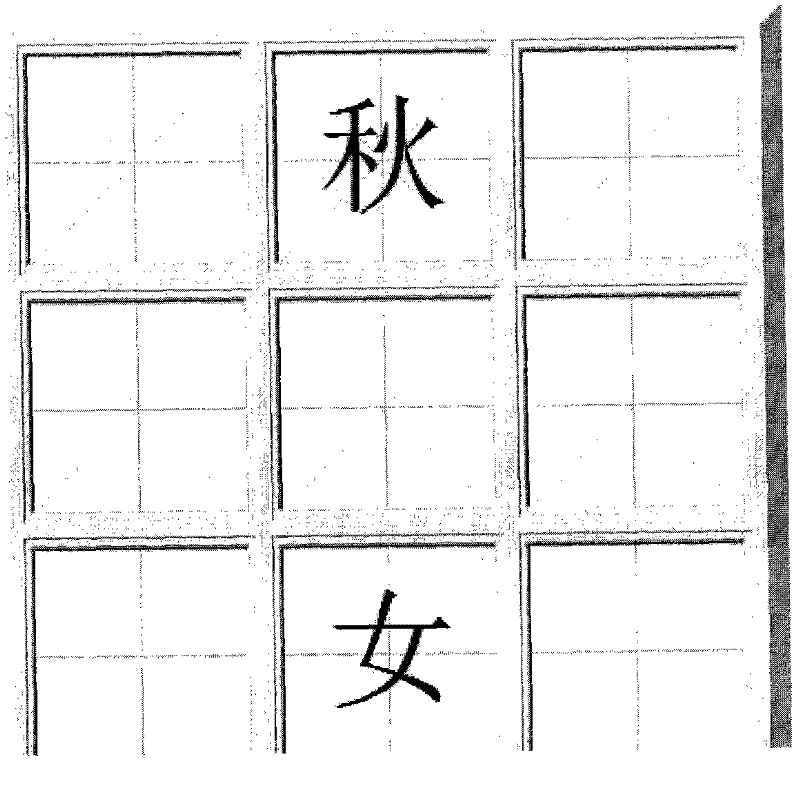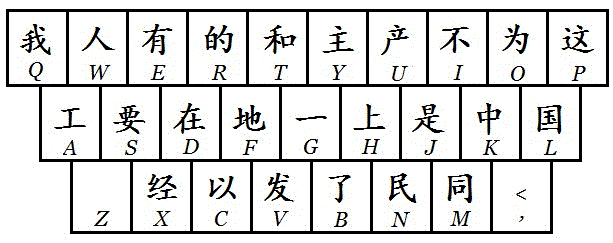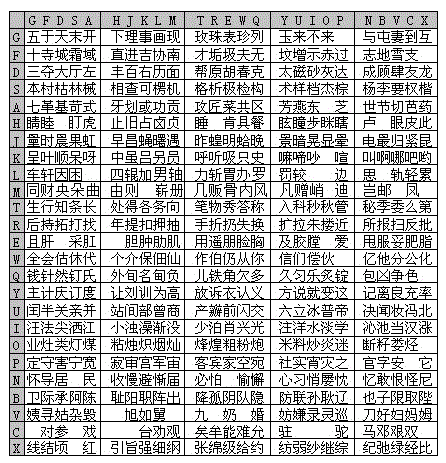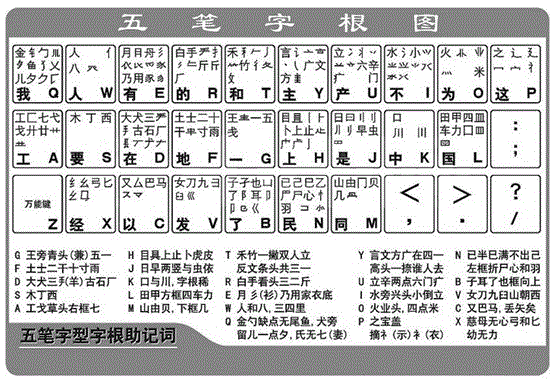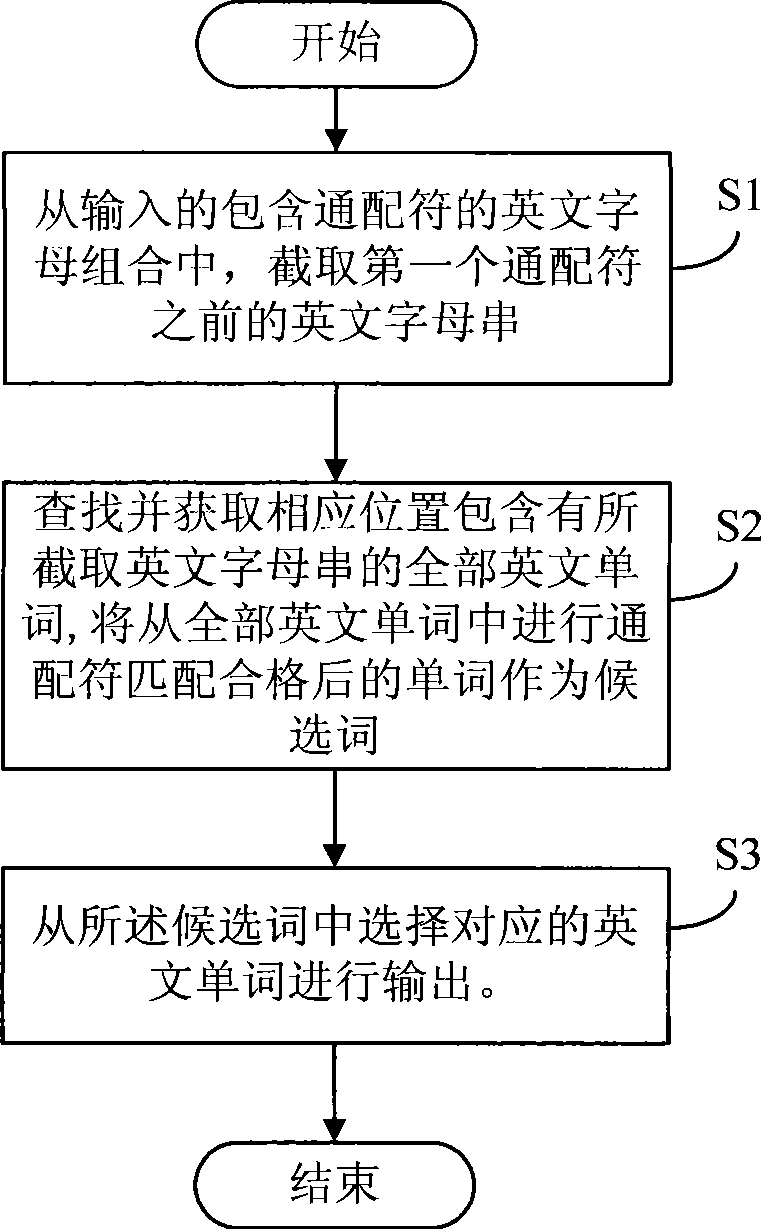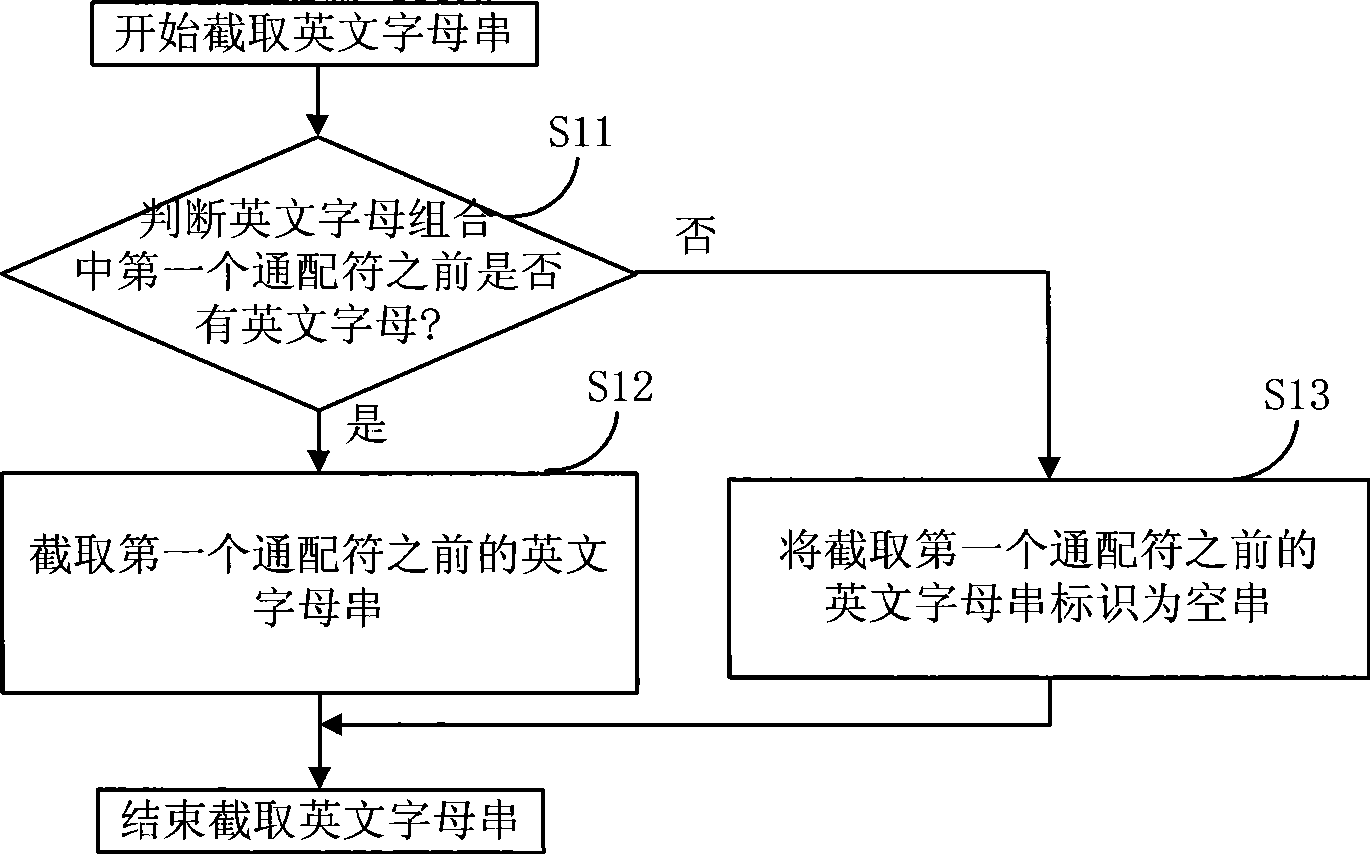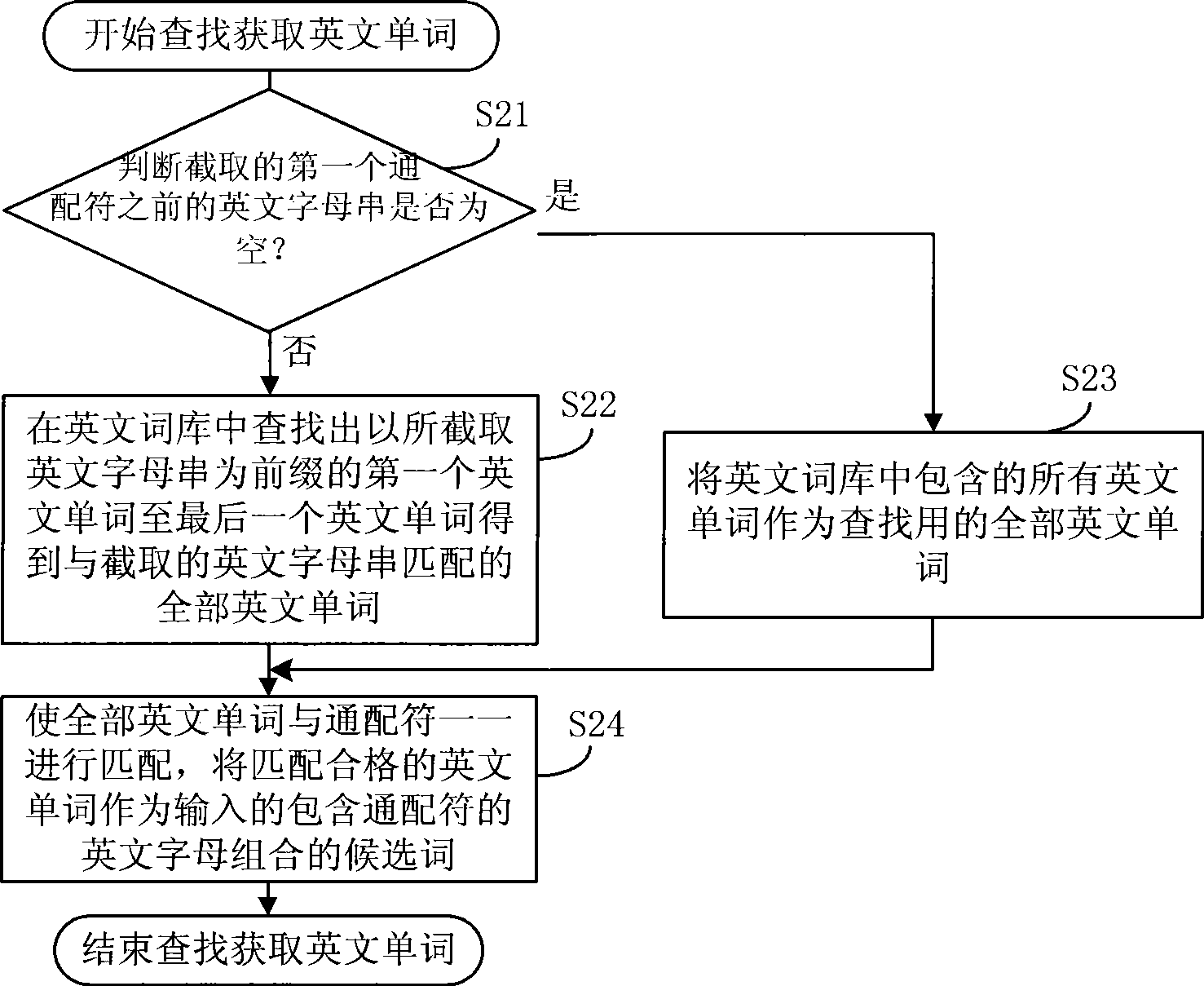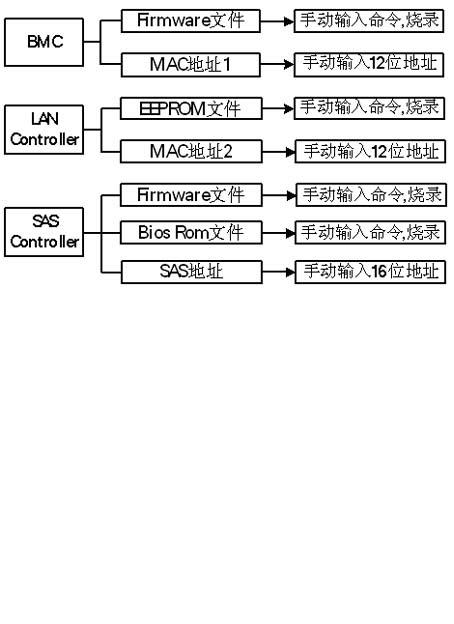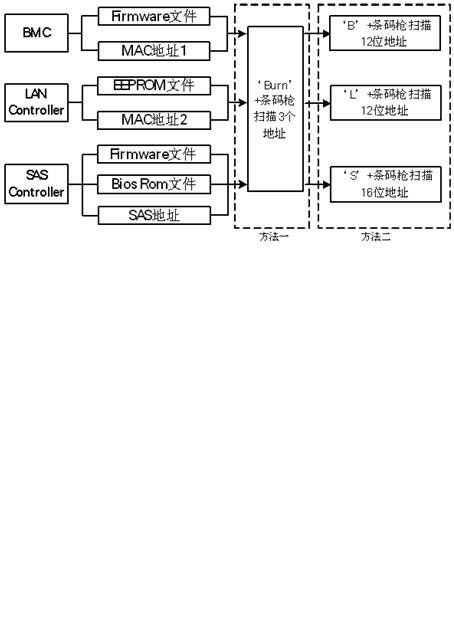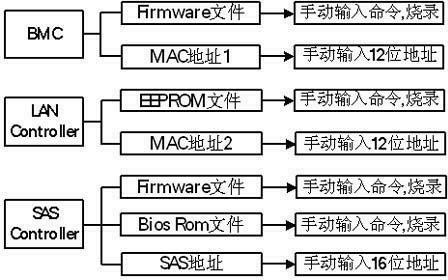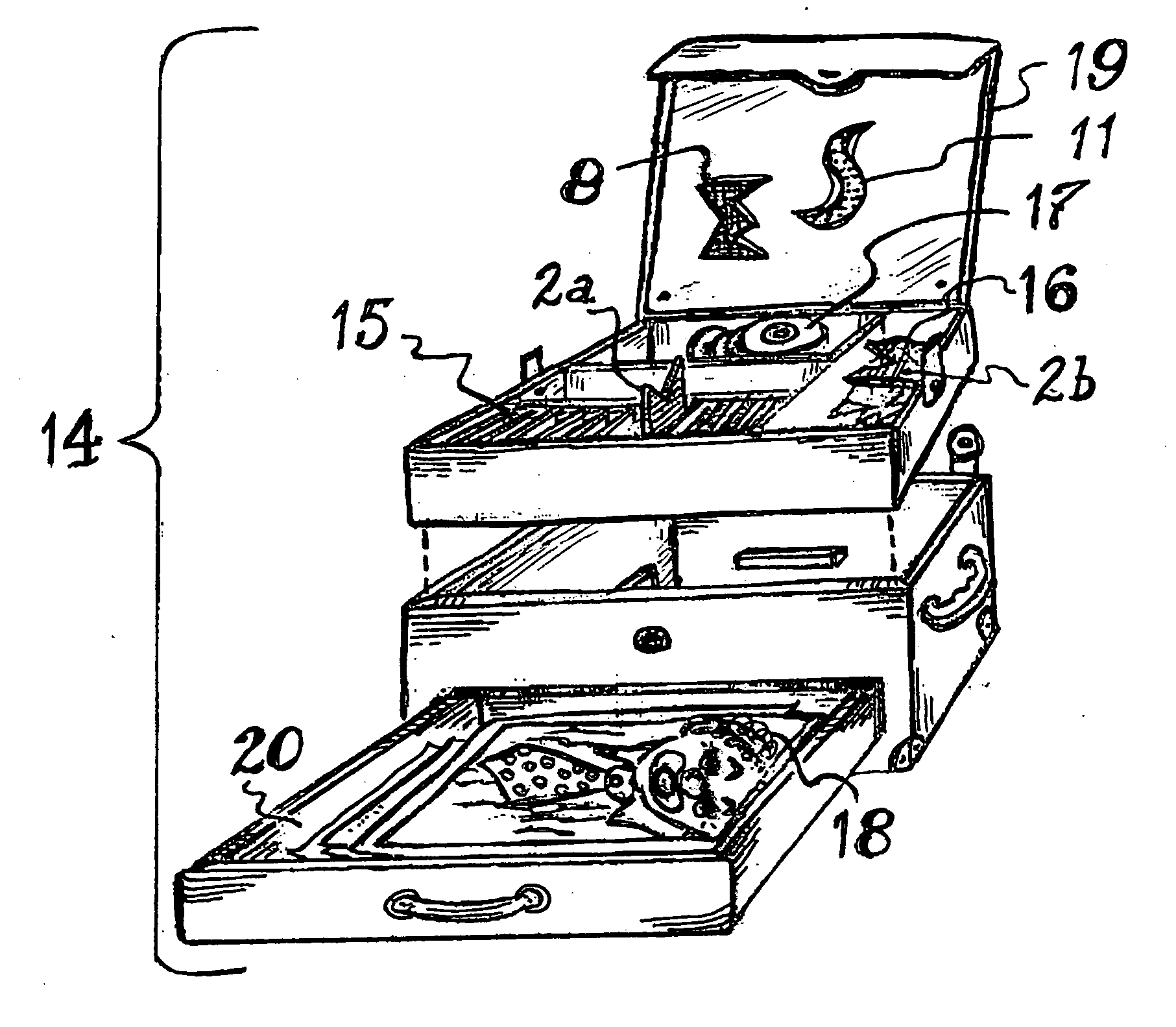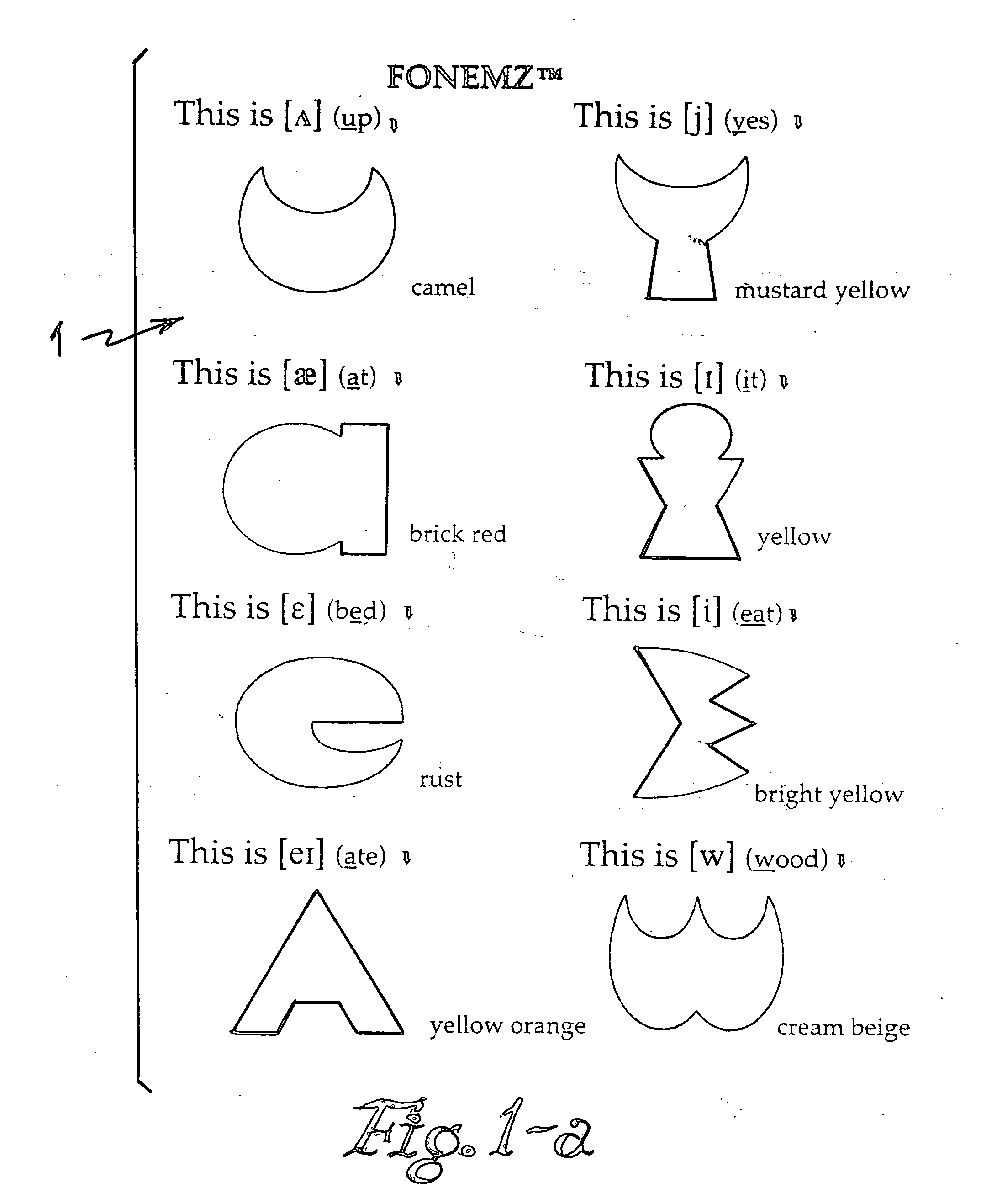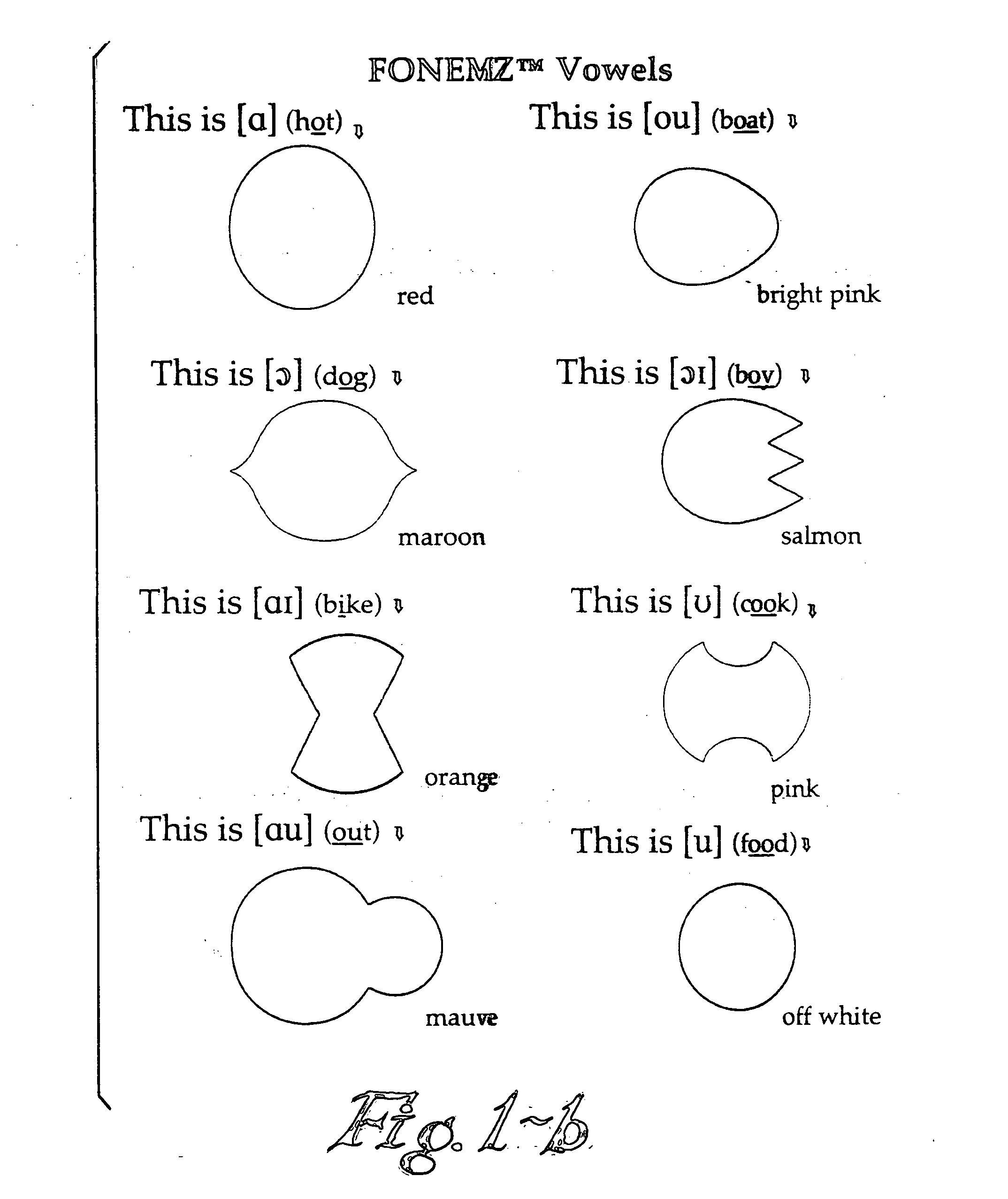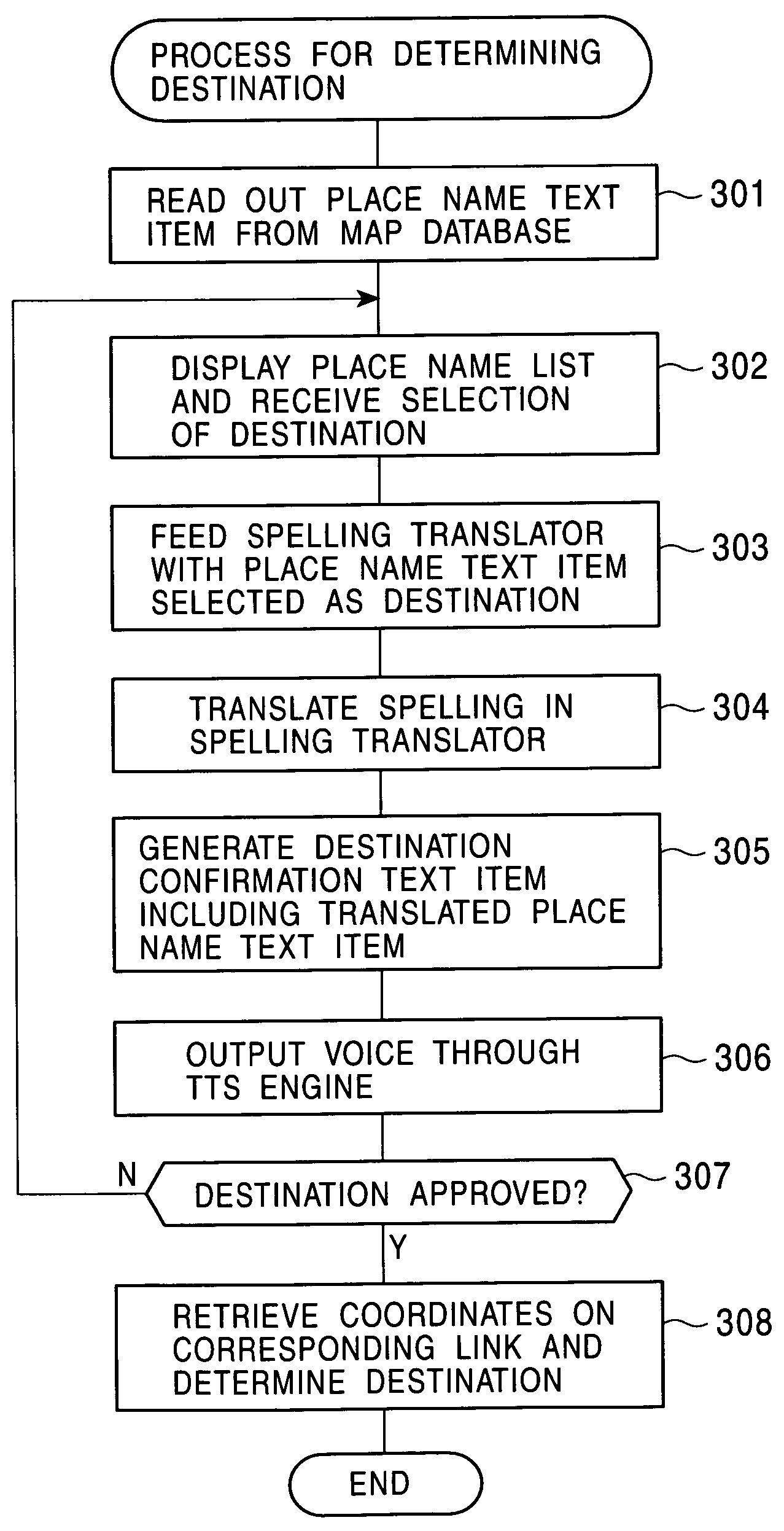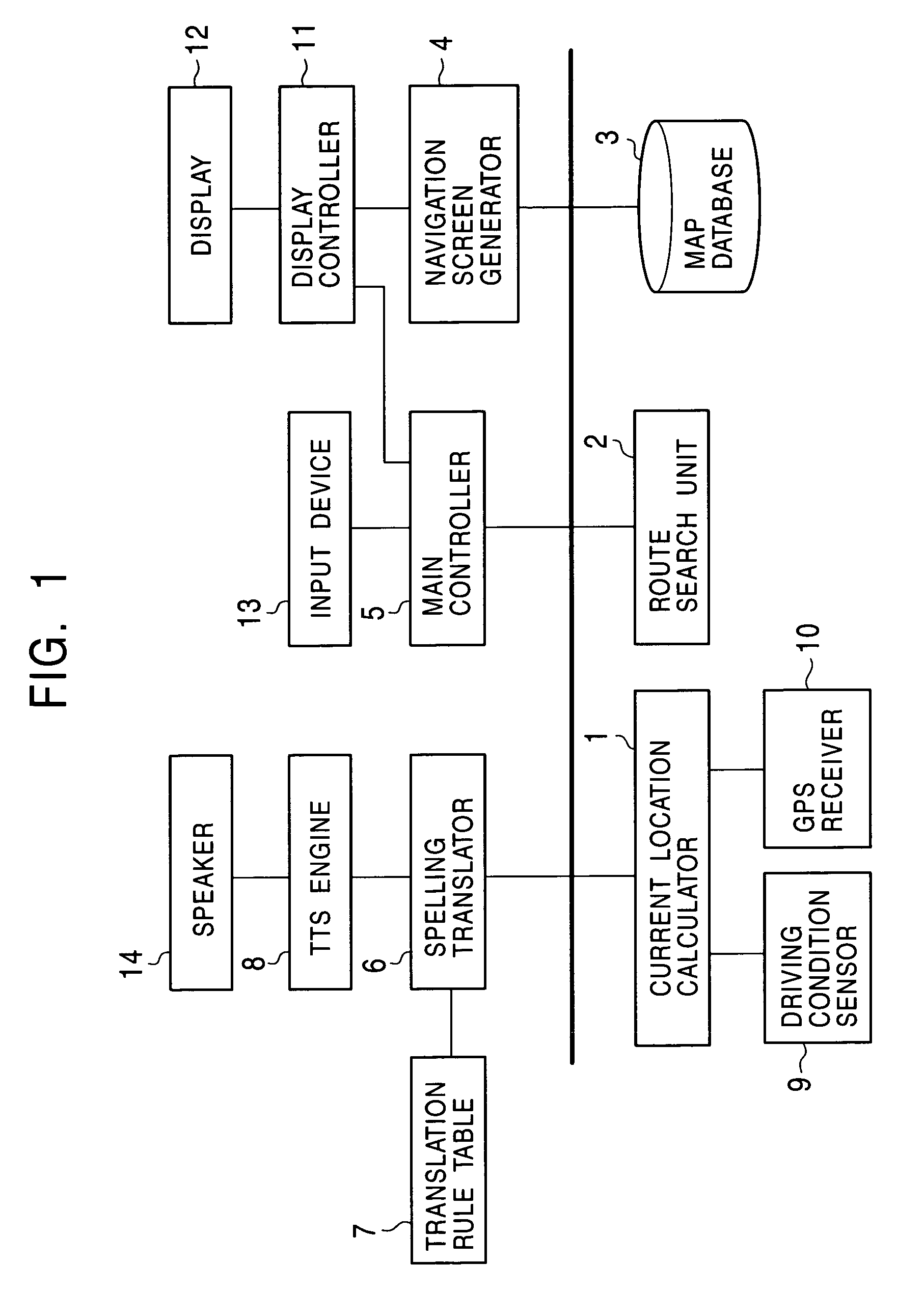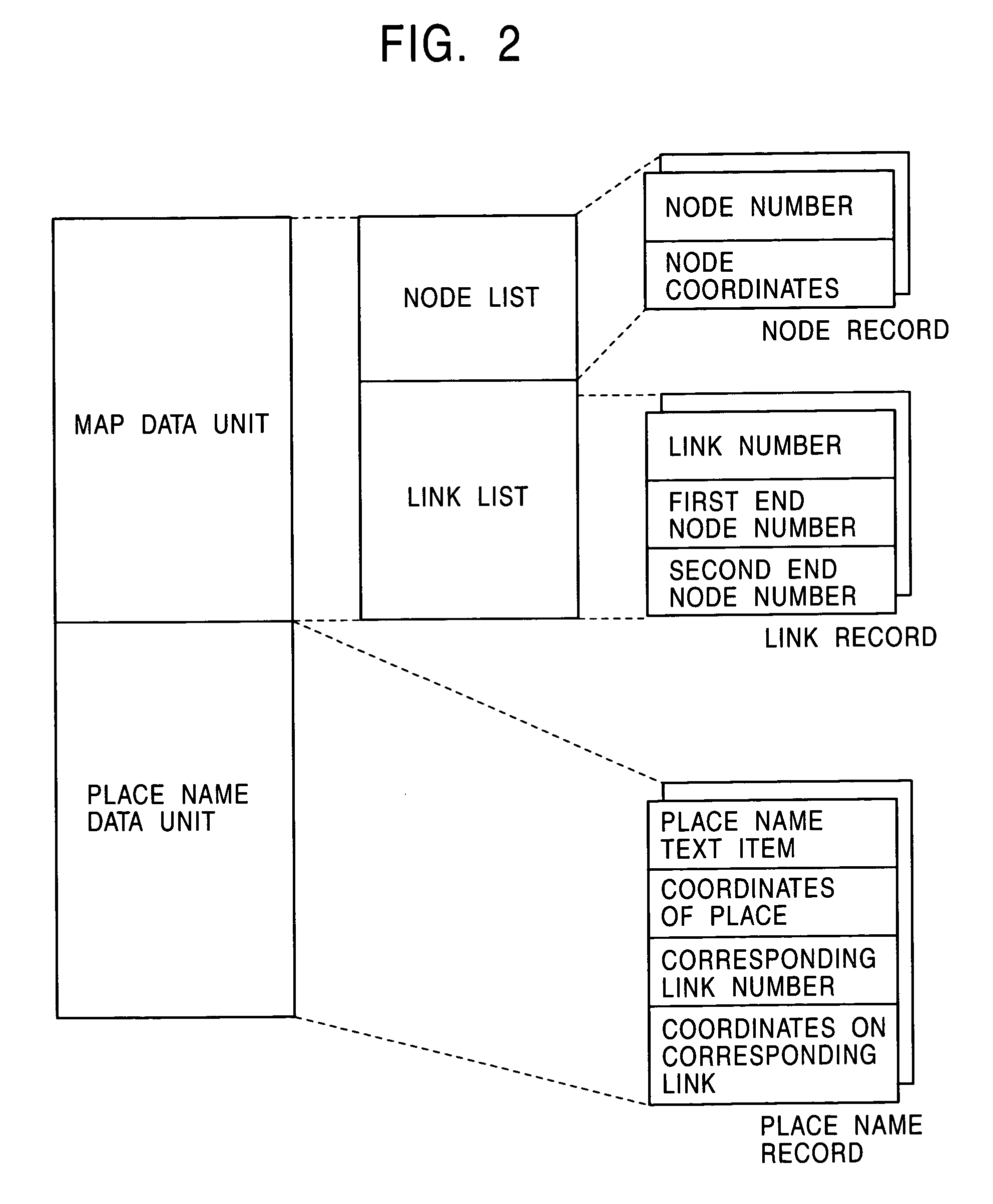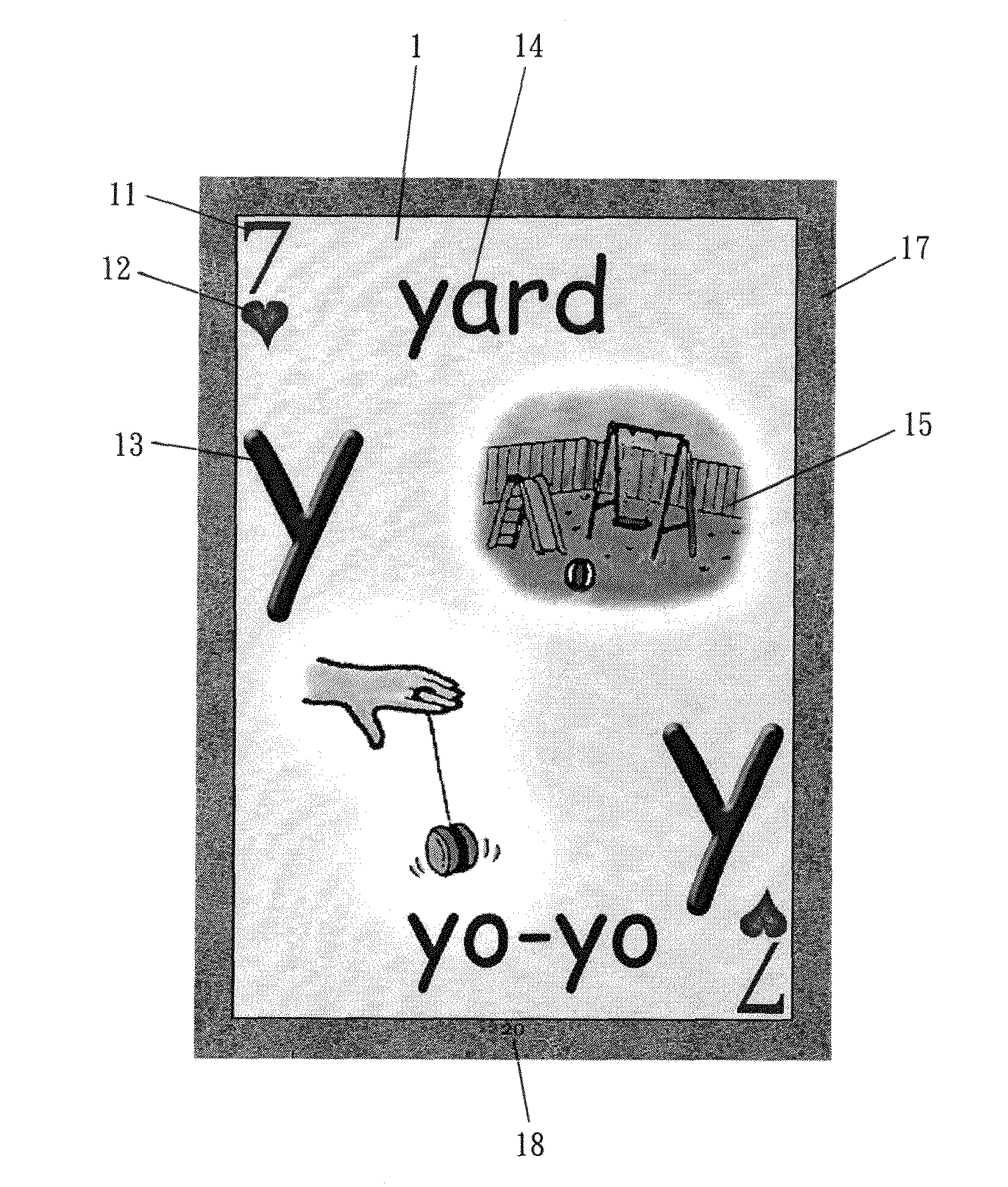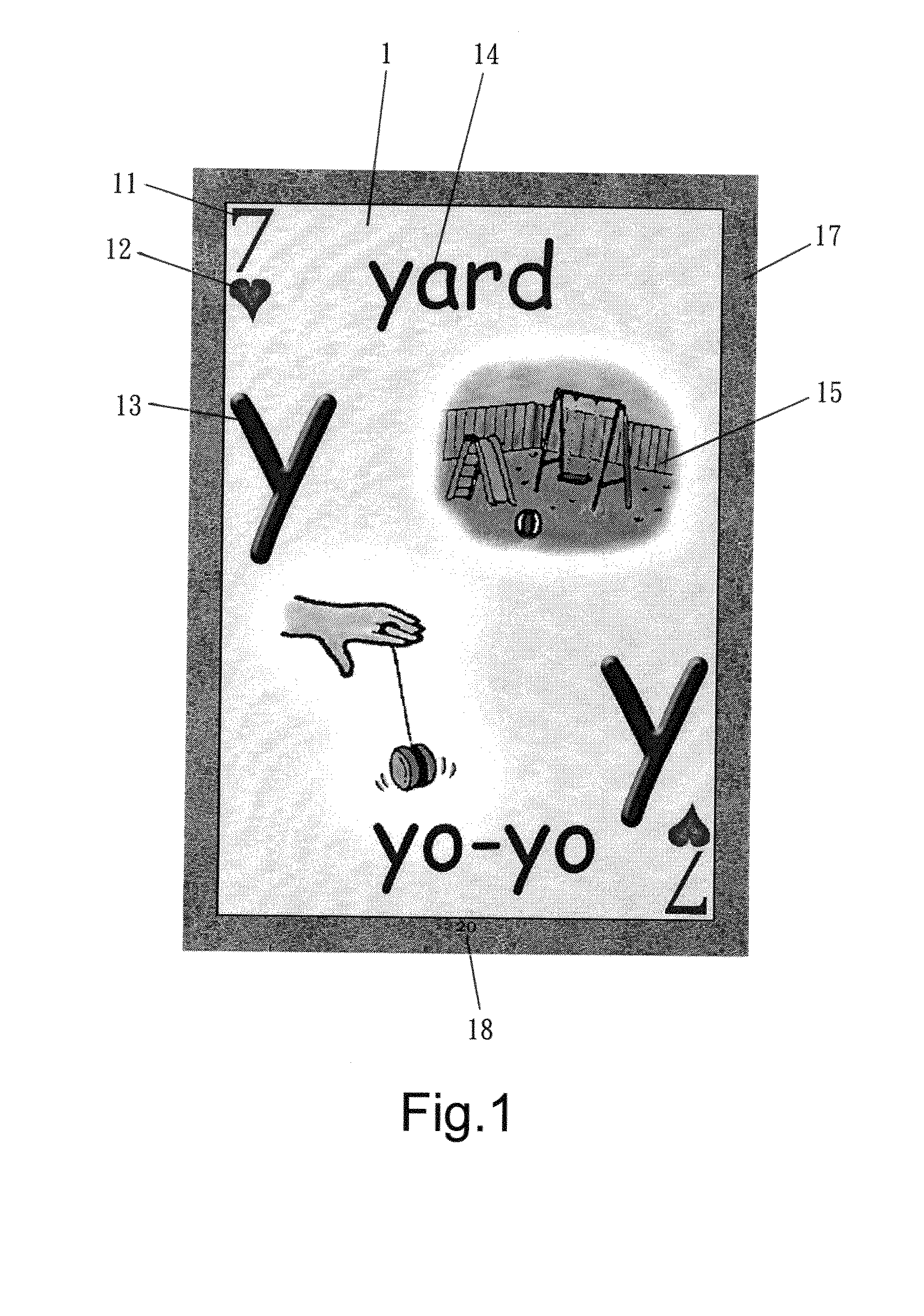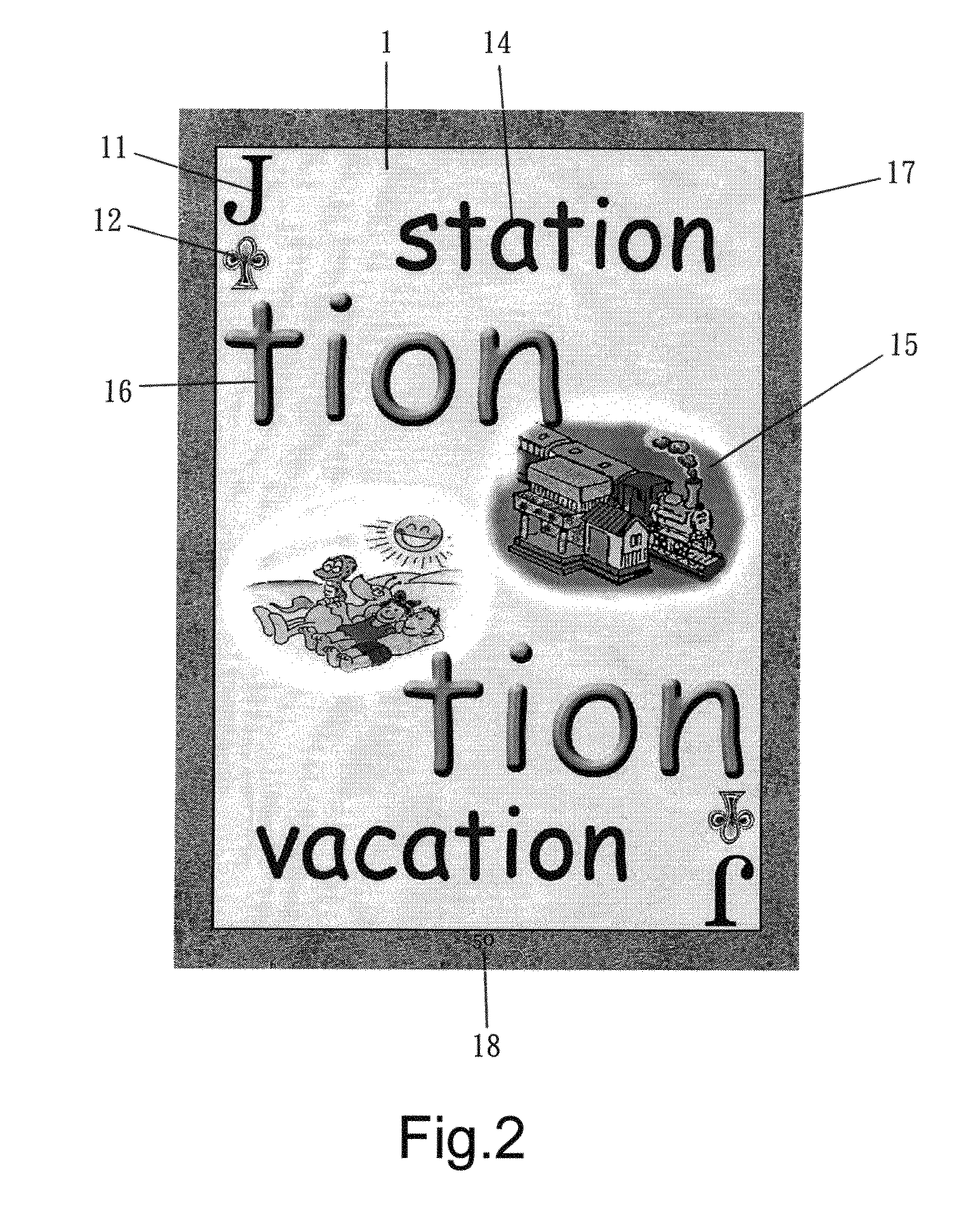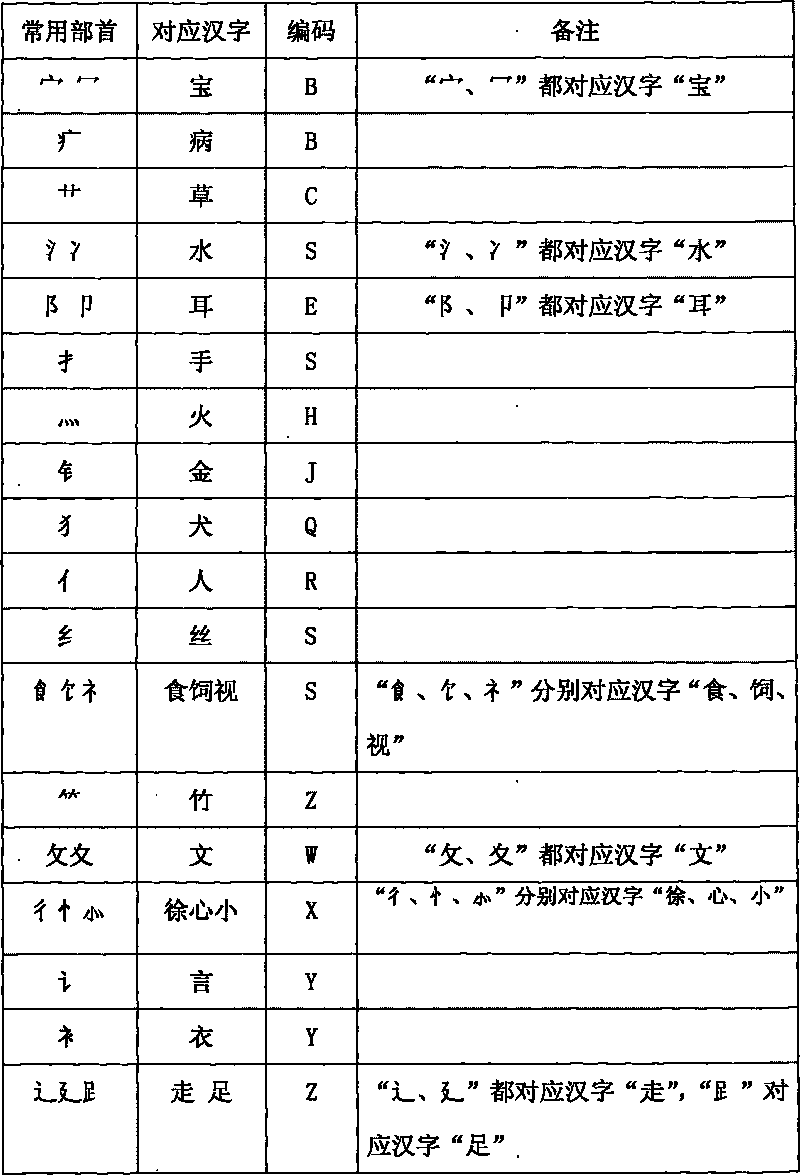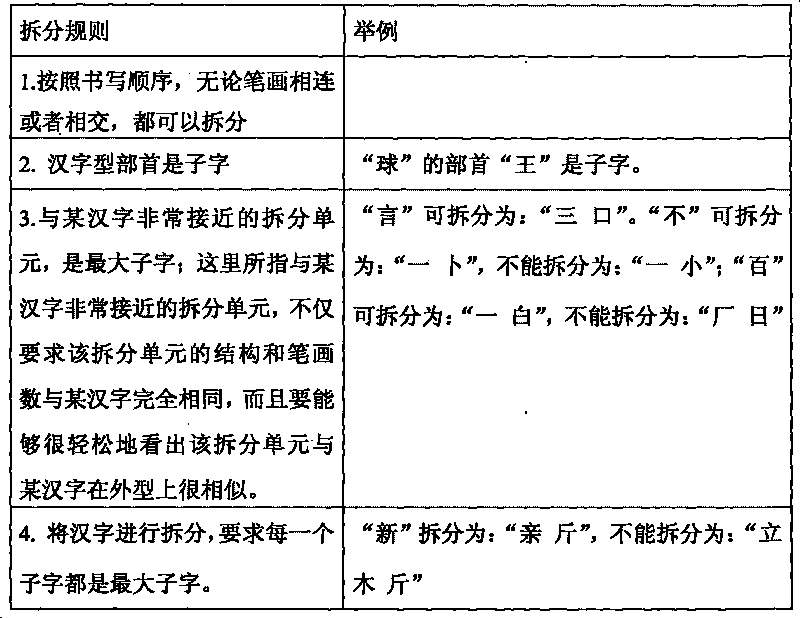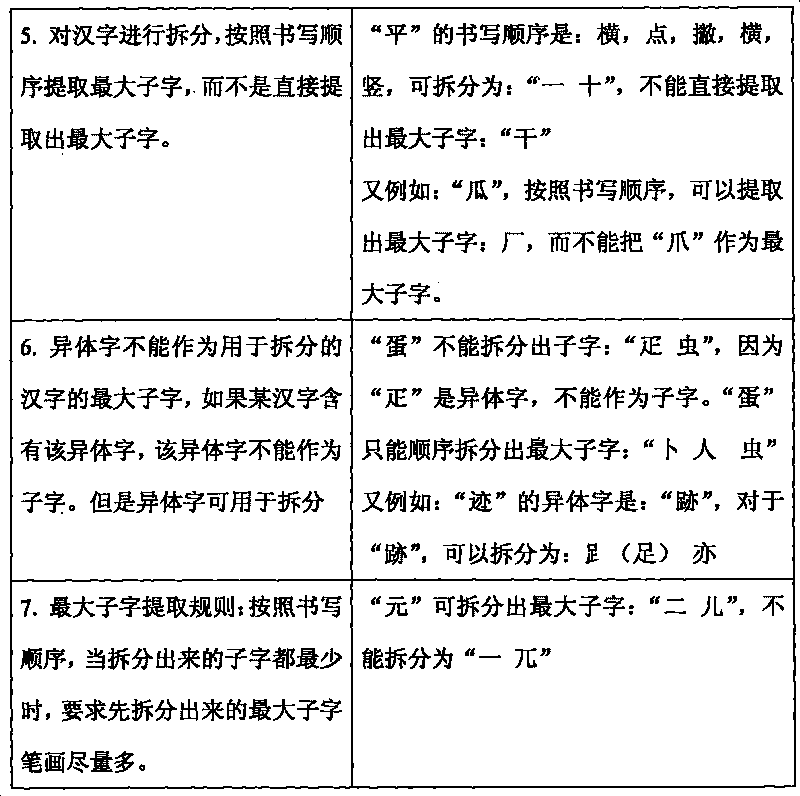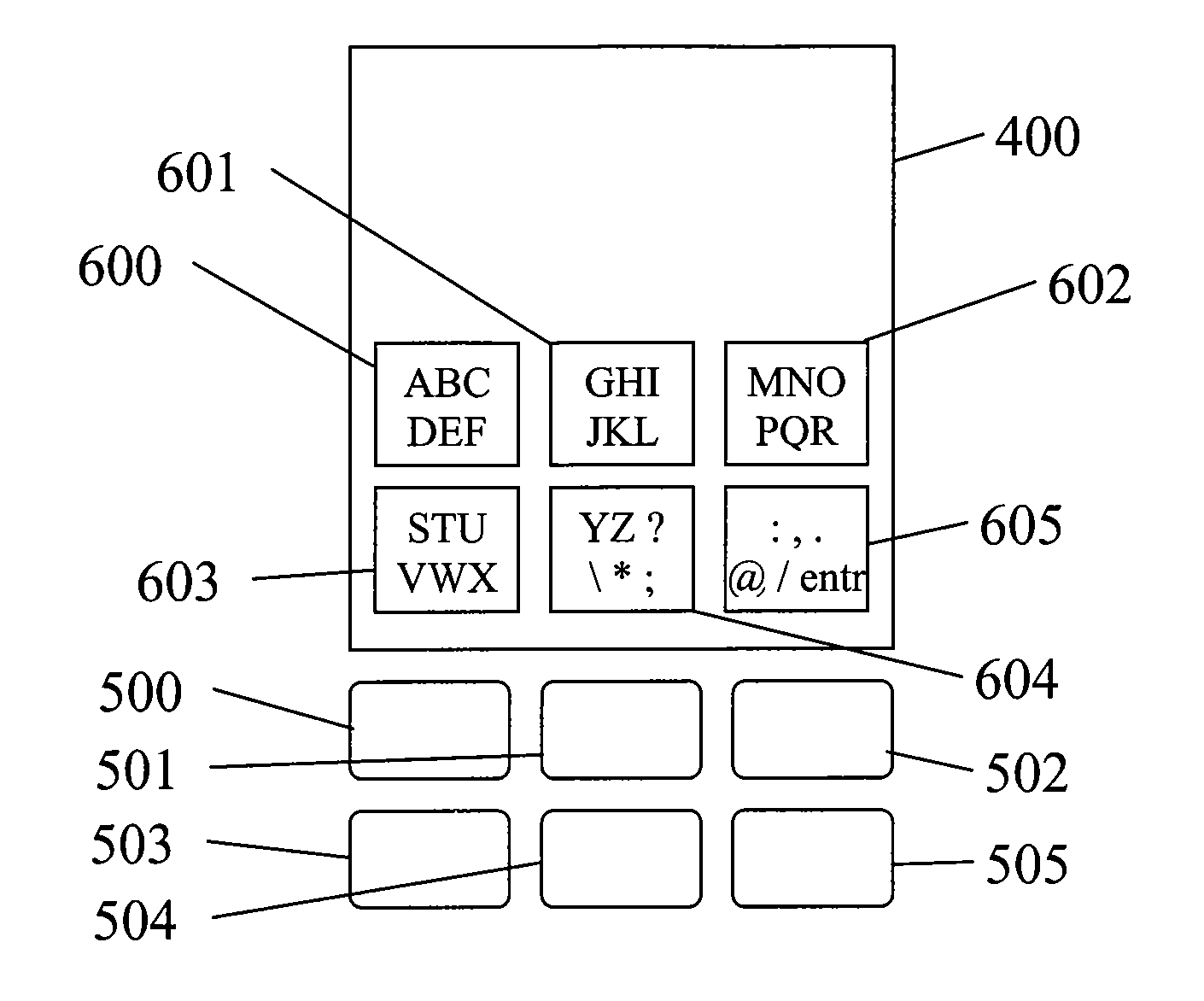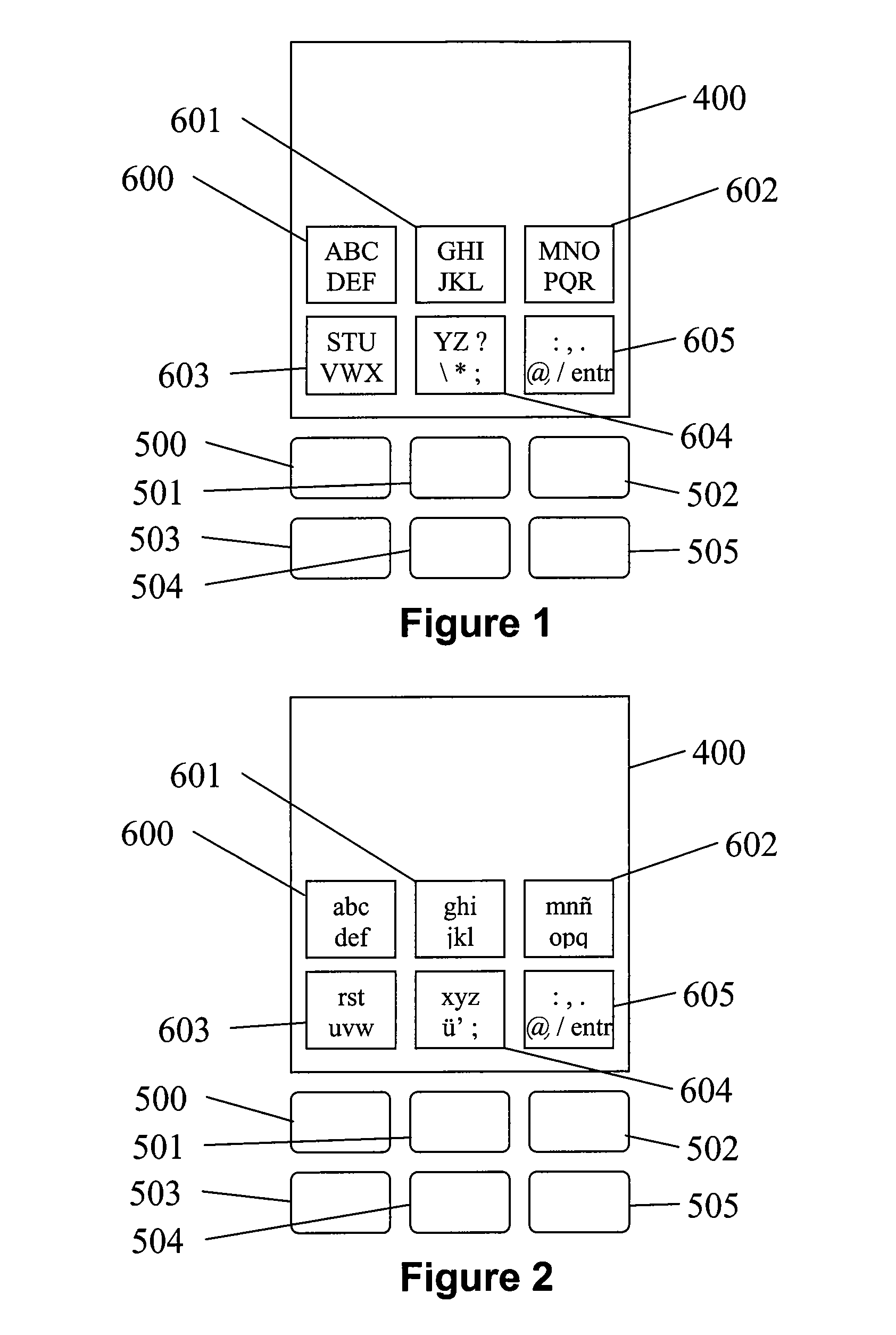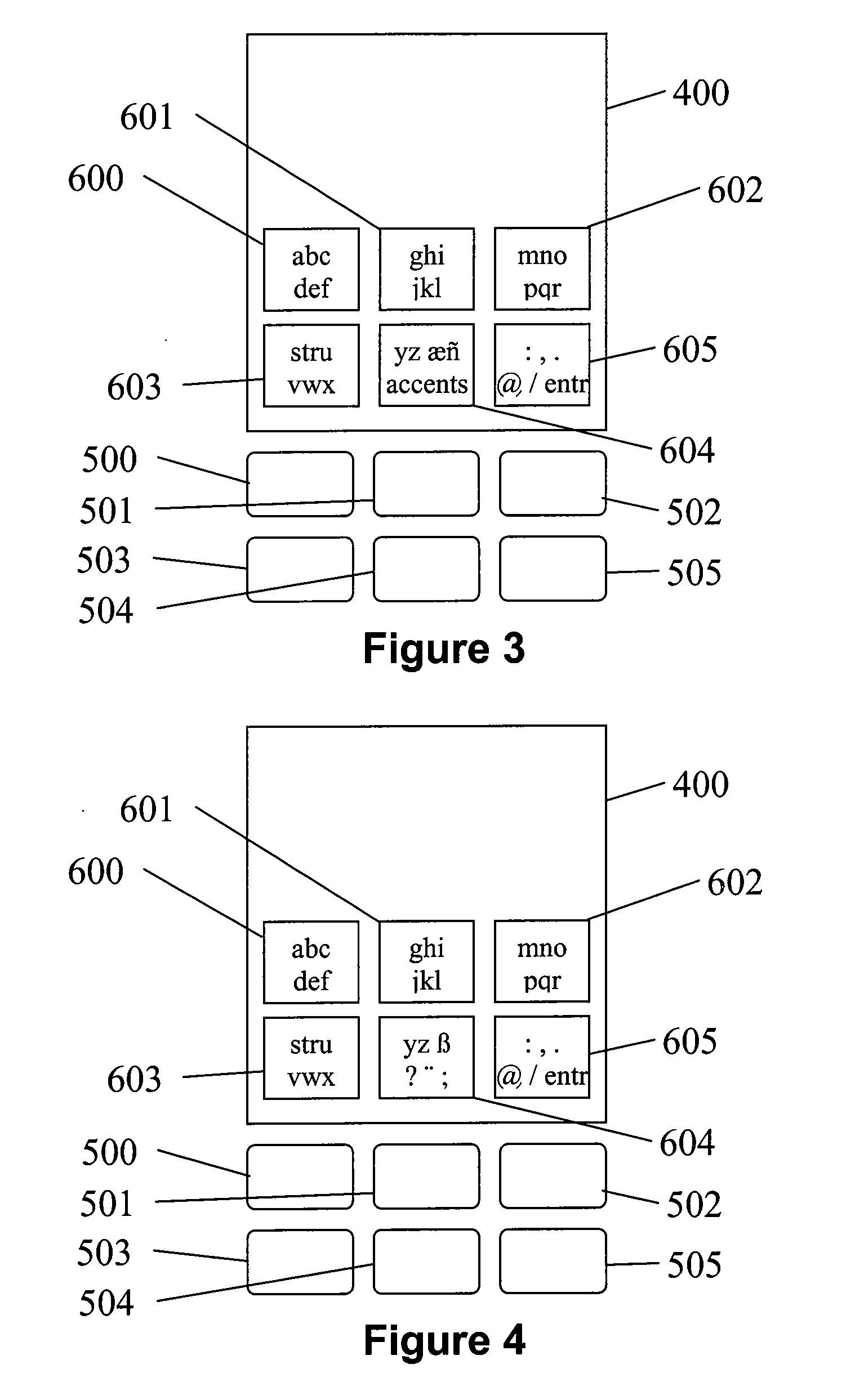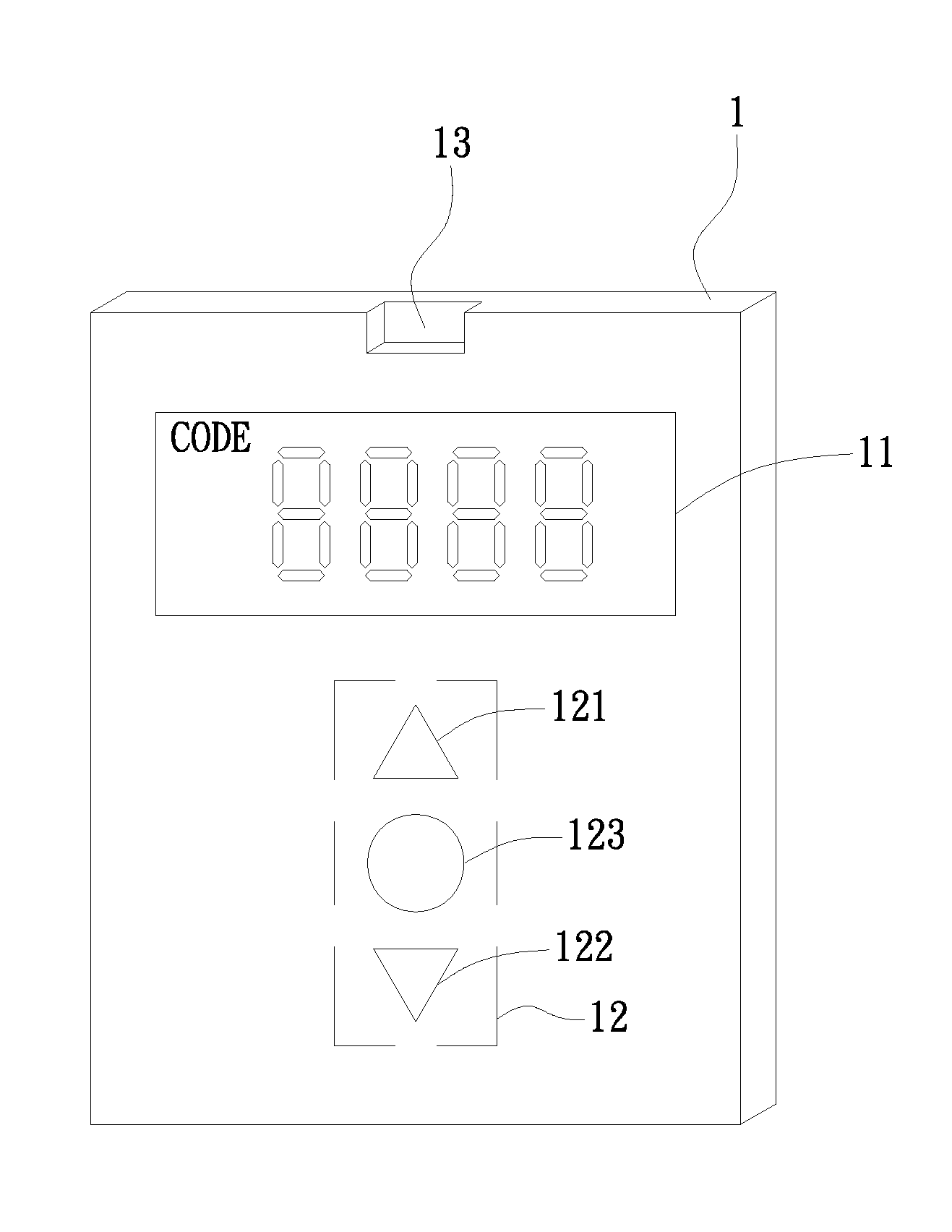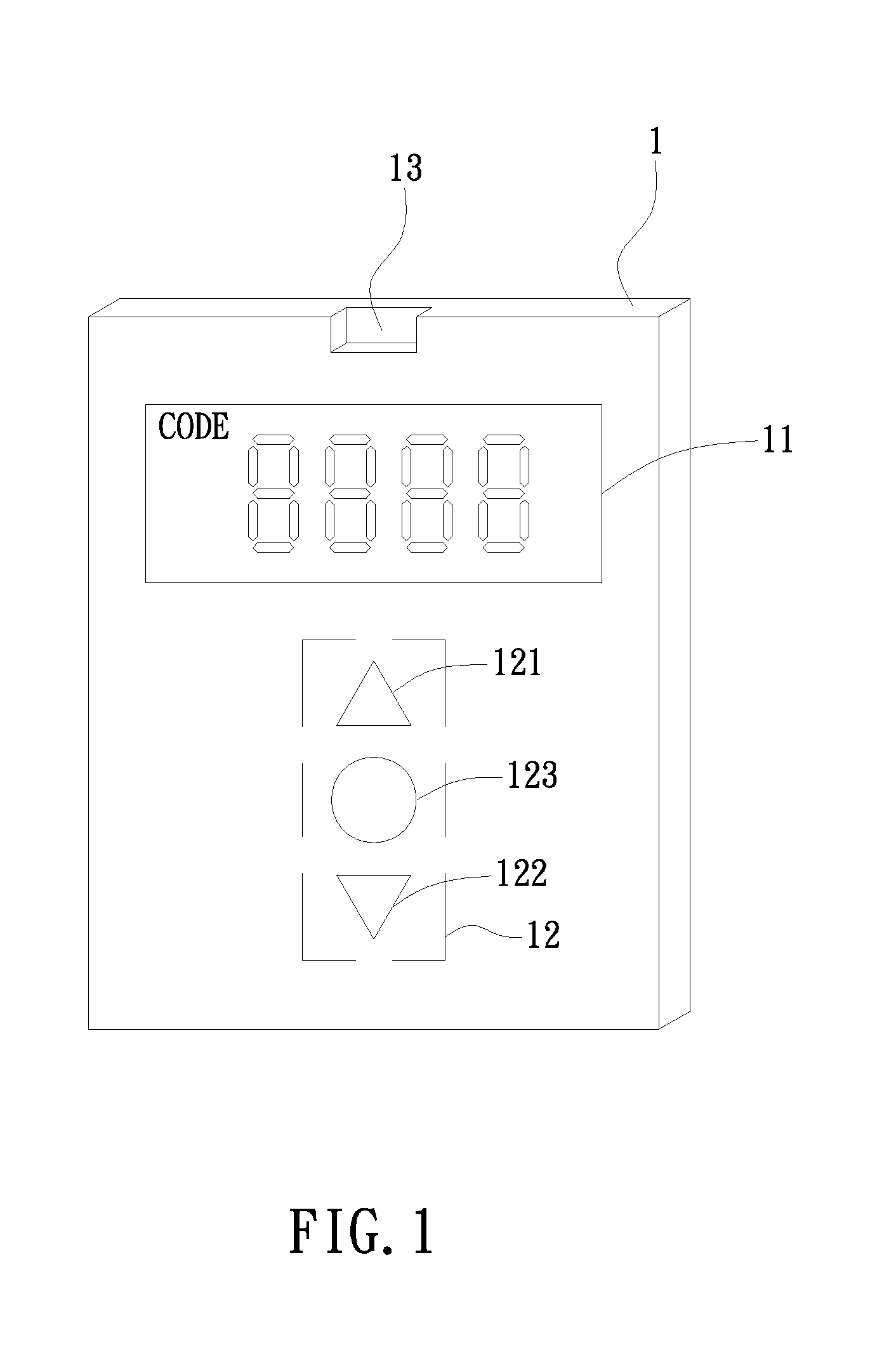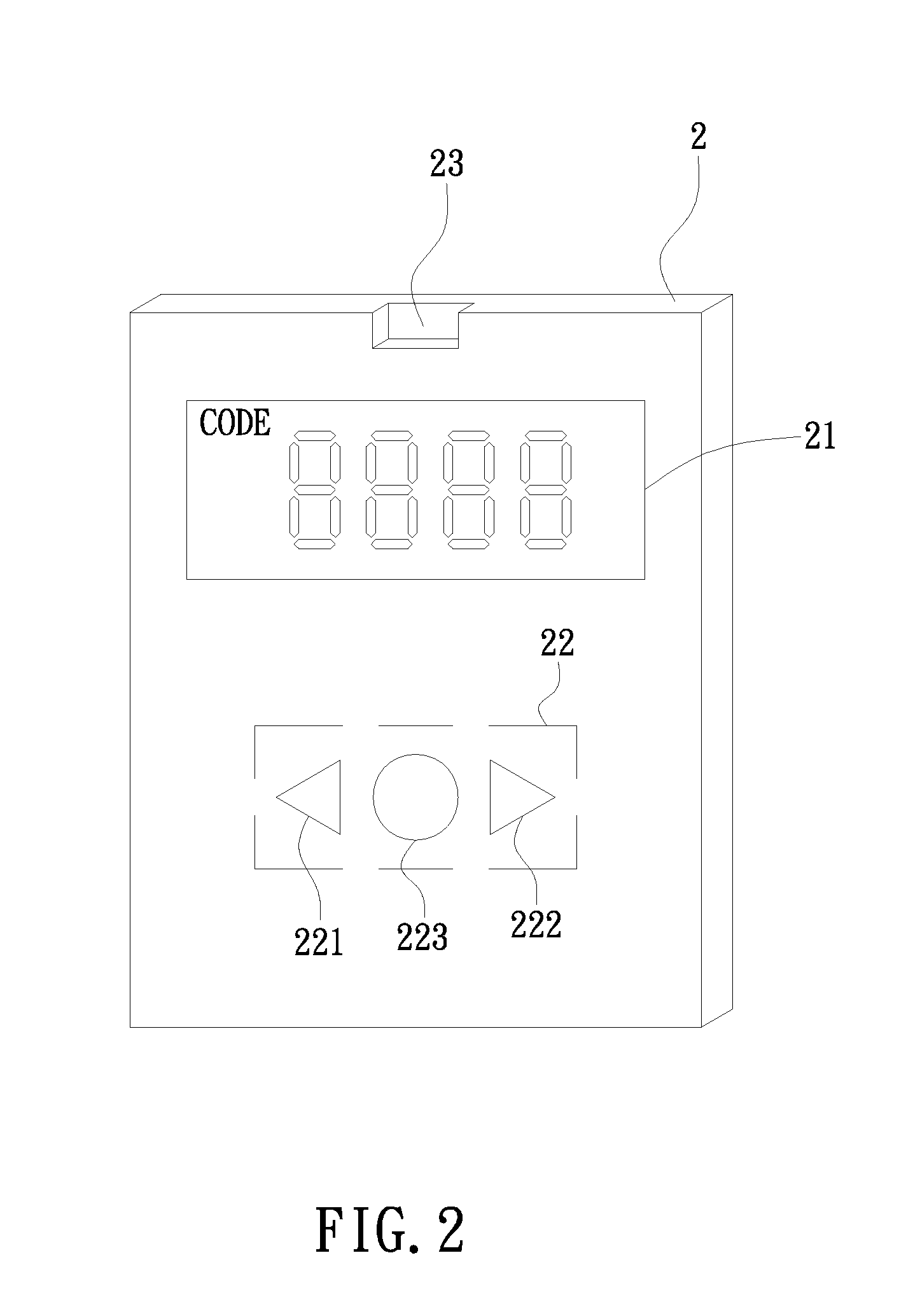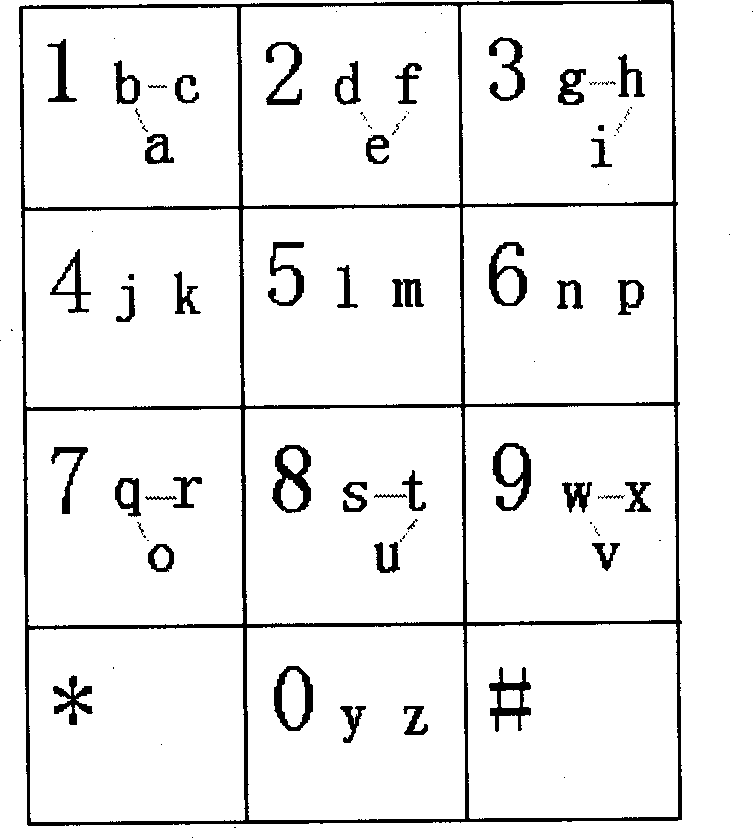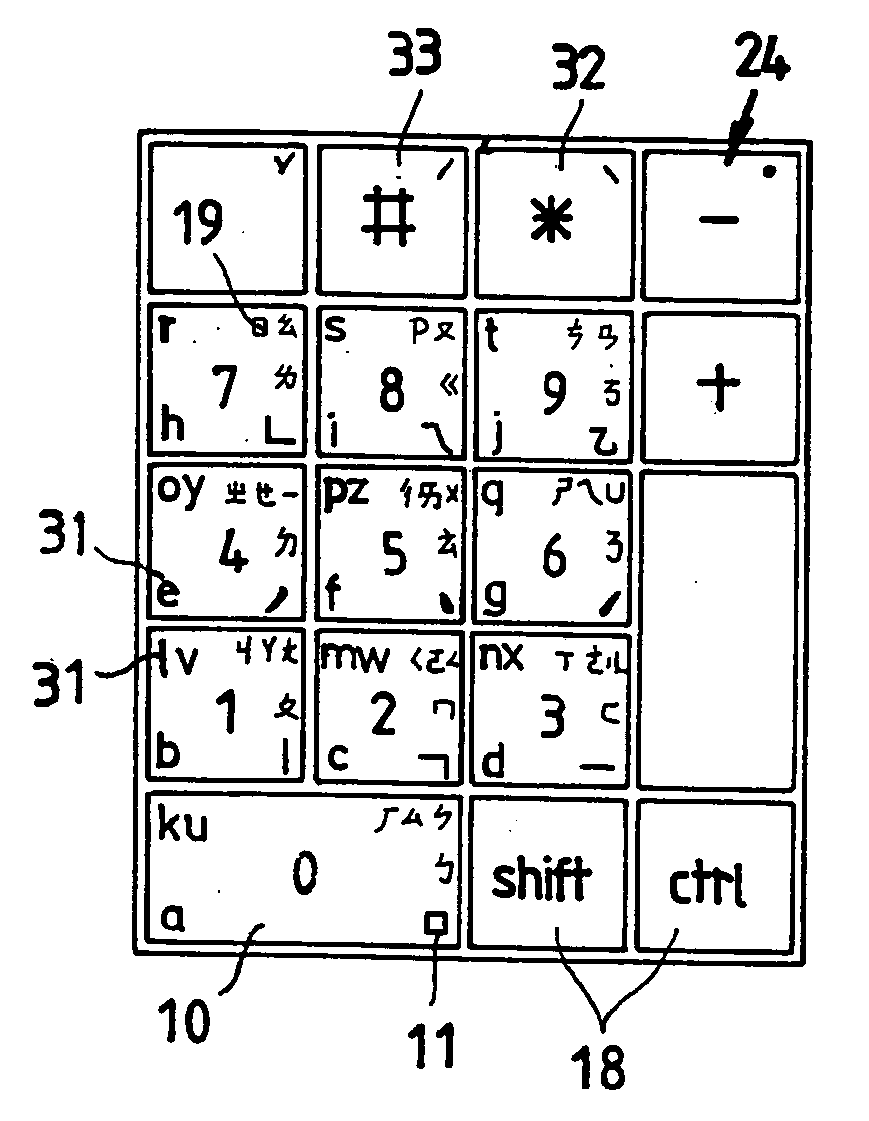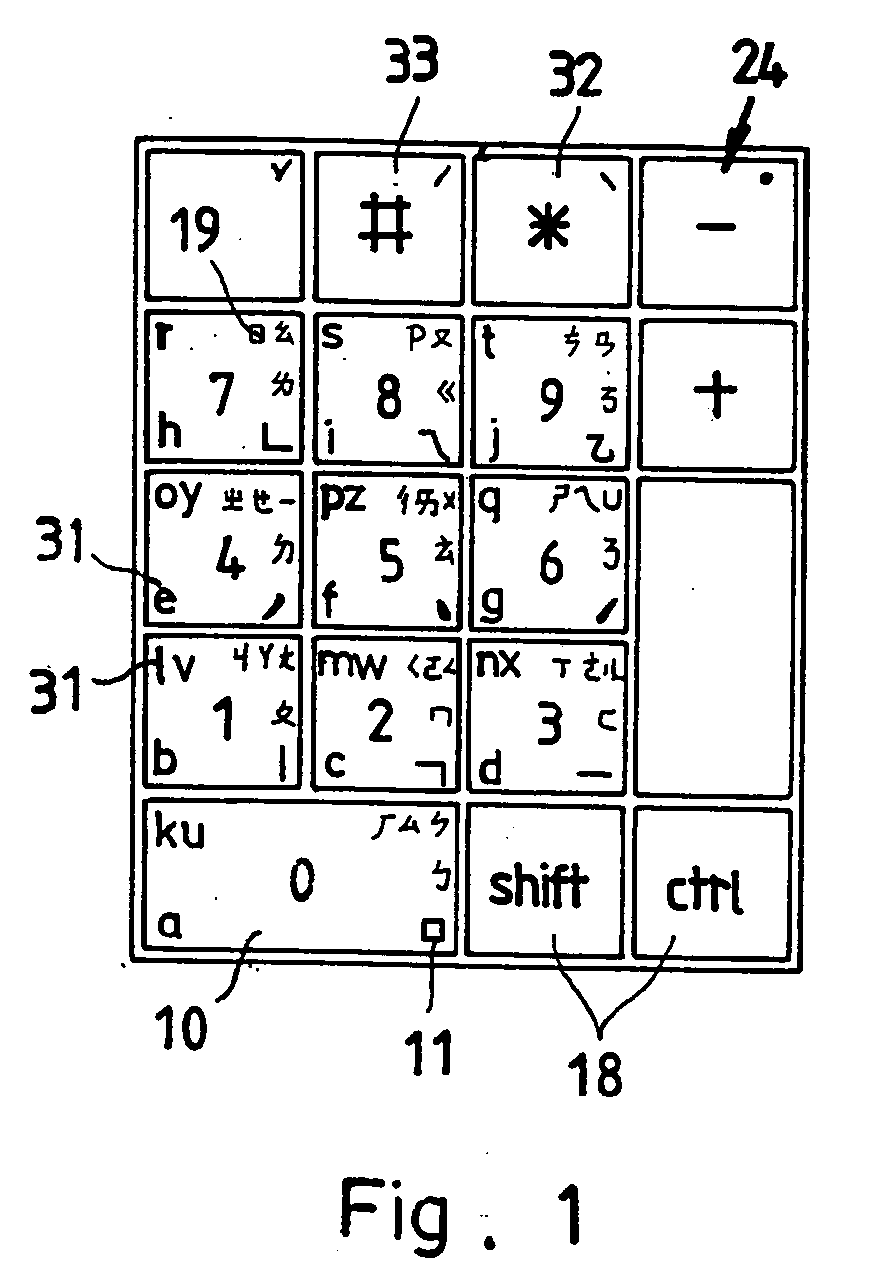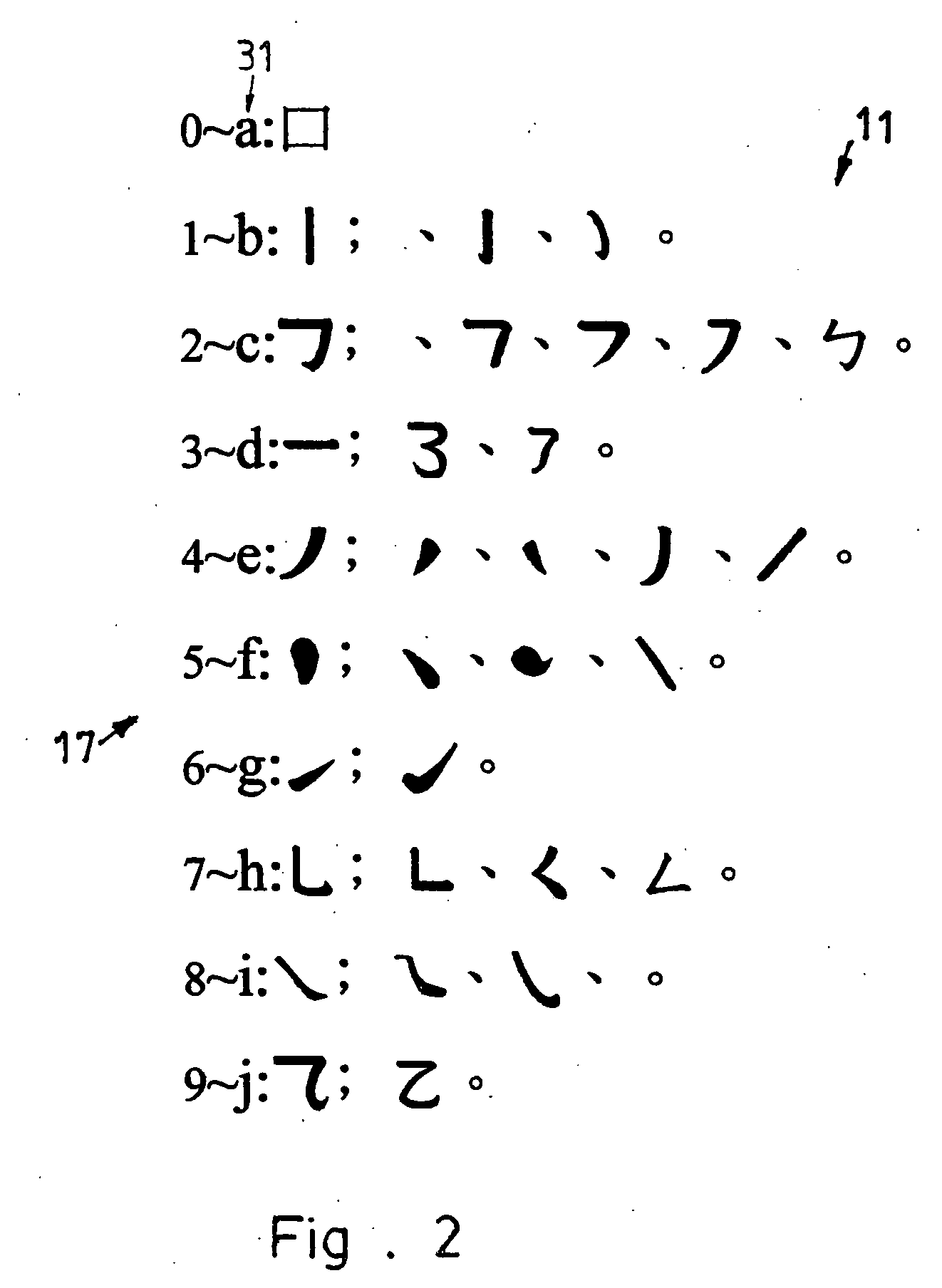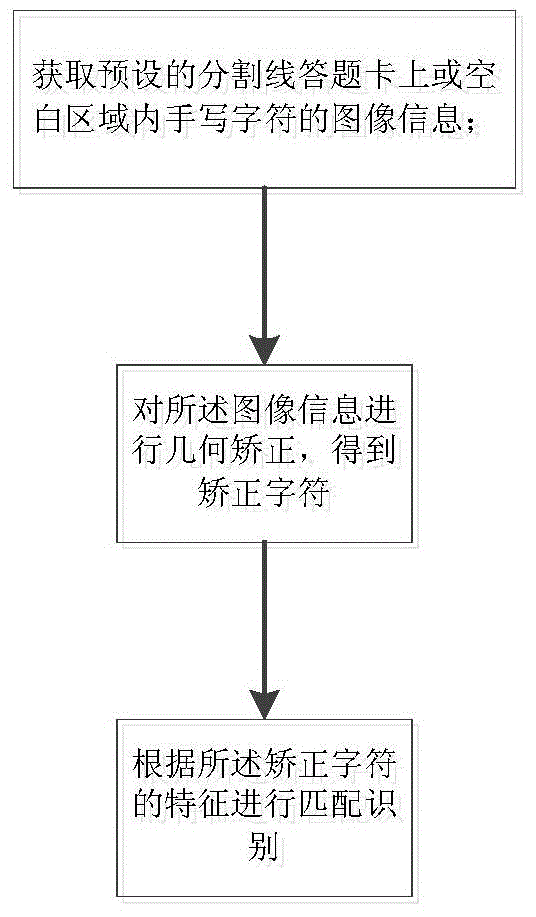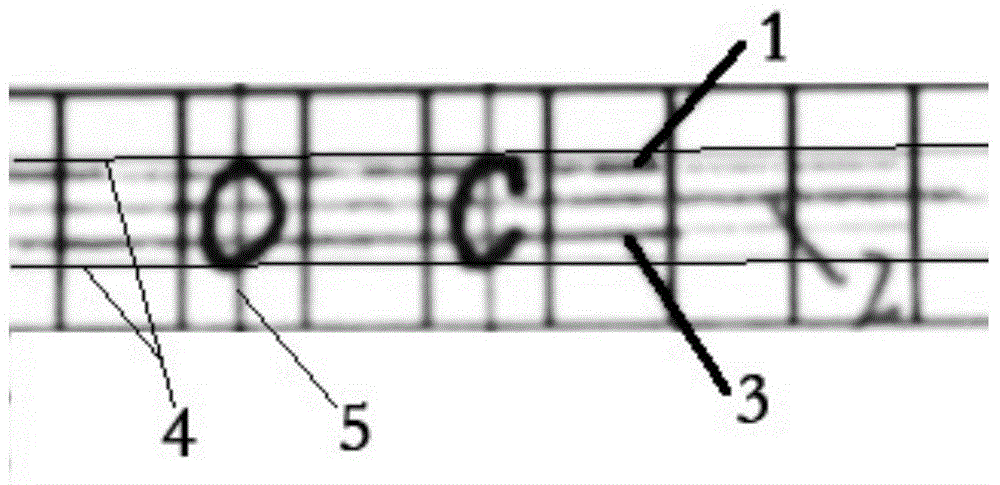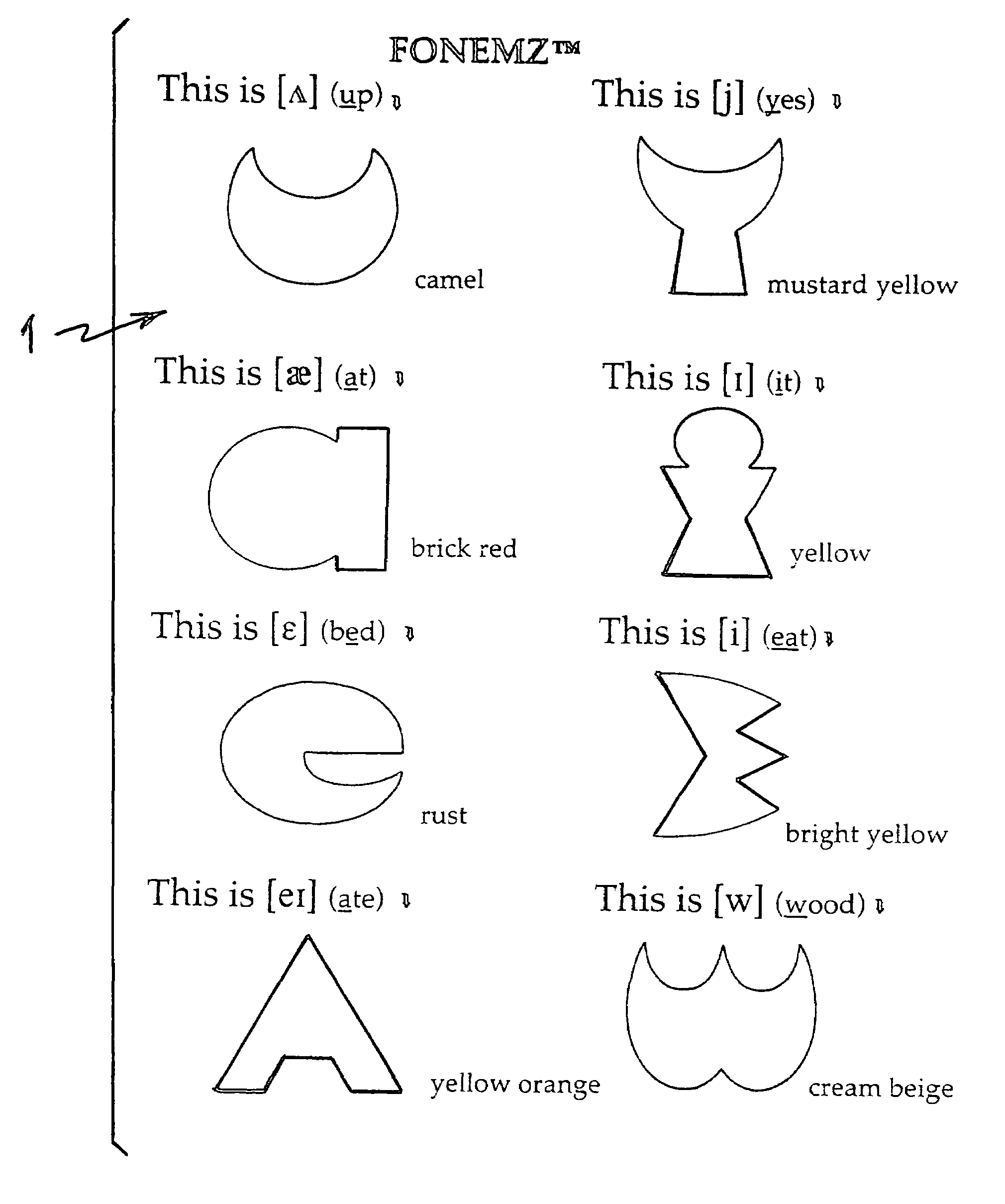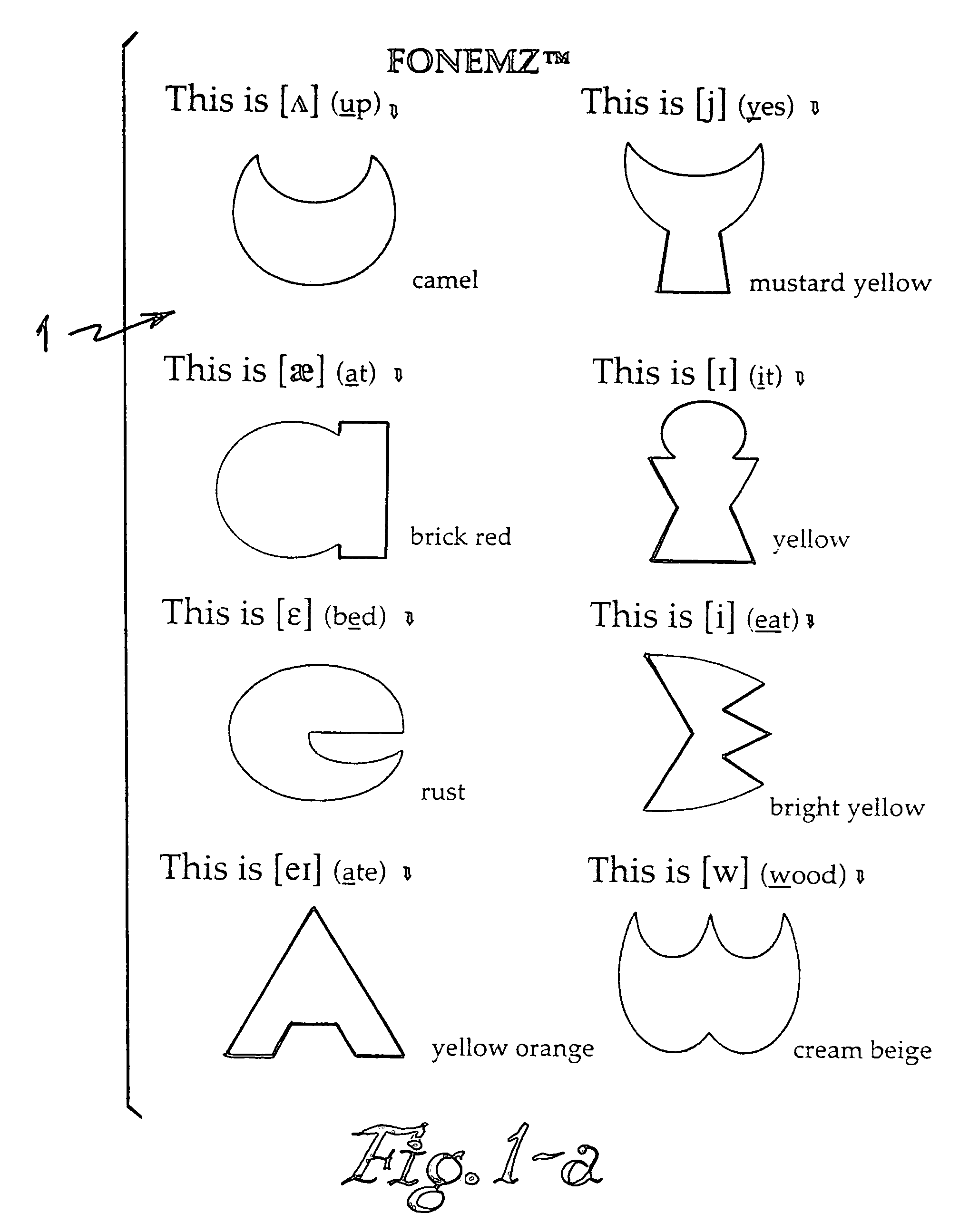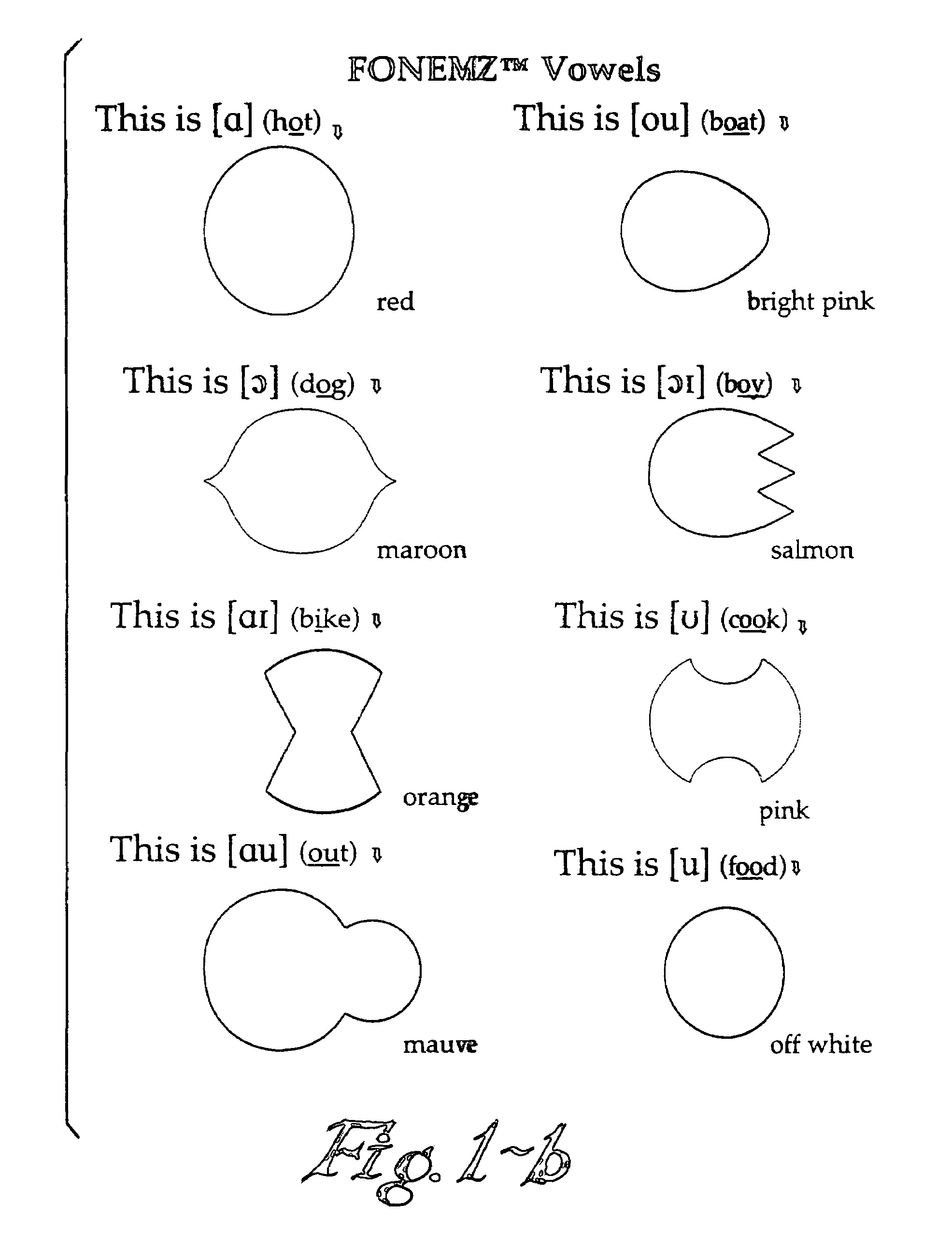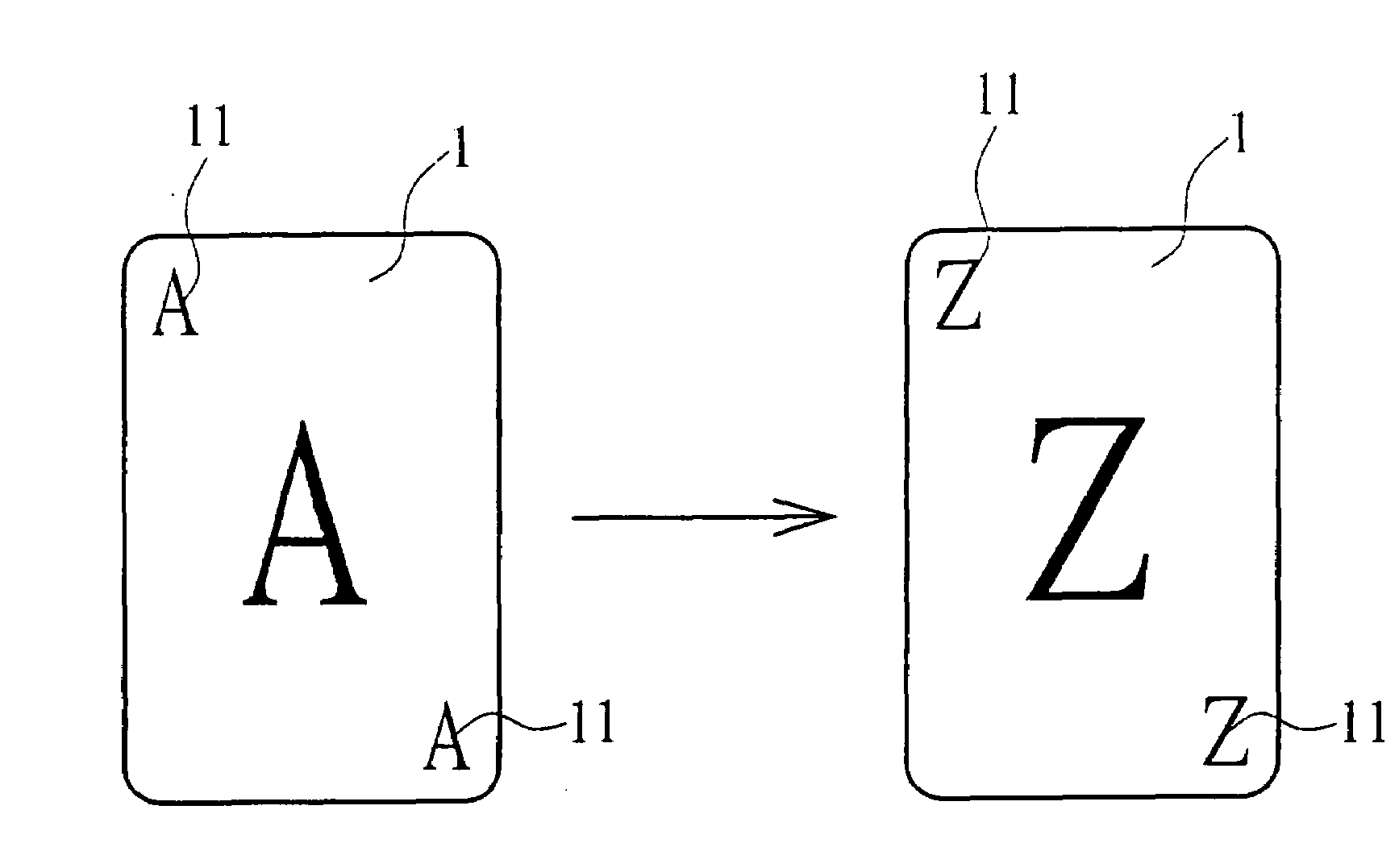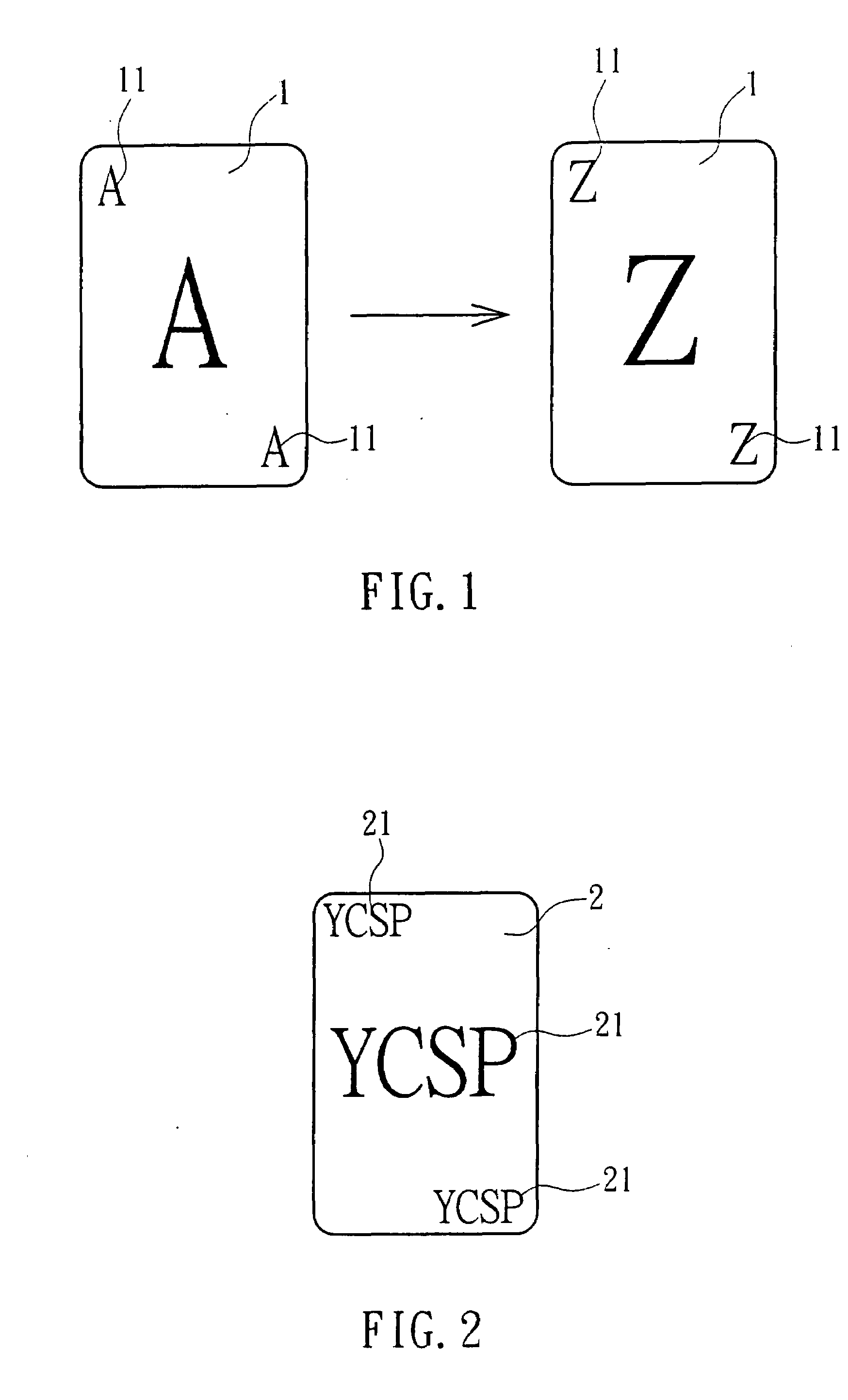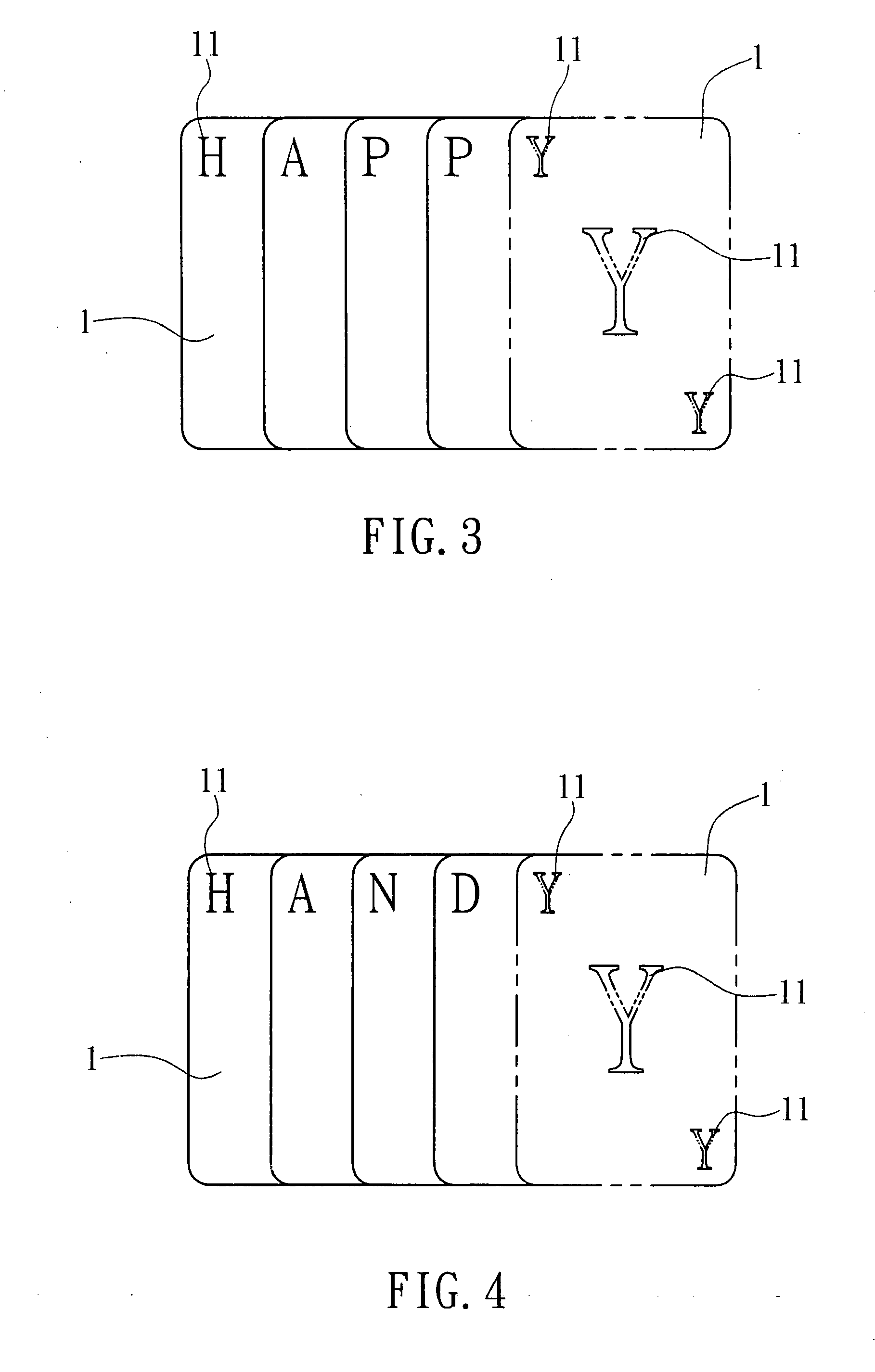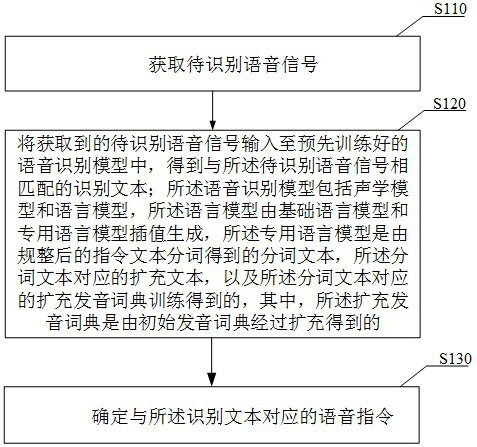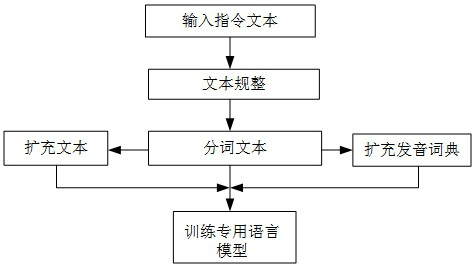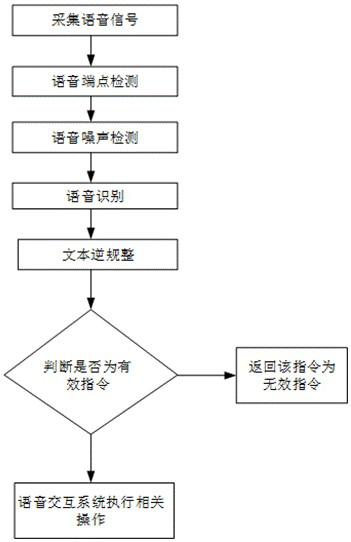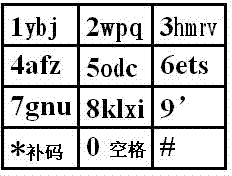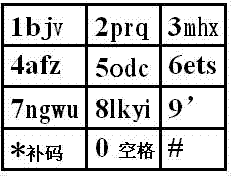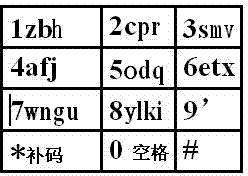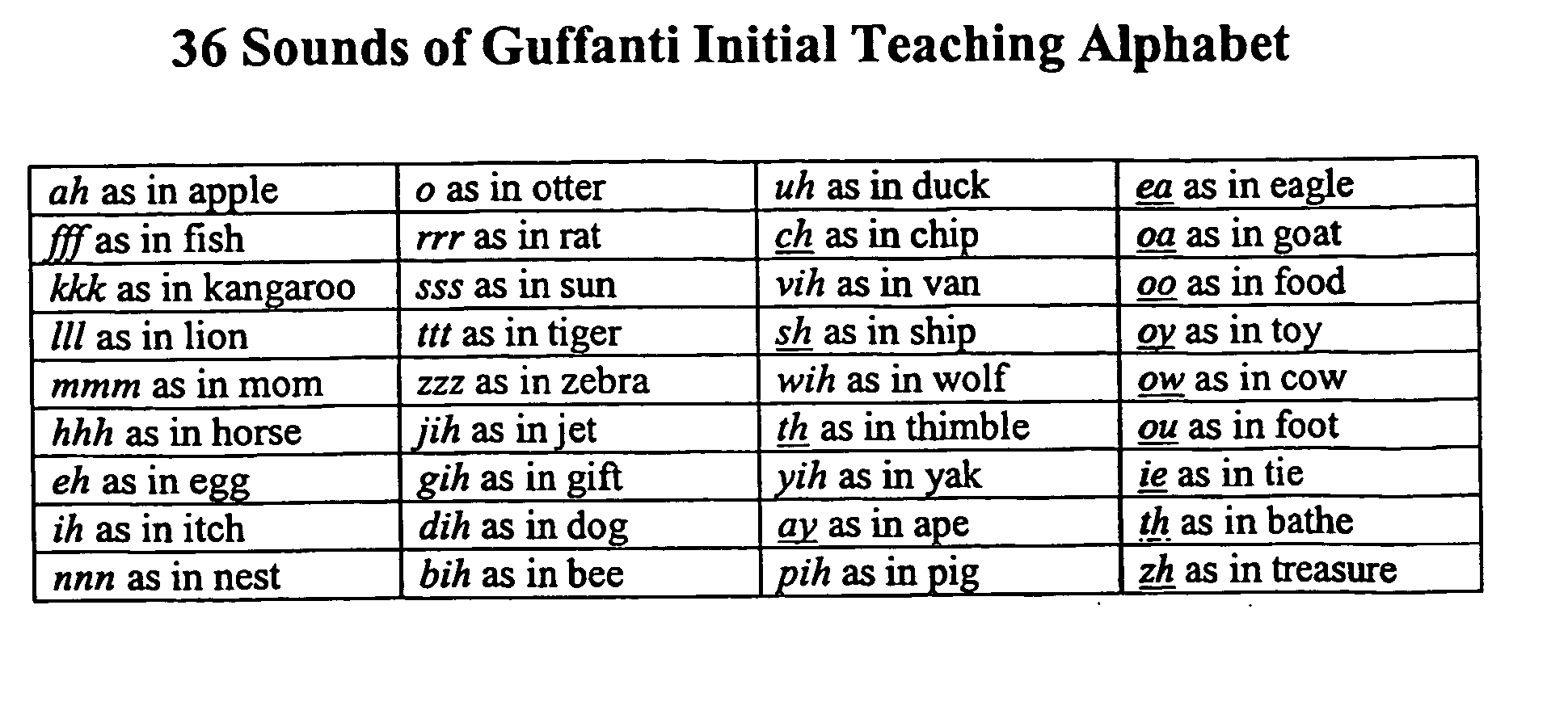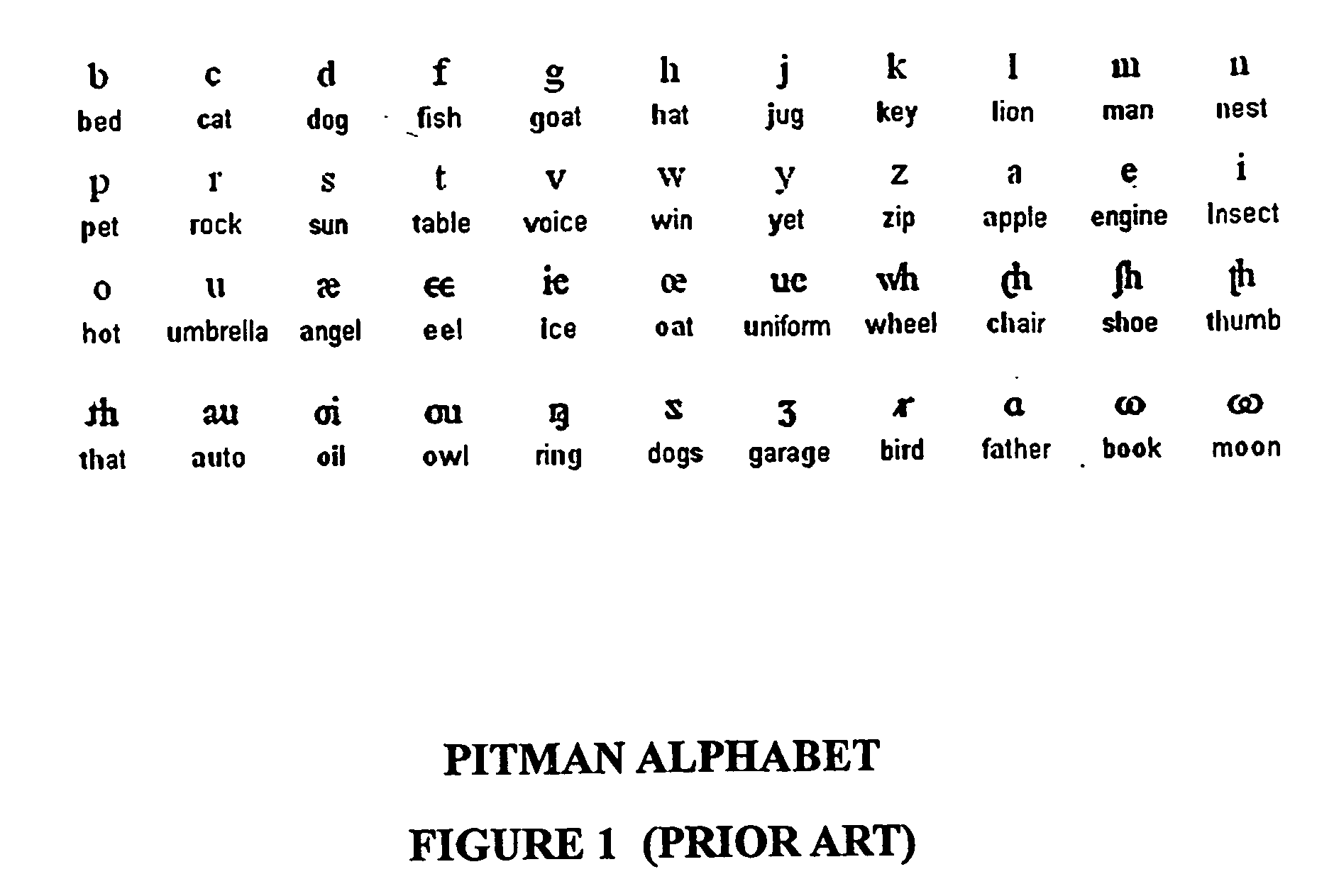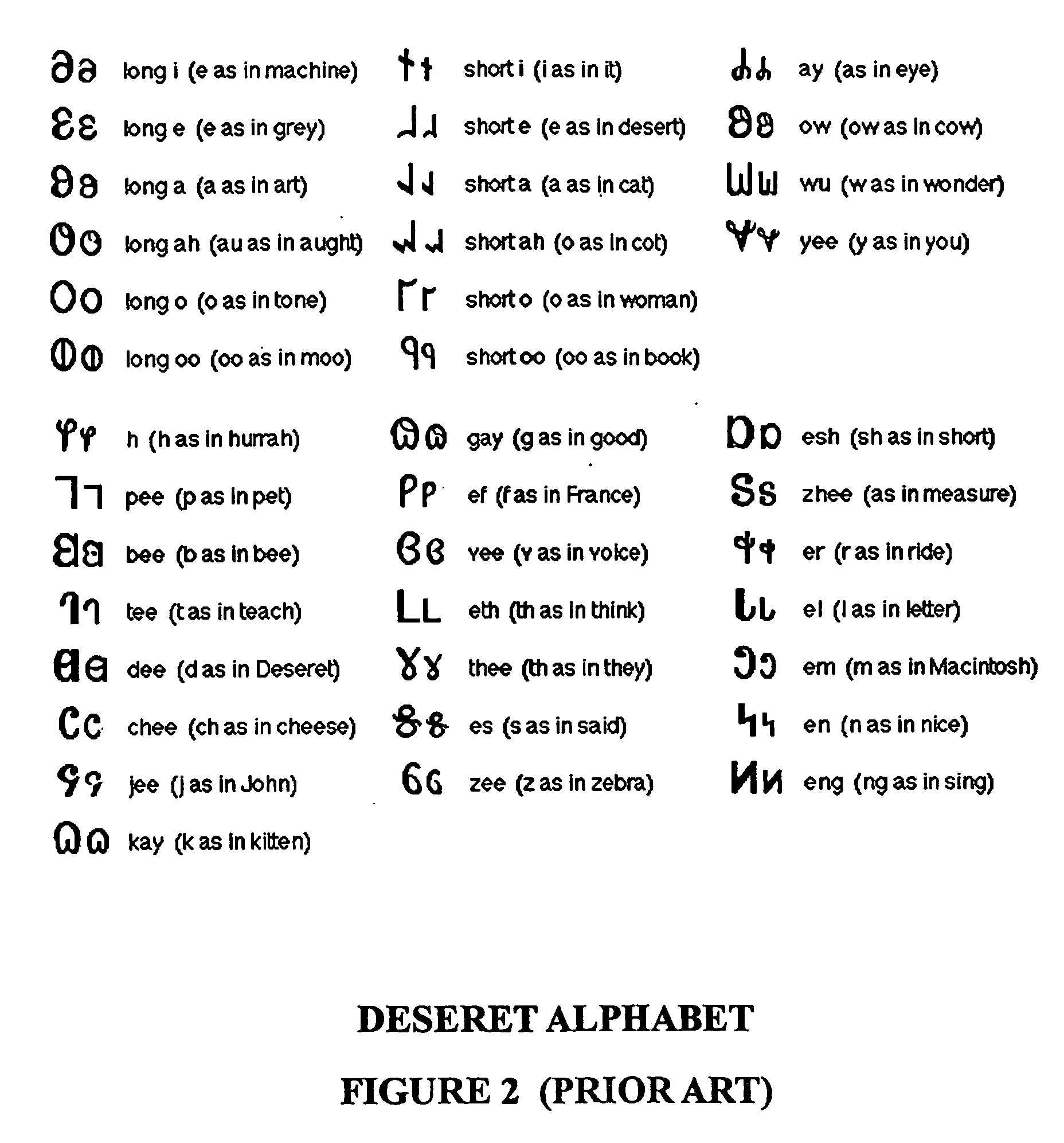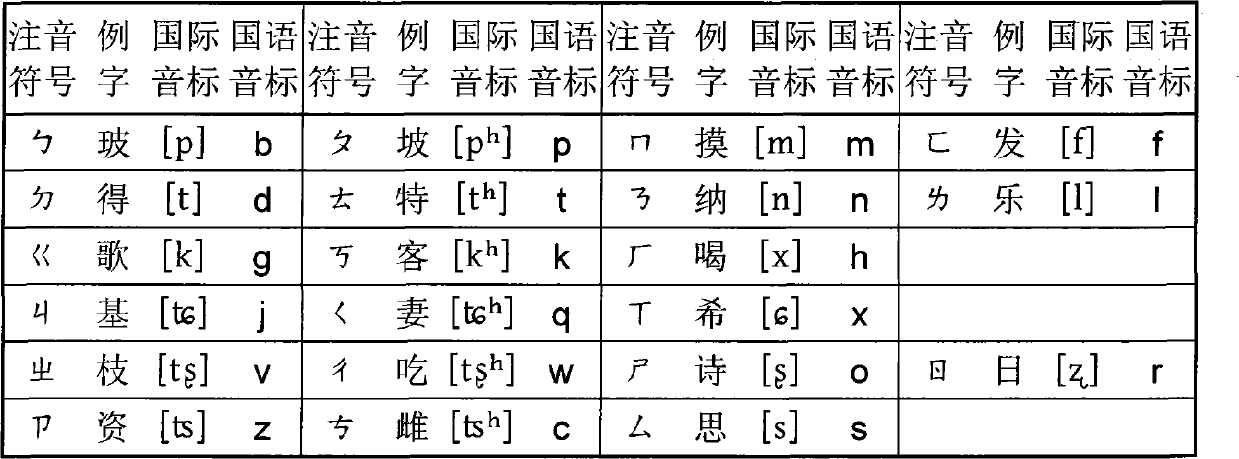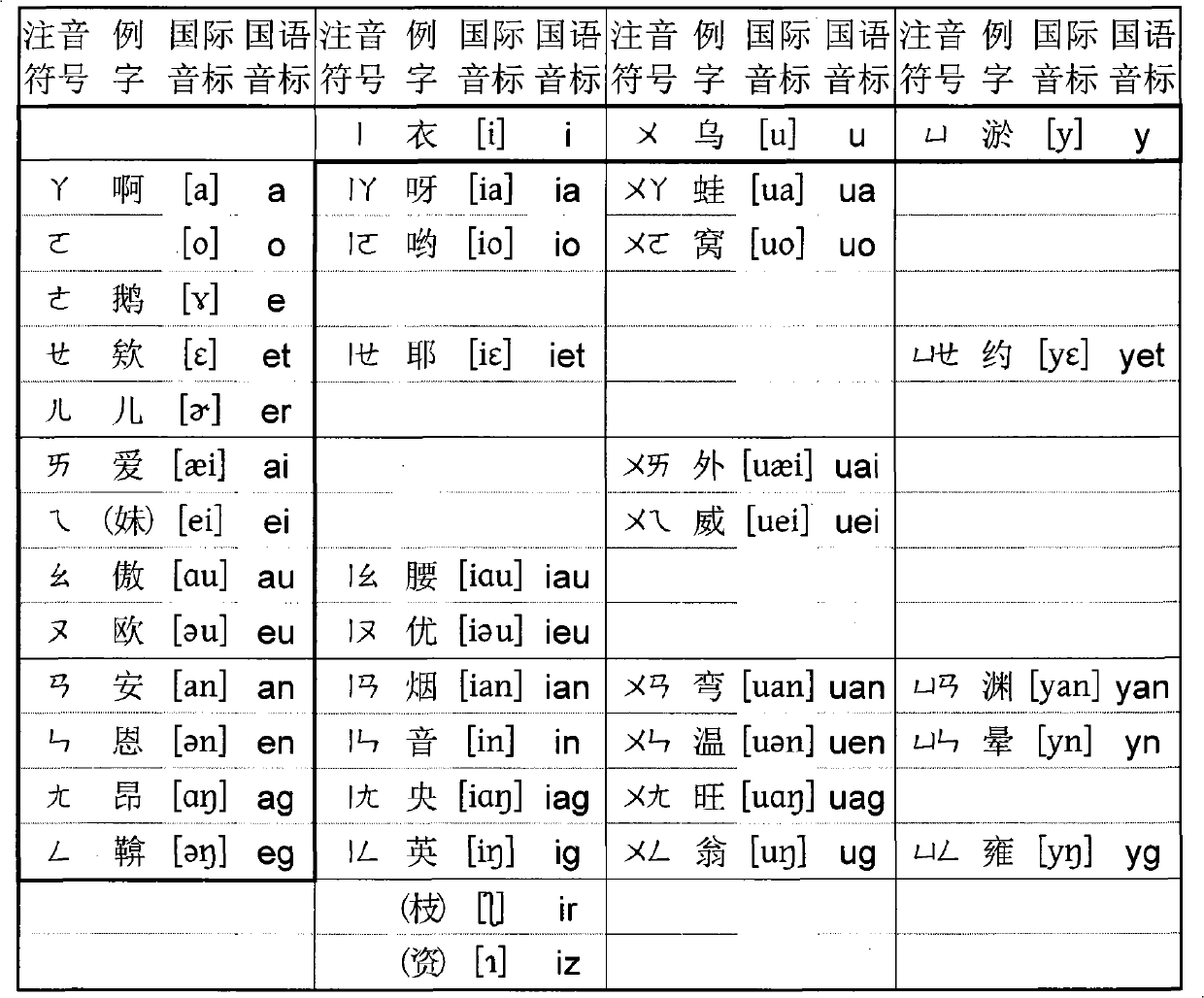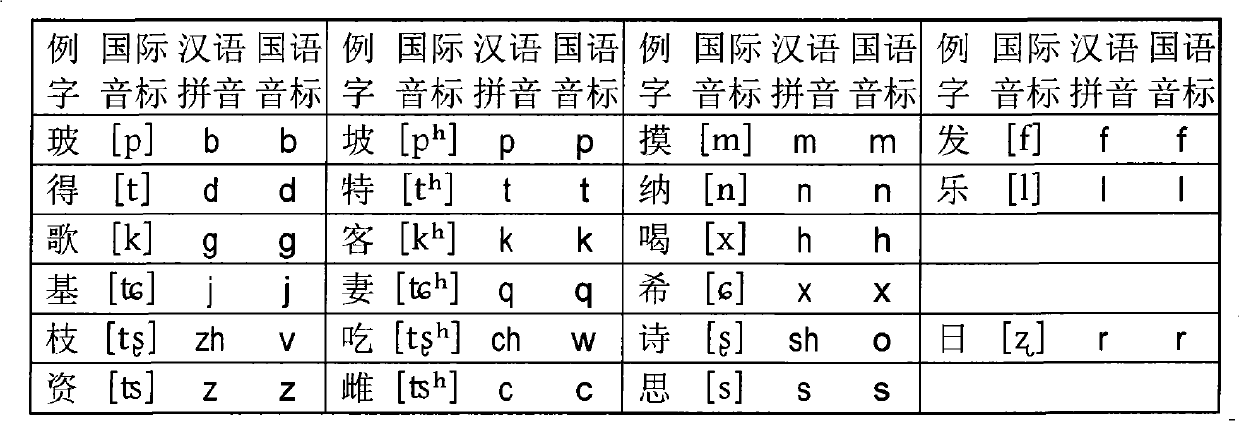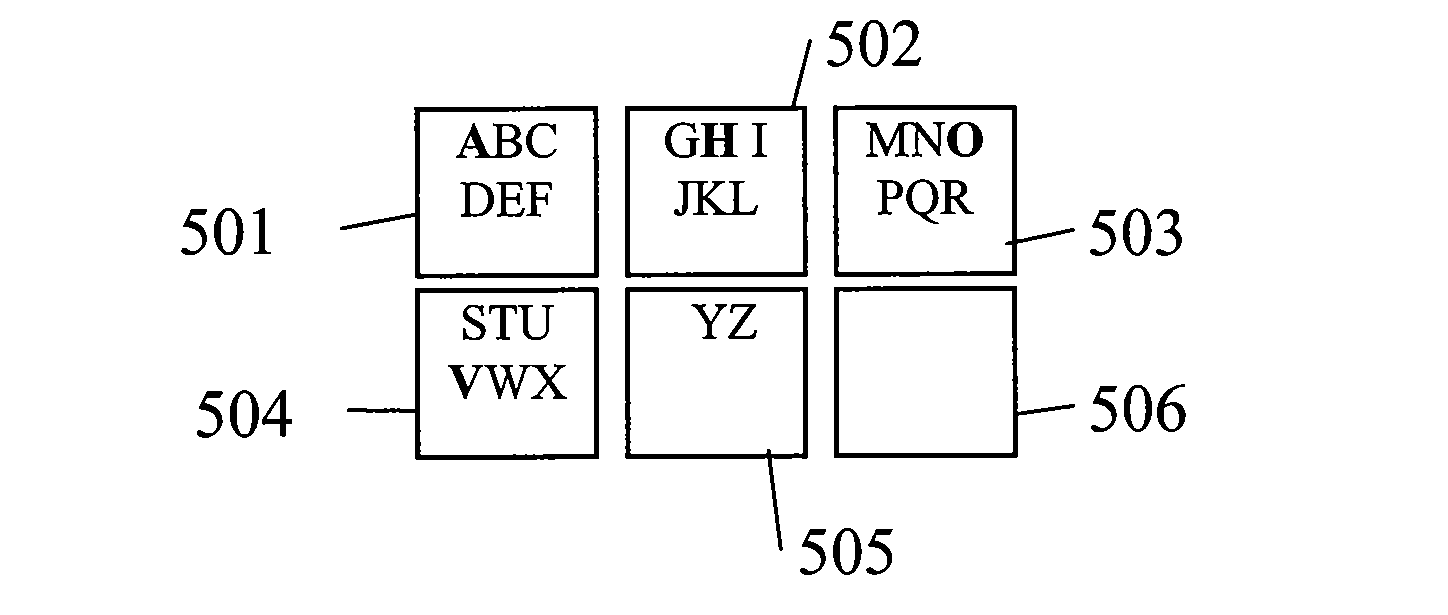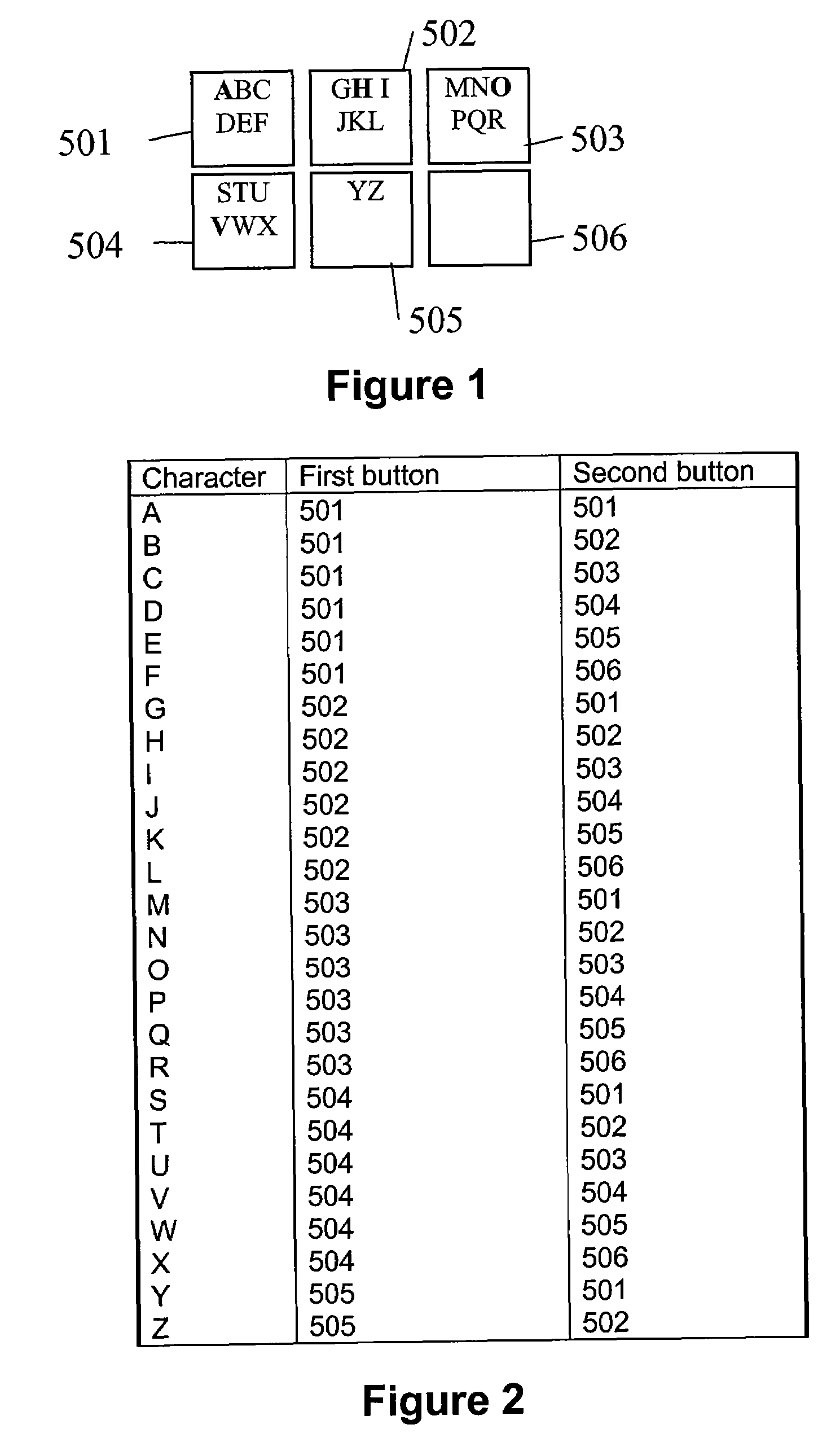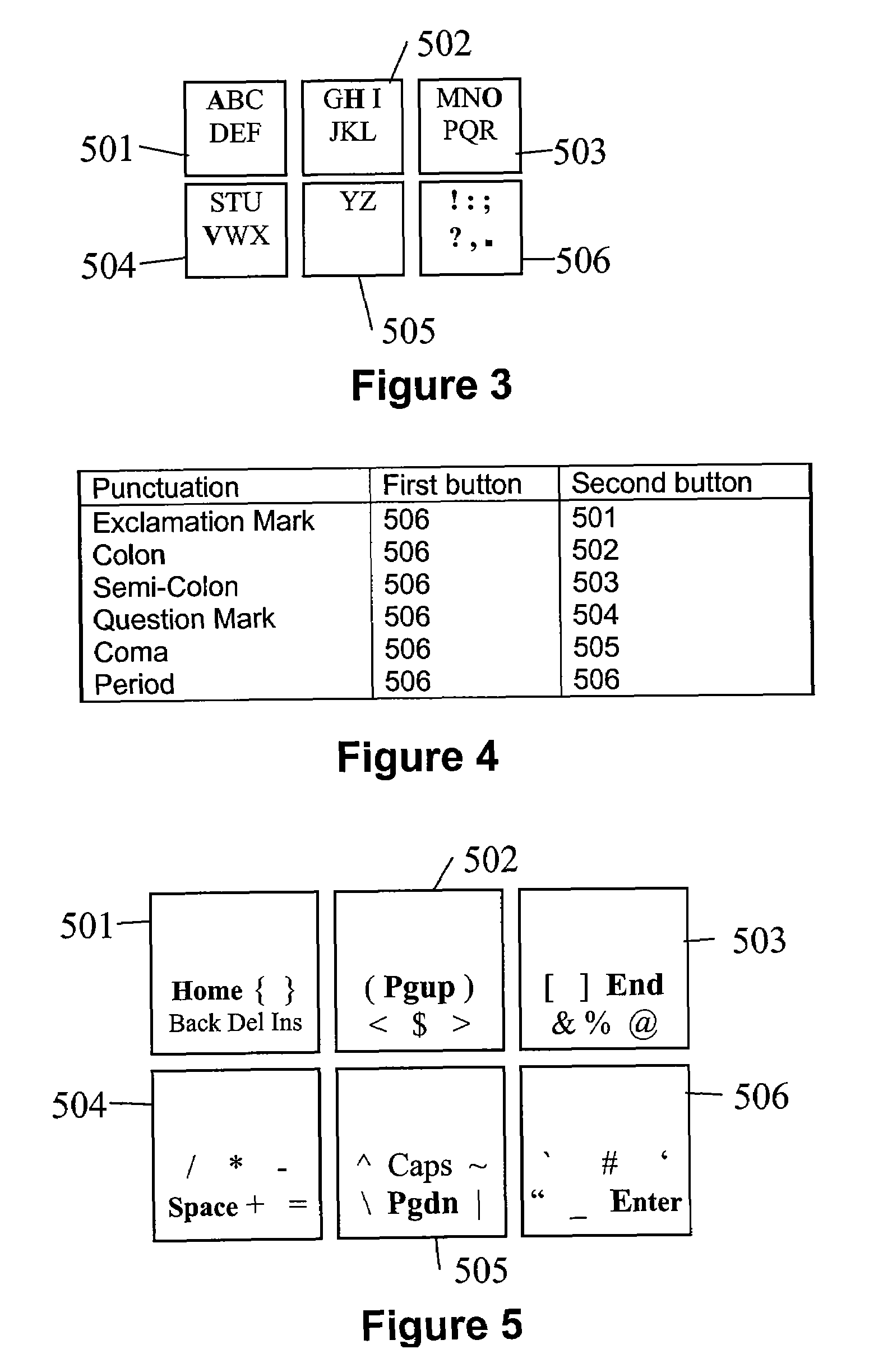Patents
Literature
255 results about "English alphabet" patented technology
Efficacy Topic
Property
Owner
Technical Advancement
Application Domain
Technology Topic
Technology Field Word
Patent Country/Region
Patent Type
Patent Status
Application Year
Inventor
The modern English alphabet is a Latin alphabet consisting of 26 letters, each having an upper- and lower-case form. It originated around the 7th century from the Latin script. The exact shape of printed letters varies depending on the typeface (and font), and the shape of handwritten letters can differ significantly from the standard printed form (and between individuals), especially when written in cursive style.
System and method for writing Indian languages using English alphabet
ActiveUS7177794B2Uniform phonetic representationSimple processNatural language translationSpecial data processing applicationsEnglish charactersMalayalam
A system and method for writing Indian languages using the English writing scheme is provided that includes specifying a script using the English alphabet to represent the various characters and character combinations in various Indian languages. The specified script follows the writing conventions of English. This script is based on how the Indian languages are spoken and rules are specified to facilitate mapping the sounds represented in English characters to the native language in its written form. This common method is intended for writing Hindi and related languages, such as Sanskrit, Marathi, and Gujarathi, and Bengali and somewhat distant, but closely related Dravidian languages, such as Malayalam, Tamil, Kannada, and Telegu.
Owner:MANI BABU V +1
Data entry using sequential keystrokes
InactiveUS7649478B1Minimize timeReduce in quantityInput/output for user-computer interactionCode conversionAlgorithmUser input
A method for designing a keyboard for efficient data entry. A user inputs data from a predefined set of characters such as letters or symbols on an input device by pressing one or more keys, in a sequential fashion, for each character. Based on the frequency of occurrence for each character, a prefix-free coding is used to generate an optimal or near-optimal key sequence mapping for the given character set. In one exemplary embodiment, eight to twelve keys from a phone keypad are used to generate English alphabets, which substantially reduces the average number of keystrokes per character. The present invention enables the user to efficiently input typical data from a given probability distribution of characters using a limited number of keys.
Owner:YOON HYOUNGSOO
Chinese romanization
InactiveUS20050222838A1Easy to learn and rememberSimplified typesNatural language data processingSpecial data processing applicationsSpeech soundSyllable
The invention disclose: Chinese spelling scheme, Chinese alphabetic writing and Phonetic Symbols scheme. The Chinese spelling scheme which is used English letters to mark the tones, it is reduced to 5 sound symbols of the monosyllabic words from 6 spelling letters of other schemes at most. Between the syllables is clearly demarcated. It can be used as marks in sound and tone for Chinese characters, and also can form an alphabetic writing independently which follows the law of international languages. It's highly integrated with word, sound, and code which can be displayed each other and converted each other. It can be translated directly with the Chinese-language sentence and foreign languages. The Phonetic Symbols do not go beyond the range of 26 letters and symbols of common used English keyboard, which can not only be used to mark in English and other languages, but also can be used as a phonetic symbol written language independently.
Owner:GONG XUE SHENG
License plate character recognition method based on K-L transform and LS-SVM
InactiveCN101329734AReduce the dimensionality of the feature spaceSolve the speed problemCharacter and pattern recognitionChinese charactersDimensionality reduction
The invention discloses a license plate character recognition method based on the combination of K-L transformation and LS-SVM. Firstly, the method of K-L transformation is adopted to carry out dimensionality reduction of features to a character image of the license plate; then, according to the permutation features of the character image of the license plate, the cluster distance method of cluster analysis is adopted, and four groups of optimal LS-SVM classifiers of binary trees are designed to respectively realize the recognition of English alphabets, numbers, characters and English alphabets plus numbers in license plate characters. The method adopted by the invention better solves the problem that other license plate character recognition methods have unidentifiable fields, does not require to traverse all classifiers when classifying, thus greatly improving classifying efficiency, shortening the feature extraction process of the license plate characters, reducing the calculation work of sample training and the recognition time of the license plate characters and simultaneously improving the recognition rate of a license plate recognition system and the capability of classification and promotion.
Owner:CHONGQING UNIV
Multi-font multi- letter size print form charater recognition method based on 'Yi' character set
The invention relates to a multi-font multi-size printed character recognition method based on a Yi character set, which takes a single-page file of a Yi printed book or a magazine as a processing object, the page of the file is firstly scanned to be a picture file in a computer, after the Yi characters, and commonly used characters such as punctuation characters, English letters, numbers in the picture file are carried out foremost segmentation, mergence and re-segmentation, the high-dimensional characteristics based on the contribution degree on the peripheral direction of each single character obtained by segmentation are extracted and then compressed into low-dimensional characteristics by using a characteristic compression conversion matrix, the classification determination of the characters are completed by the dictionary three-level characteristic matching based on the low-dimensional characteristics, the characters are carried out the post-treatment by a file, combined and reduced to a computer text, and the characters which may be identified wrongly in the text are prompted.
Owner:SOUTH CENTRAL UNIVERSITY FOR NATIONALITIES
Chinese romanization
InactiveUS7398199B2Easy to learnEasy to rememberNatural language data processingSpecial data processing applicationsSyllableMonosyllabic word
The invention disclose: Chinese spelling scheme, Chinese alphabetic writing and Phonetic Symbols scheme. The Chinese spelling scheme which is used English letters to mark the tones, it is reduced to 5 sound symbols of the monosyllabic words from 6 spelling letters of other schemes at most. Between the syllables is clearly demarcated. It can be used as marks in sound and tone for Chinese characters, and also can form an alphabetic writing independently which follows the law of international languages. It's highly integrated with word, sound, and code which can be displayed each other and converted each other. It can be translated directly with the Chinese-language sentence and foreign languages. The Phonetic Symbols do not go beyond the range of 26 letters and symbols of common used English keyboard, which can not only be used to mark in English and other languages, but also can be used as a phonetic symbol written language independently.
Owner:GONG XUE SHENG
Vehicle license plate location method based on character position
InactiveCN105528609ARobustImprove positioning rateImage analysisCharacter and pattern recognitionRgb imageComputer vision
The invention discloses a vehicle license plate location method based on a character position. The method comprises a first step of image down sampling in which down sampling operation for every K pixels is carried out on an RGB image in an ROI area, and the width of the ROI is roughly the width of a lane, a second step of image pretreatment in which the environment is roughly judged according to an original image and a different pretreatment mode is carried out on a different illumination condition, a third step of rough vehicle license plate location, a fourth step of fine vehicle license plate location, a fifth step of acquiring the position of the vehicle license plate in the original image according to the down sampling parameter K and the position of a candidate vehicle license plate when mapping of the vehicle license plate is carried out, carrying out mapping on a left position of the first English alphabet and acquiring the position in the original image, and a sixth step of vehicle license plate inclination correction in which correction pretreatment is firstly carried out on the vehicle license plate when vehicle license plate inclination correction is carried out, the position of a red character in the vehicle license plate is then judged, horizontal correction and vertical correction are carried out, and correction post-treatment is finally carried out.
Owner:JIANGSU XINGZE IND DEV
Native language domain name registration and usage
InactiveUS7020602B1Natural language translationData processing applicationsNatural language processingDomain name
A domain name system includes a native language domain name registrar, which receives a native language domain name registration request. The native language domain name comprises at least one non-alphanumeric character not included in the allowable character set for domain name registration, i.e., the English alphabets A through Z, the Arabic numbers 0 through 9 and the hyphen “-”. Each of the non-alphanumeric characters is converted to a string of alphanumeric characters to produce an alphanumeric domain name comprised of strings of alphanumeric characters uniquely representing the native language domain name being requested to be registered. The resulting alphanumeric domain name is registered with the domain name registration system, and is used in the domain name / IP address entry in the domain name server (DNS). An algorithm based conversion between each of the native language character and the corresponding alphanumeric character string is used to maintain a unique correspondence between a native language character and the corresponding alphanumeric character string. The same algorithm may be provided to the web browsers installed on the computer of a world-wide-web (WWW) user to convert native language domain names to the corresponding alphanumeric domain names, which are ultimately used for domain name lookup process during the respective WWW browse sessions.
Owner:KIM KI S +1
A method for processing Chinese character information and a method for splitting and storing Chinese characters
InactiveCN102262683ASpecial data processing applicationsInput/output processes for data processingInformation processingChinese characters
The invention provides a Chinese character input method. A separation of a unit in the shape of Chinese character Wei is carried out on each Chinese character and the separating results are stored into a radical database; the unit in the shape of Chinese character Wei is composed of nine directions and the nine directions are as follows from left to right and from up to down: left-up, up, right-up, left, middle, right, left-down, down and right-down; each Chinese character can be separated into radicals of multiple parts of the unit in the shape of Chinese character Wei; the parts and the radicals, and the data of spellings, tones and strokes are stored into a radical database. The method provided by the invention establishes a series of natural and scientific principles of separating, checking, encoding and alphabetizing the Chinese characters and also establishes a radical checking input method for finding and inputting Chinese characters through an input radical combination; the input method utilizes numeric keys of numbers 0-9 or letter keys a-z to input radicals and then inputs Chinese characters through checking the radical database; the encoding based on the separation without information loss realizes a solution of Chinese character input and Romanization and the solution is named as 'one-word text'.
Owner:何瑞芳
Concealed communication method
The invention discloses a concealed communication method. The method comprises the following steps that encryption is performed on first original data on a sending end and a receiving end so as to form concealed information and generate a binary sequence of the concealed information, and the binary sequence is recorded as a sending-end original cipher; the binary sequence of the concealed information is converted into a sending-end Chinese character sequence and is sent to the receiving end; the receiving end receives the concealed information and carries out decryption. Through the above mode, by using the concealed communication method provided in the invention, a Chinese character coding is used to embed the concealed communication into a Chinese character; through analyzing the concealed information which needs to be transmitted, the concealed information is converted into English letters in a split-up mode and then are converted into a Chinese character; then the Chinese character is transmitted to a target site through forms of a mail, a webpage and a picture so that a purpose of transmitting the concealed information is reached. A concealed channel established by using the method possesses advantages of a high capacity and high concealed performance. In the method, the concealed information is packed and transmitted in a data portion of an IP data packet.
Owner:SUZHOU INST FOR ADVANCED STUDY USTC
English input method and system
ActiveCN101546226AImprove experienceImprove the efficiency of inputting EnglishSpecial data processing applicationsInput/output processes for data processingUser inputWildcard character
The embodiment of the invention provides an English input method and an English input system, and belongs to the technical field of computers. The input method comprises the following steps: intercepting an English alphabetic string before a first wildcard from input English alphabetic combination containing wildcards; searching and acquiring all English words of which the corresponding positions contain the intercepted English alphabetic string, matching all of the English words with the wildcards contained in the input English alphabetic combination one by one, and taking English words with qualified matching as candidate words; and outputting an English word which is selected from the candidate words and matched with the input English alphabetic combination containing the wildcards. The corresponding input system comprises an input unit, an interception unit, a searching and acquisition unit, an English word bank unit, a selection unit and an output unit. The method is simple, and can make a user who is not familiar with or forgets the spelling of the English words quickly input English through a mode of adding the wildcards, so that the method increases user experience and improves the efficiency of inputting the English for the user.
Owner:SHENZHEN SHI JI GUANG SU INFORMATION TECH
Method for quickly burning Firmware on blade server
InactiveCN102508685AAvoid manual entrySuitable for failure analysisProgram loading/initiatingBatch processing16-bit
The invention provides a method for quickly burning Firmware on a blade server. The method comprises the following steps of: (1) using a method for recording long-sequence codes, such as a multi-access control / system automation system (MAC / SAS) address and the like, by using a bar code scanning gun, wherein the used method has the advantages of scanning an MAC / SAS address sequence at one time, avoiding manually inputting 12 to 16 bits of sequence codes or even longer sequence codes by an operator and improving the efficiency and the accuracy, and the used method is suitable for single-module burning, is applied to operating step by step, and is suitable for fault analysis on modules; (2) compiling a burning command comprising a plurality of English letters or words into a batch processing script, wherein sentences are simplified, and the operator finishes burning by only needing to type in one English letter or word; and (3) splitting a recorded continuous MAC / SAS address sequence string at any section length and any section number so as to meet requirements of burning commands in various formats.
Owner:LANGCHAO ELECTRONIC INFORMATION IND CO LTD
System and process for teaching speech to people with hearing or speech disabilities
System and process for teaching speech utilizing visual phonemes as physical, representations or surrogates of spoken sounds. Such demonstration teaching tools or implements may be tangible or viewed on a computer, and are provided. These are distinguished by recognizable shapes and colors. They are modeled upon a number of sources including: characters of the International Phonetic Alphabet; shapes of a speaker's mouth configurations; certain English alphabet letters associated with spoken sounds. Visual phonemes representing spoken vowel sounds have warm colors; those representing consonants, cool colors. Combinations of vowel sounds, diphthongs, are represented by visual phonemes displaying blends of warm colors representing each spoken vowel sound in the diphthong combination. The implements may be rigid or flexible, or displayed in electronic form. They may be fabricated to facilitate mounting on a display surface. The disclosed system and process may be advantageously presented in the form of a portable kit.
Owner:KAUL SANDRA D
Voice generator, method for generating voice, and navigation apparatus
ActiveUS7555433B2Simple processIncrease in scale and complexityNatural language translationRoad vehicles traffic controlEngineeringSpeech sound
A main controller feeds a spelling translator with a text item representing a place name stored in a map database. The spelling translator translates the spelling of the text item according to rules described in a translation rule table. The spelling translator translates, e.g., a French character or string included in the text item and not included in the English alphabet into an English alphabet character or string having a pronunciation equivalent or similar to the pronunciation of the French character or string. The translated text item is fed into a TTS engine for English. The TTS engine converts the text item into voice, which is output from a speaker.
Owner:ALPINE ELECTRONICS INC
Playing Cards with the Added Function of Teaching and Learning English Phonics
InactiveUS20100209895A1More learning possibilityStimulatingEducational modelsTeaching apparatusPlaying cardLettering
Playing cards with an added function of teaching and learning English phonics are provided. In addition to the index labels of A to K and the corresponding symbols of clubs, diamonds, spades, and hearts printed on conventional playing cards to enable conventional functions thereof, the disclosed playing cards are provided with single letters or letter strings from the English alphabet, exemplary English words, image patterns, and serial numbers to facilitate teaching, self-learning, and guided learning of pronunciation and numbers.
Owner:RICCIARDI GEOFFREY S +1
Zero-memory Chinese character coding input method
ActiveCN101694601AType fastIncrease typing speedInput/output processes for data processingCapacitanceWord group
Owner:启东市三江建筑机械有限公司
Interactive Sequential Key System to Input Characters on Small Keypads
InactiveUS20080062016A1Easy to learnFast informationElectronic switchingInput/output processes for data processingNested arraysComputer science
This invention discloses an interactive sequential system to input letters of the English alphabet and of many world languages, numbers, punctuation marks and many other symbols on keypads with few buttons. The invention includes a device for receiving input characters from a user, having a keypad with a plurality of keys arranged in rows and columns forming a keypad array; a display screen showing a plurality of character sets arranged in rows and columns forming a character set onscreen array wherein each element in the character set array is mapped to each element in the keypad array; and a processor for receiving a selection of one of the plurality of keys on the keypad to designate a character set by its corresponding location coordinate as mapped on the keypad array. Sequential key selection drills down through nested arrays.
Owner:PHAM DON
Biosensor Requiring No Code Card
InactiveUS20080073208A1Improve accuracyImmobilised enzymesBioreactor/fermenter combinationsComputer scienceLettering
The present invention relates to a biosensor requiring no code card, which can be substantially a glucose monitor having a top key, a bottom key and a confirmation key arranged thereon for using the aforesaid top and bottom keys to control and select a set of English alphabet or numeral in a circulating manner and thereafter confirming and inputting a specific series of alphabets or numerals by pressing the confirmation key, whereas the specific series of alphabets or numerals is corresponding to a set of parameters stored in a parameter referencing unit arranged inside the glucose monitor and can be find on the package of a test strip. As soon as the specific series of alphabets or numerals is inputted into the glucose monitor, the set of parameter corresponding thereto is send to a micro processing unit for using the same to perform a setting and calibration operation so as to enhancing the accuracy of the glucose monitor. In a preferred embodiment, the top and the bottom keys can be replaced and substituted by a left key and a right key.
Owner:WANG CHIA NAN +1
Numerical keyboard Chinese input method with 10 key places
InactiveCN1407434AImprove input efficiencyWith association functionInput/output processes for data processingNumeric keypadLogical layer
A numeral input method for Chinese ideogram involves data processing. Its essential point is distribution of 26 English alphabets onto 10 numeral key buttons in three logical layers. Some non-numeralkey buttons are defined as control ones, switch ones and functional ones. The average numbers of strokes to input a consonant are 1.5. It has simplified phrase and legand input functions, eliminates button delay to input continuously, and is available for mobile or fixed telephones.
Owner:YIYONG SOFTWARE TECH TIANJIN
Method for inputting Chinese characters, English alphabets, and Korean characters by using a numerical keyboard
InactiveUS20070016858A1Avoid unnecessary repetitionEasy to understandDigital computer detailsSpecial data processing applicationsChinese charactersConsonant
A method for inputting Chinese characters, English alphabets, and Korean characters by using a numerical keyboard. The numerical keyboard includes a switching key set for switching the numerical keyboard to a respective software for presenting the Chinese characters, English alphabets and Korean characters. The Chinese characters, English alphabets, and Korean characters are distributed in the keys of the numerical keyboard. The Chinese character is inputted by clicking keys representing first stroke of a traditional recognized component of a Chinese character to be inputted and, a first and a last strokes of a non-traditional recognized component. The English alphabet and the Korean characters are inputted by keys representing vowels, consonants and epilogs thereof and if necessary, other keys for identifying the Chinese characters having same input way are inputted, and the # key and *key are used as auxiliary keys.
Owner:LEE CHIEN HSING
Electronic identification method for handwritten characters
ActiveCN104463157AAccurate segmentationAvoiding the Difficulty of Handwriting SegmentationCharacter and pattern recognitionArabic numeralsElectronic identification
The invention relates to an electronic identification method for handwritten characters. The electronic identification method includes the following steps: S11, obtaining pattern information of the handwritten characters in a preset parting line answer sheet or a blank area, wherein a parting line is a solid parting line section or an electronic virtual parting line section, and the handwritten characters include English letters, Arabic numerals and punctuation marks; S12, conducting geometric correction on the pattern information to obtain correction characters; S13, conducting matching identification according to characteristics of the correction characters. The electronic identification method is applied to the answer sheet identification field, can be used for accurately parting handwritten English characters and the Arabic numerals, solves the handwritten parting problem, and enables application of off-line handwriting recognition to be possible. According to the electronic identification method, as the characteristic of the English characters can be rapidly extracted through the simple and rapid character characteristic extraction method, the method can be applied to devices with limited calculation capacity, and the application range of handwritten identification is greatly enlarged.
Owner:李宇
System and process for teaching speech to people with hearing or speech disabilities
System and process for teaching speech utilizing visual phonemes as physical, representations or surrogates of spoken sounds. Such demonstration teaching tools or implements may be tangible or viewed on a computer, and are provided. These are distinguished by recognizable shapes and colors. They are modeled upon a number of sources including: characters of the International Phonetic Alphabet; shapes of a speaker's mouth configurations; certain English alphabet letters associated with spoken sounds. Visual phonemes representing spoken vowel sounds have warm colors; those representing consonants, cool colors. Combinations of vowel sounds, diphthongs, are represented by visual phonemes displaying blends of warm colors representing each spoken vowel sound in the diphthong combination. The implements may be rigid or flexible, or displayed in electronic form. They may be fabricated to facilitate mounting on a display surface. The disclosed system and process may be advantageously presented in the form of a portable kit.
Owner:KAUL SANDRA D
Language phonetic system and method thereof
InactiveUS20050102132A1Easy to learnEasy to getNatural language translationReadingSpeech soundLettering
A phonetic system having vowel phonetic symbols separated into full sound symbols and half sound symbols, and consonant phonetic symbols. The full sounds symbols are represented by letters in the English alphabet. The half sound symbols are represented by letters in the English alphabet with a predetermined symbol. Most consonant phonetic symbols are taken from consonant letters of English vocabularies. A phonetic diagram where the vowel phonetic symbols and the consonant phonetic symbols are systematically arranged therein is provided to allow user to easily visualize the vowel and consonant phonetic symbols. The phonetics utilizes direct phonetic spelling method, so as to enable easier obtaining of correct pronunciation. It also helps avoiding the possibility of misreading by utilizing combination of letters that do not appear in the English language.
Owner:SU KUOJUI
Language phonetic system and method thereof
InactiveUS7292971B2Easy to learnEasy to getNatural language translationReadingSymbolic SystemsSpeech sound
A phonetic system having vowel phonetic symbols separated into full sound symbols and half sound symbols, and consonant phonetic symbols. The full sounds symbols are represented by letters in the English alphabet. The half sound symbols are represented by letters in the English alphabet with a predetermined symbol. Most consonant phonetic symbols are taken from consonant letters of English vocabularies. A phonetic diagram where the vowel phonetic symbols and the consonant phonetic symbols are systematically arranged therein is provided to allow user to easily visualize the vowel and consonant phonetic symbols. The phonetics utilizes direct phonetic spelling method, so as to enable easier obtaining of correct pronunciation. It also helps avoiding the possibility of misreading by utilizing combination of letters that do not appear in the English language.
Owner:SU KUOJUI
Collective word building and spelling game
InactiveUS20080311546A1FlexibilityIllustrates the flexibility of languageElectrical appliancesTeaching apparatusThe InternetLettering
The present invention provides an educational language building game, in which the players collectively spell words. The game pieces may take different forms made of different materials, such as a pack of spelling cards. The virtual version of the game can be played over the computer and the Internet. The game can be played by people, with robots using artificial intelligence, or both. The game pieces include more than one set of the 26 letters of the English alphabet and multiple non-alphabet game-specific symbols. The goal of the game play is to spell a complete word, i.e. an original word, a modified word, an extended word, or a compound word, in a language based on the English or Roman alphabet system. The game can also apply to other languages, such as Chinese, which have adopted the English or Roman alphabet system as one of its spelling methods. Anyone can have fun and enjoy its educational function in playing the collective word building and spelling game whether or not his or her native language is rooted in the English or Roman alphabet system. People can play it for many reasons: building spelling abilities, improving logical thinking, developing teamwork skills, entertainment, contest, or simply for helping younger children practice spelling in the spirit of cooperation.
Owner:WANG DARCY GINHWA
Speech recognition method and device, electronic equipment and readable storage medium
ActiveCN112669851AImprove recognition accuracyGuaranteed recognition accuracySpeech recognitionElectric power systemEngineering
The invention provides a voice recognition method and device, electronic equipment and a readable storage medium, and the method comprises the steps: inputting an obtained to-be-recognized voice signal into a pre-trained voice recognition model, and obtaining a recognition text matched with the to-be-recognized voice signal; wherein the speech recognition model comprises an acoustic model and a language model, the language model is generated by interpolation of a basic language model and a special language model, and the special language model is obtained by training a word segmentation text obtained by word segmentation of a structured instruction text, an extended text corresponding to the word segmentation text and an extended pronunciation dictionary corresponding to the word segmentation text; and the expanded pronunciation dictionary is obtained by expanding an initial pronunciation dictionary, and finally a voice instruction corresponding to the recognition text is determined. According to the method, the recognition accuracy of Chinese and English letter mixing, professional vocabularies in the proprietary field and Chinese and few word mixing can be improved, and the matching accuracy when an intelligent system, intelligent equipment or an inspection robot is in butt joint with an electric power system is effectively improved.
Owner:北京远鉴信息技术有限公司
Atonic pinyin input method without vowels on 1, 2 and 3 keys and with 26 letter key elements on 8 keys
The invention relates to an atonic pinyin input method without vowels on the 1, 2 and 3 keys and with 26 letter key elements on 8 keys. The method is characterized in that: vowel letter key elements are not distributed on the 1, 2 and 3 keys; 26 English letter key elements are distributed on eight corresponding figure keys of 1, 2, 3, 4, 5, 6, 7 and 8; Chinese characters are input in the form of pinyin without tones; and three input ways can be combined.
Owner:刘金远
Initial teaching alphabet for teaching phonetics
Systems and methods of teaching phonics represent words using ordinary spelling, and adjacently positioned clarifying symbols that consist primarily or entirely of the letters of a standard alphabet are used to assist in sounding out the words. Single ones of the vowel letters are preferably used to represent corresponding short vowel sounds, and combinations of the vowel letters are preferably used to represent long vowel sounds. The clarifying symbols preferably comprise an Initial Teaching Alphabet having 36 phonograms, which consists of standard letters of the English alphabet plus combinations of those letters. Various prompts are also contemplated, including underlining to highlight a plurality of the letters that form a blended sound, and coloration to show that certain letters are either silent or are sounded according to the adjacent phonetic symbol.
Owner:GUFFANTI STEPHEN
Chinese phonetic symbol, simplified phonetic symbol, English keyboard and tiny keyboard Chinese character input method
InactiveCN101556509AFast learningIncrease typing speedInput/output processes for data processingSyllableLettering
The invention discloses a Chinese phonetic symbol and a Chinese character input method thereof; the Chinese character input method comprises the following steps: basic vowels and consonants of the international phonetic symbol of Chinese characters regularly corresponded to the 26 English letters; the syllable ending ng of Chinese phonetic alphabets is changed into g according to the shape of the international phonetic symbol of Chinese characters, the final sounds including v, ou and ao are respectively changed into y, eu and au; both iong and yong are uniformly changed into yg; both ong and weng are uniformly changed into ug; o acts as an initial consonant as well as a final sound; initial consonants including zh, ch and sh are changed into v, w and o respectively; syllables starting with i, u and y are not changed; codes for a syllable need 4 letters at most. On the basis, final sounds can be further simplified so that a syllable needs 3 letters at most: for example, iau and uai are simplified into io and uy respectively; ieu, uei and uen are simplified into iu, ui and un respectively; an and ag with i, u and y in the front are simplified into m and h; ian, uan and yan are simplified into im, um and ym; and iag and uag are simplified into ih and uh.
Owner:郭恒勋
Sequential two-key system to input keyboard characters and many alphabets on small keypads
InactiveUS7417566B2Input/output for user-computer interactionElectric signal transmission systemsControl characterHand held
This invention discloses a sequential two-key system to input letters of the English alphabet and of many world languages, numbers, punctuation marks, page-control characters, line-control characters, cursor-control characters and many other symbols on keypads with few buttons. Character repeating, shifting and control access are feasible. Brief and easy to understand notations are displayed on the keypads. The system is easy to learn and the keypads may be used on portable devices such as PDA, hand-held computers, hand-held text-messaging devices and telephones.
Owner:PHAM DON
Features
- R&D
- Intellectual Property
- Life Sciences
- Materials
- Tech Scout
Why Patsnap Eureka
- Unparalleled Data Quality
- Higher Quality Content
- 60% Fewer Hallucinations
Social media
Patsnap Eureka Blog
Learn More Browse by: Latest US Patents, China's latest patents, Technical Efficacy Thesaurus, Application Domain, Technology Topic, Popular Technical Reports.
© 2025 PatSnap. All rights reserved.Legal|Privacy policy|Modern Slavery Act Transparency Statement|Sitemap|About US| Contact US: help@patsnap.com
